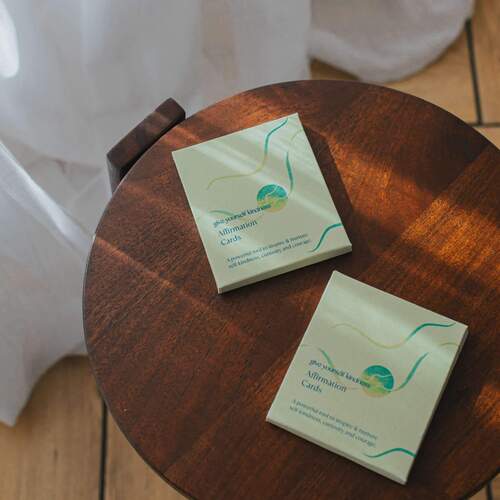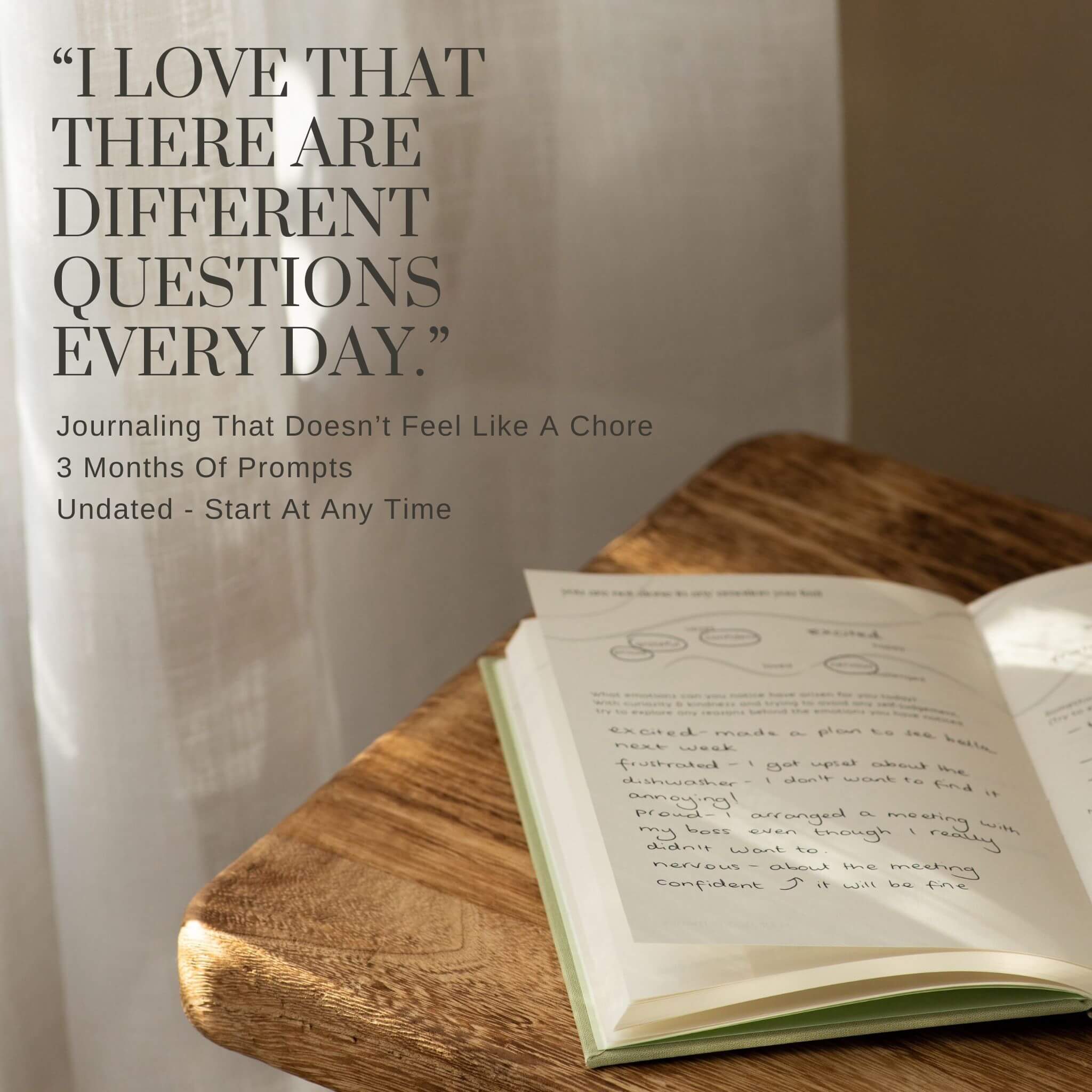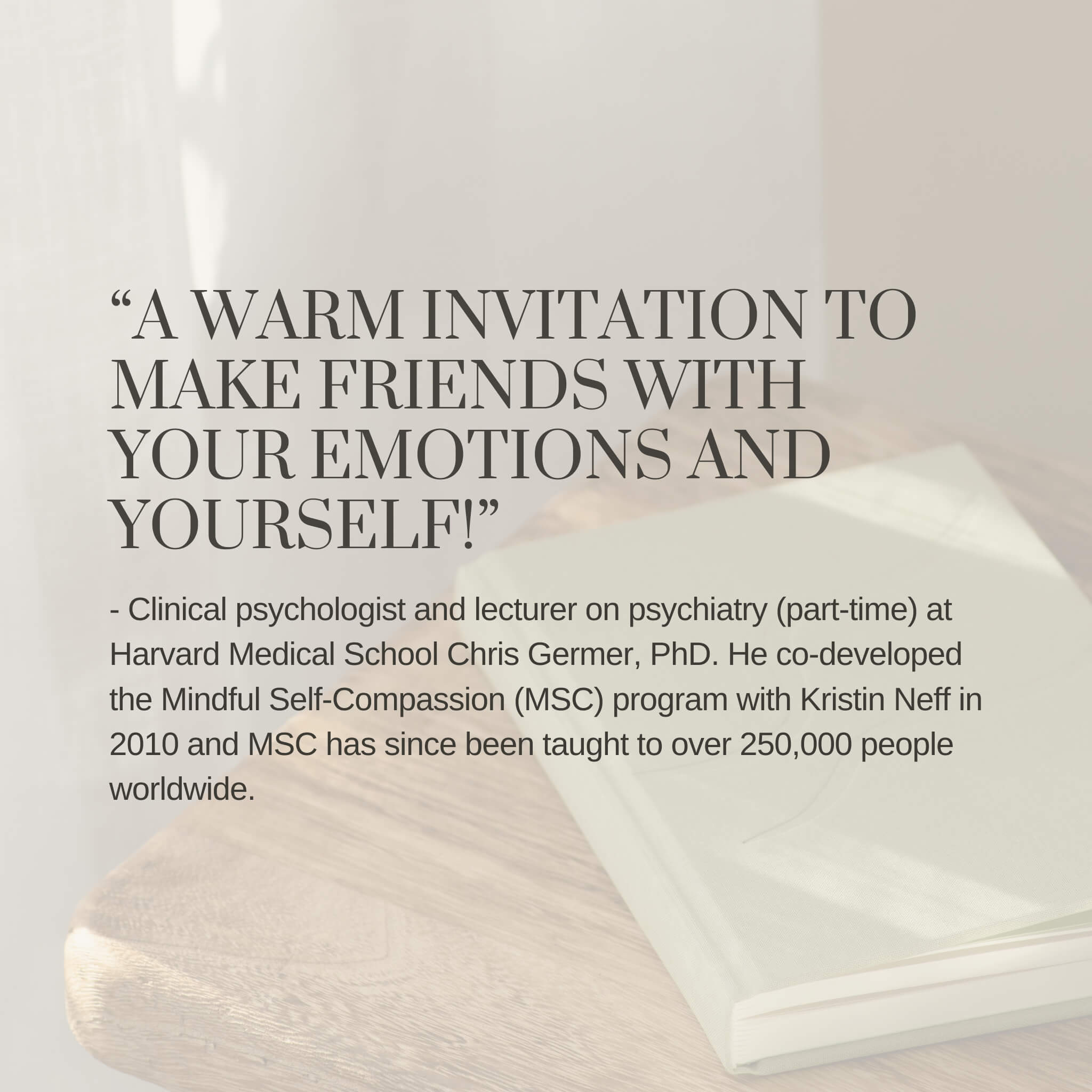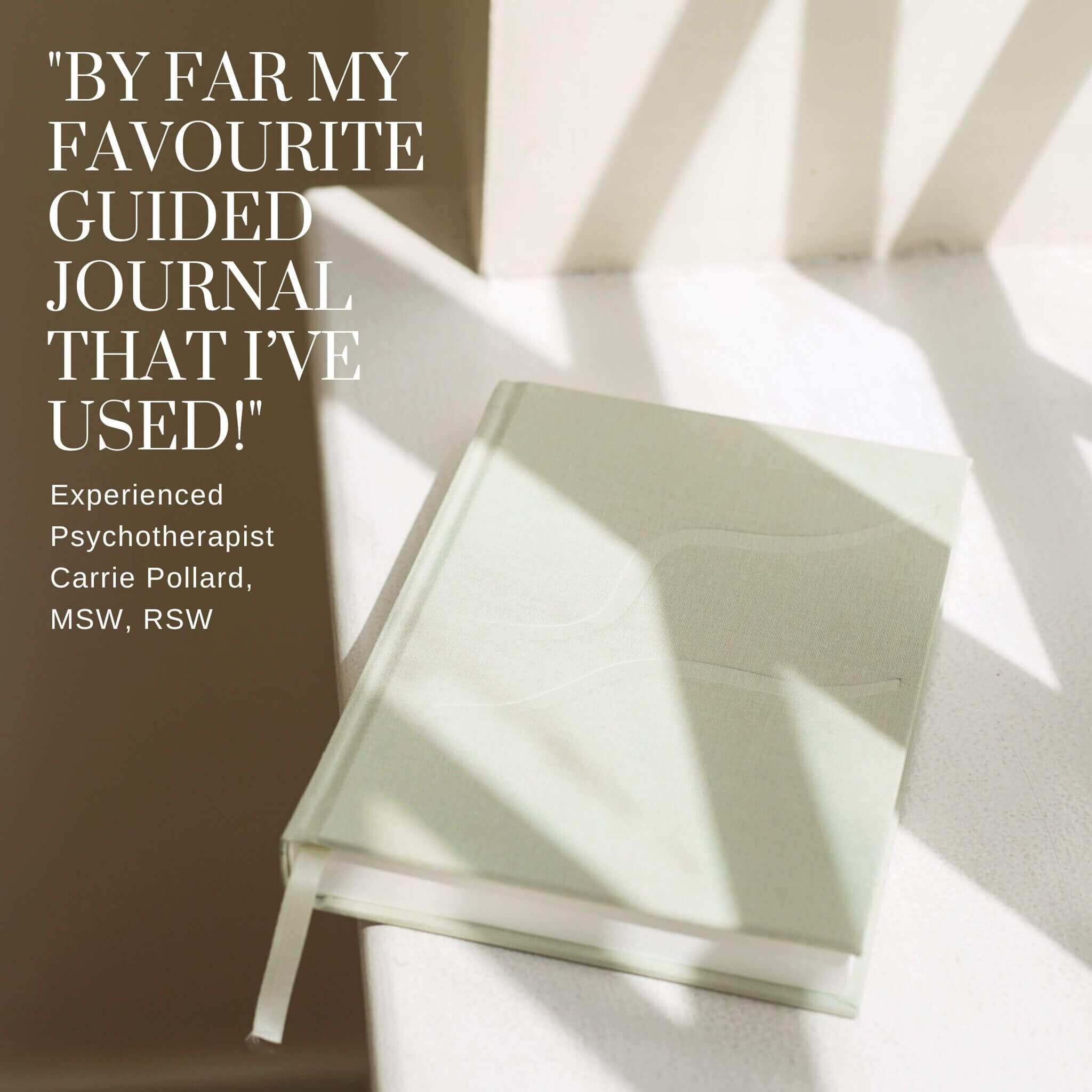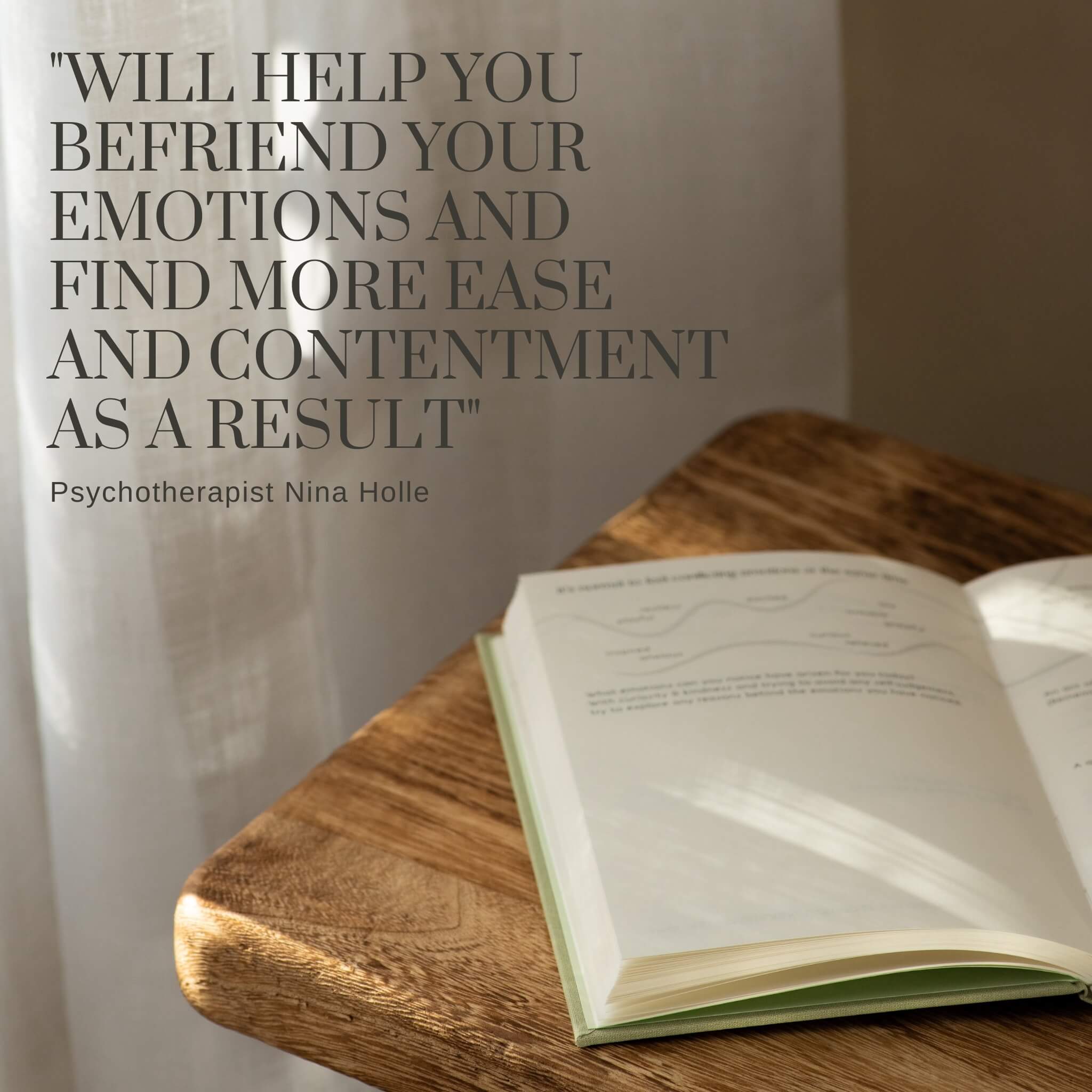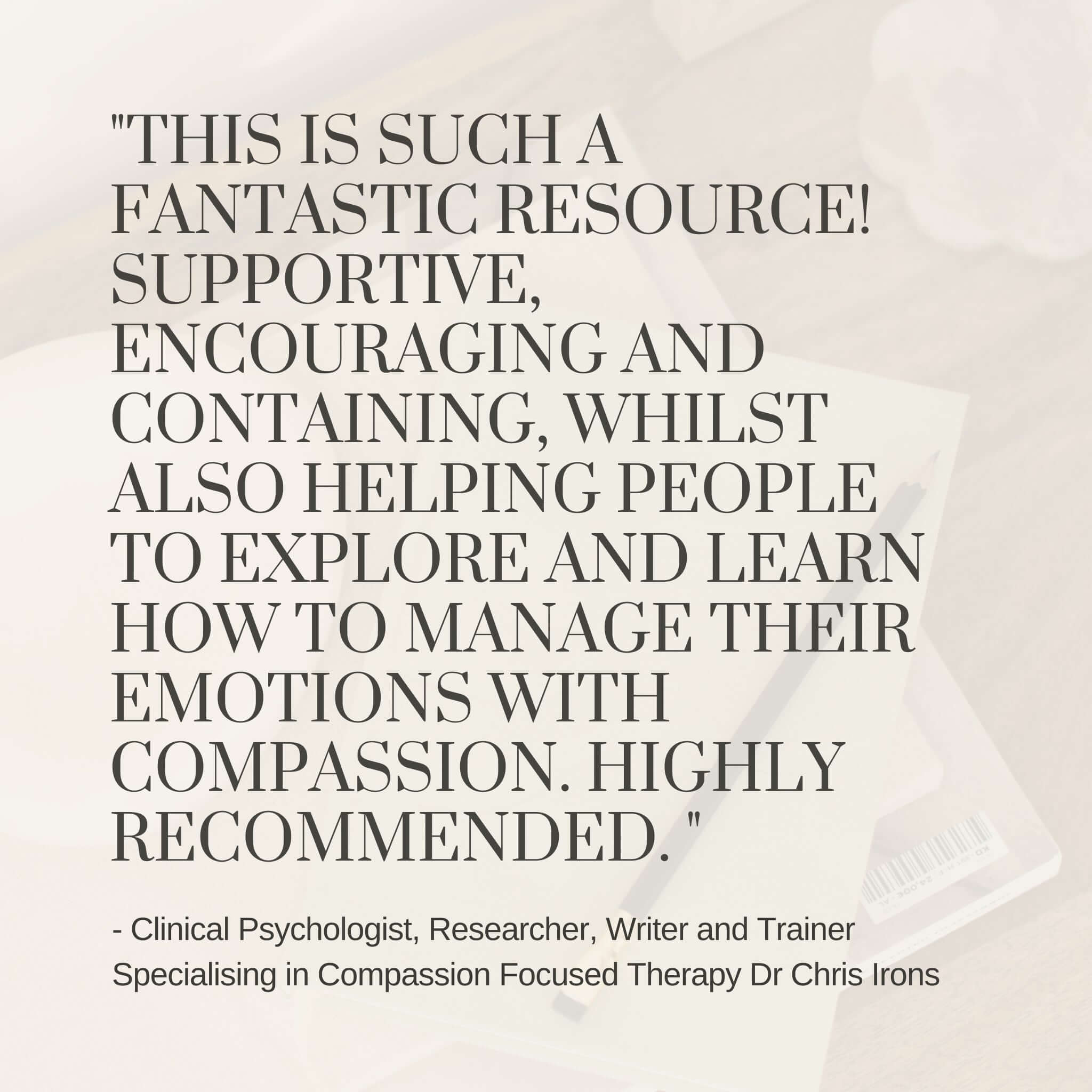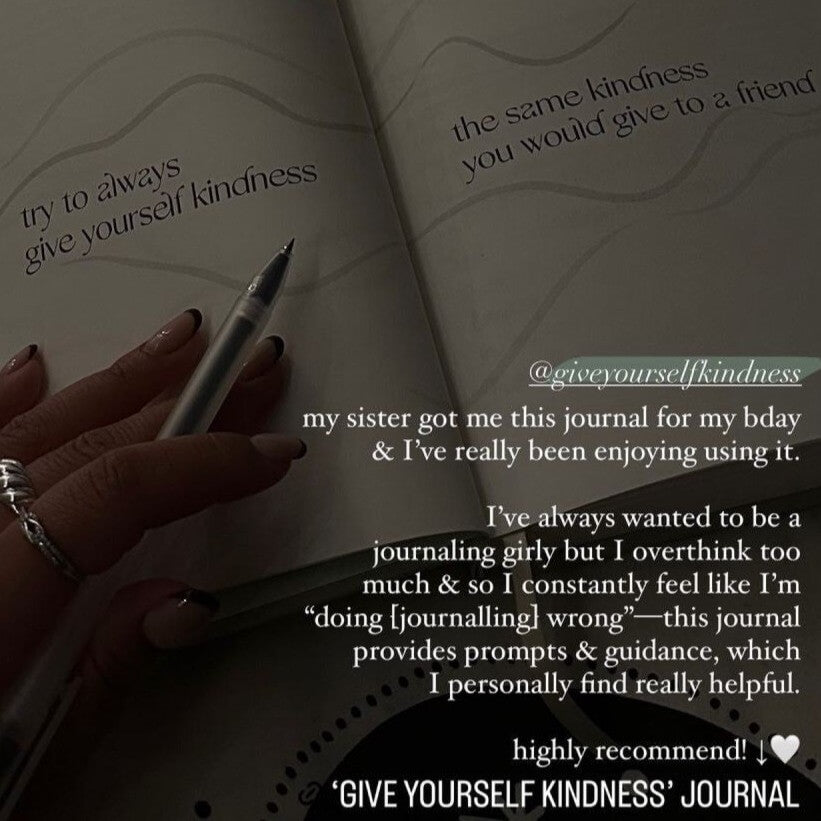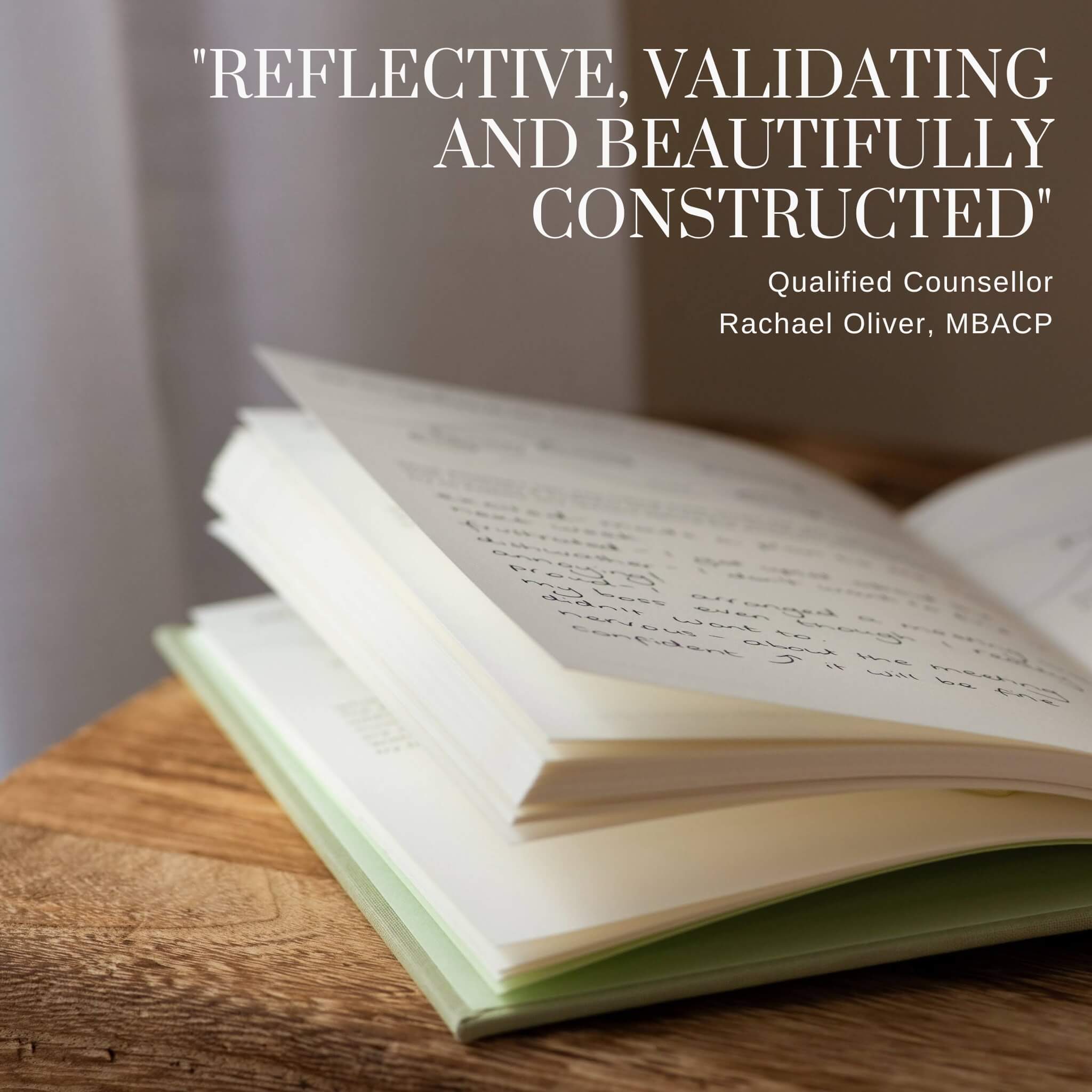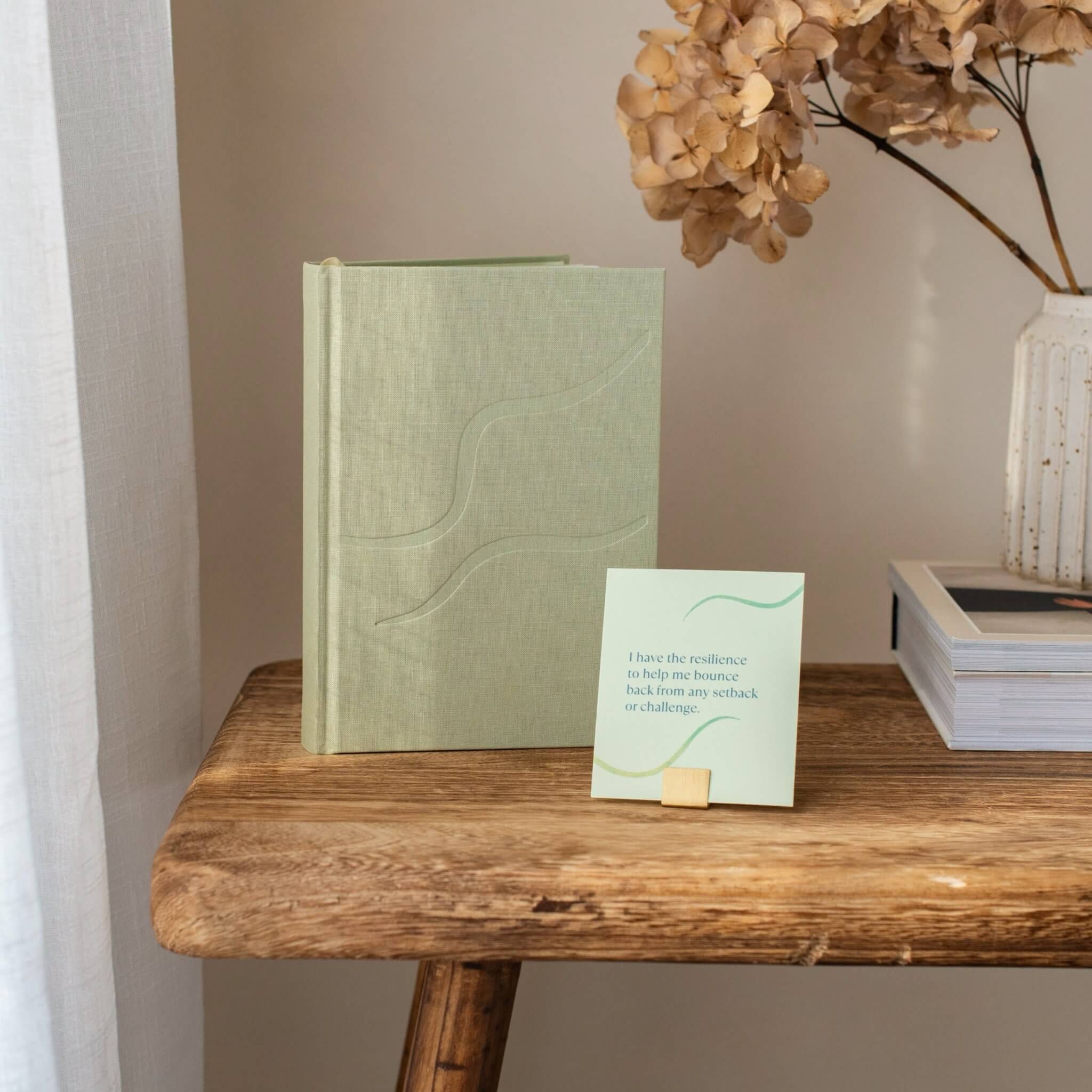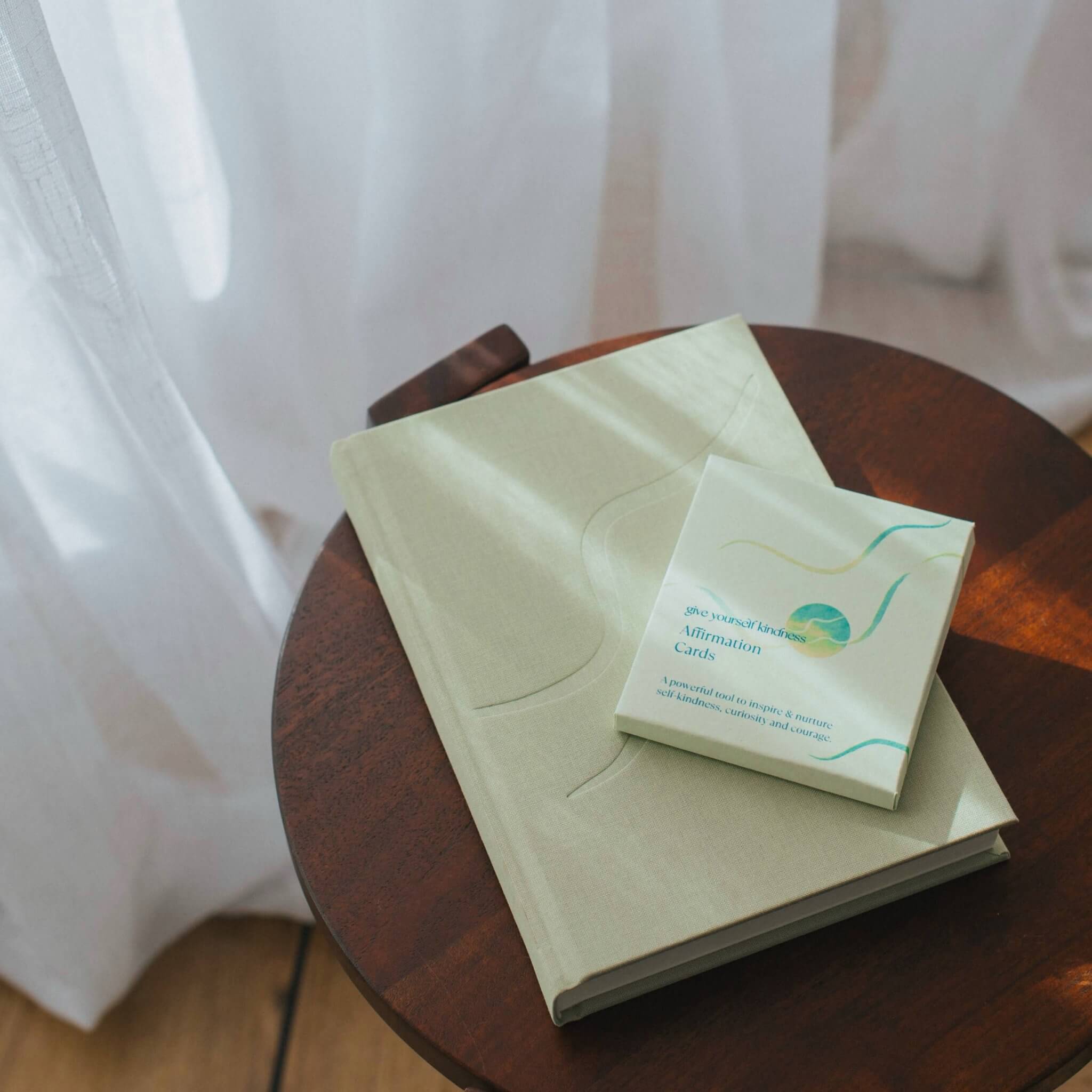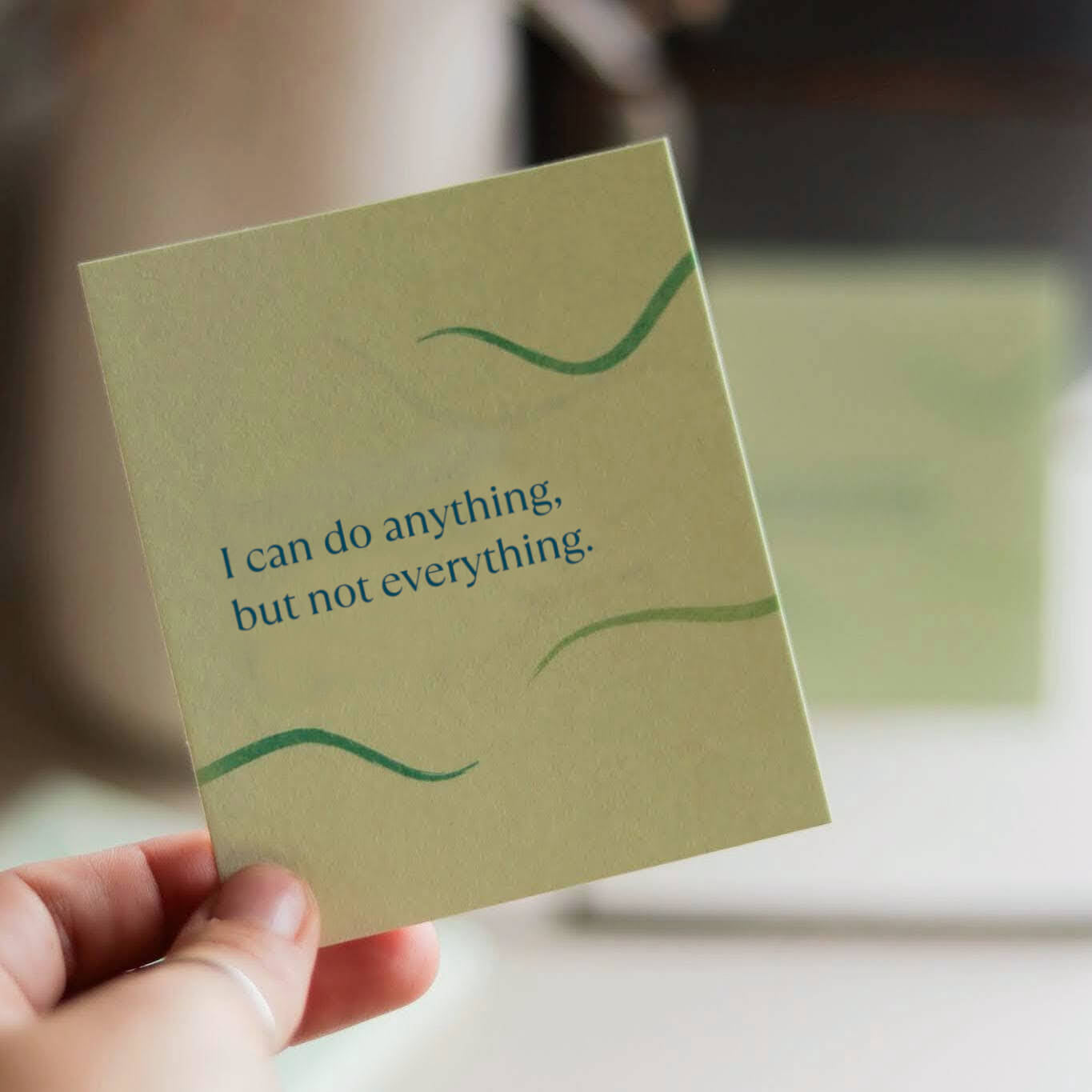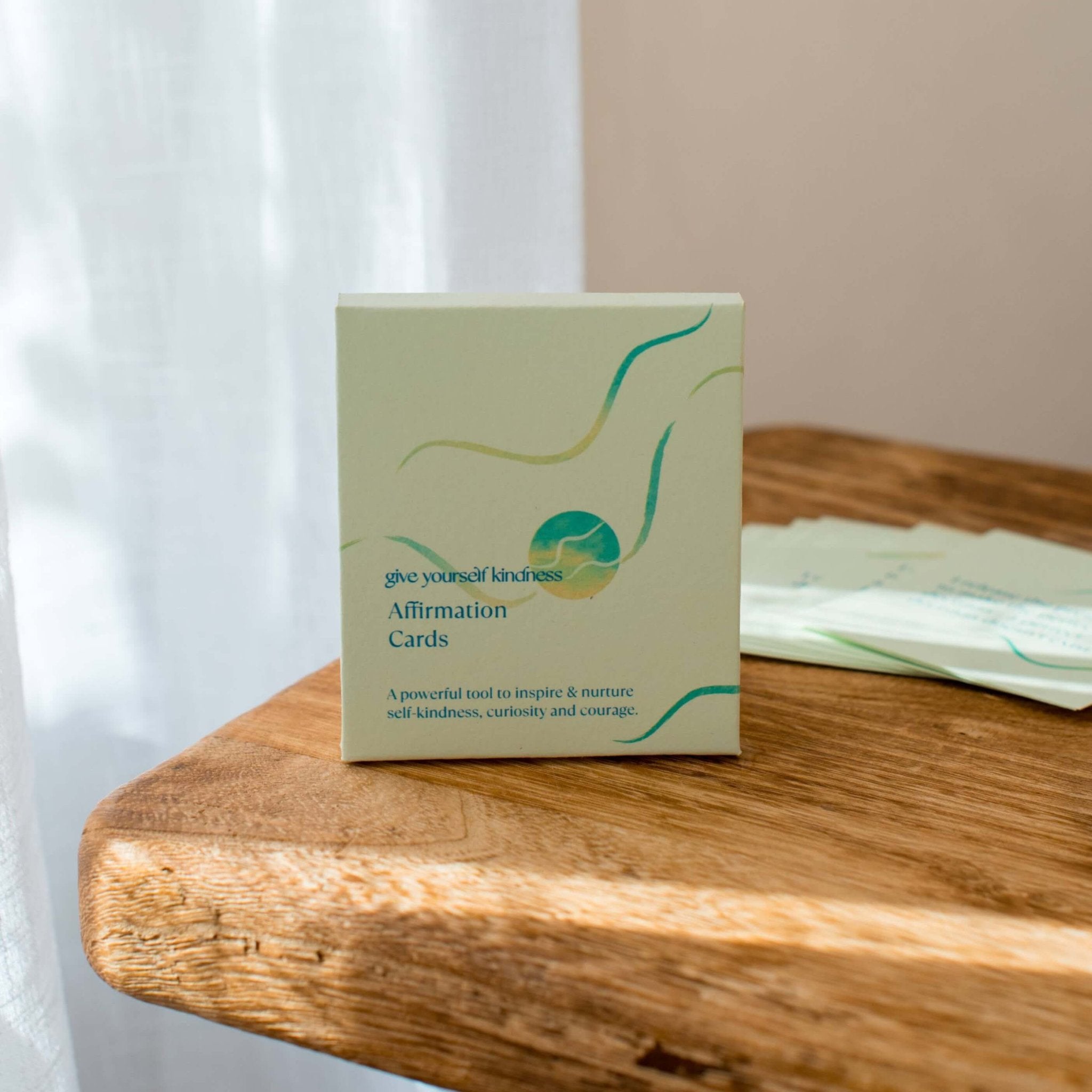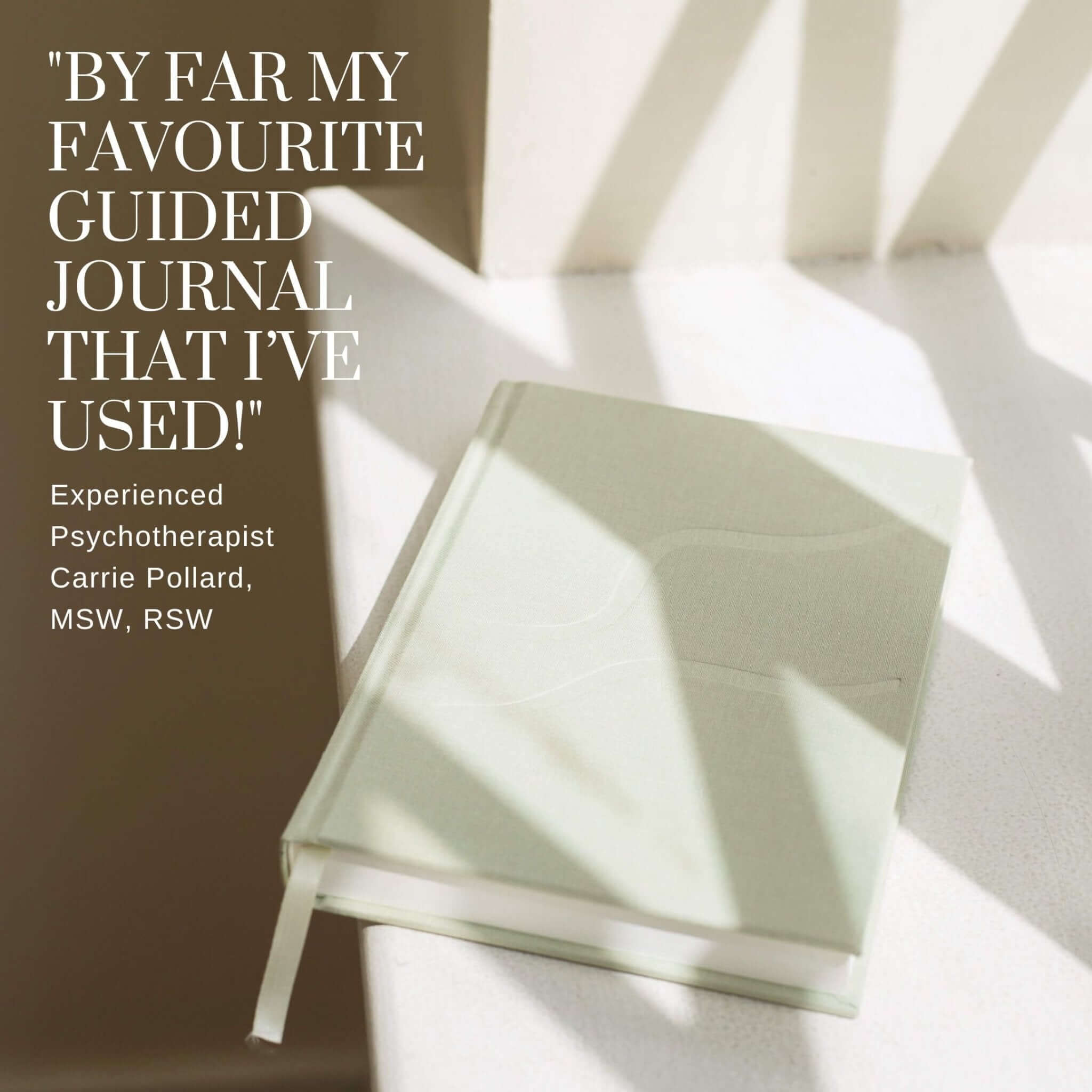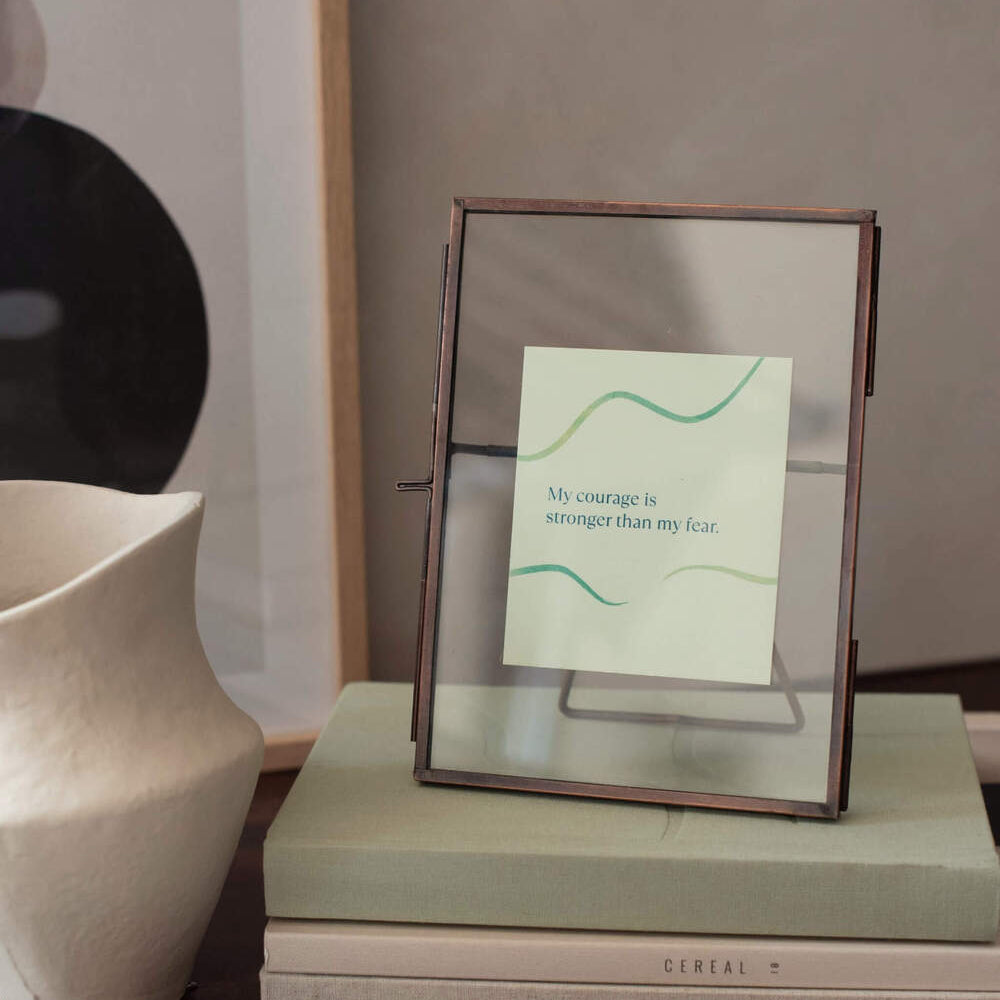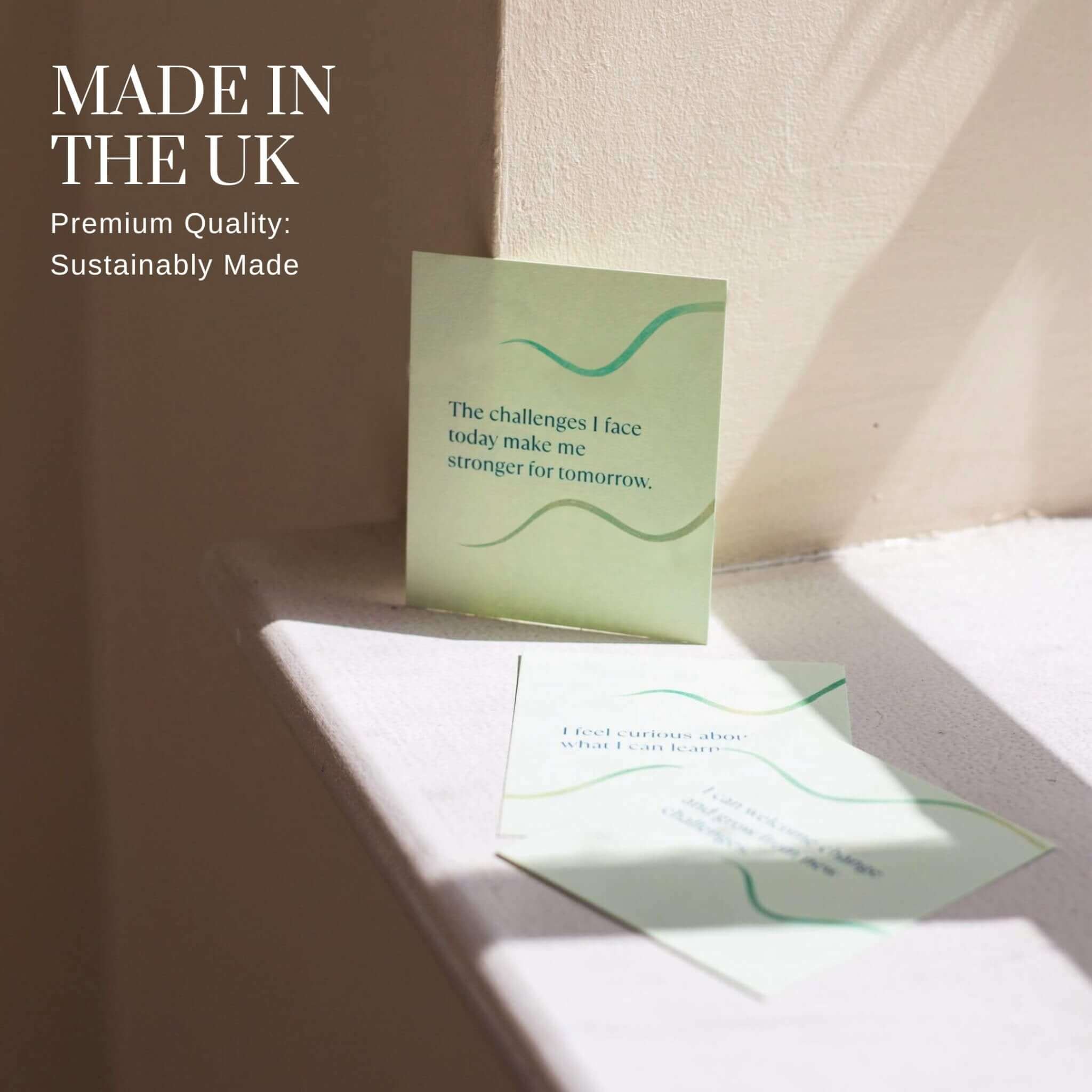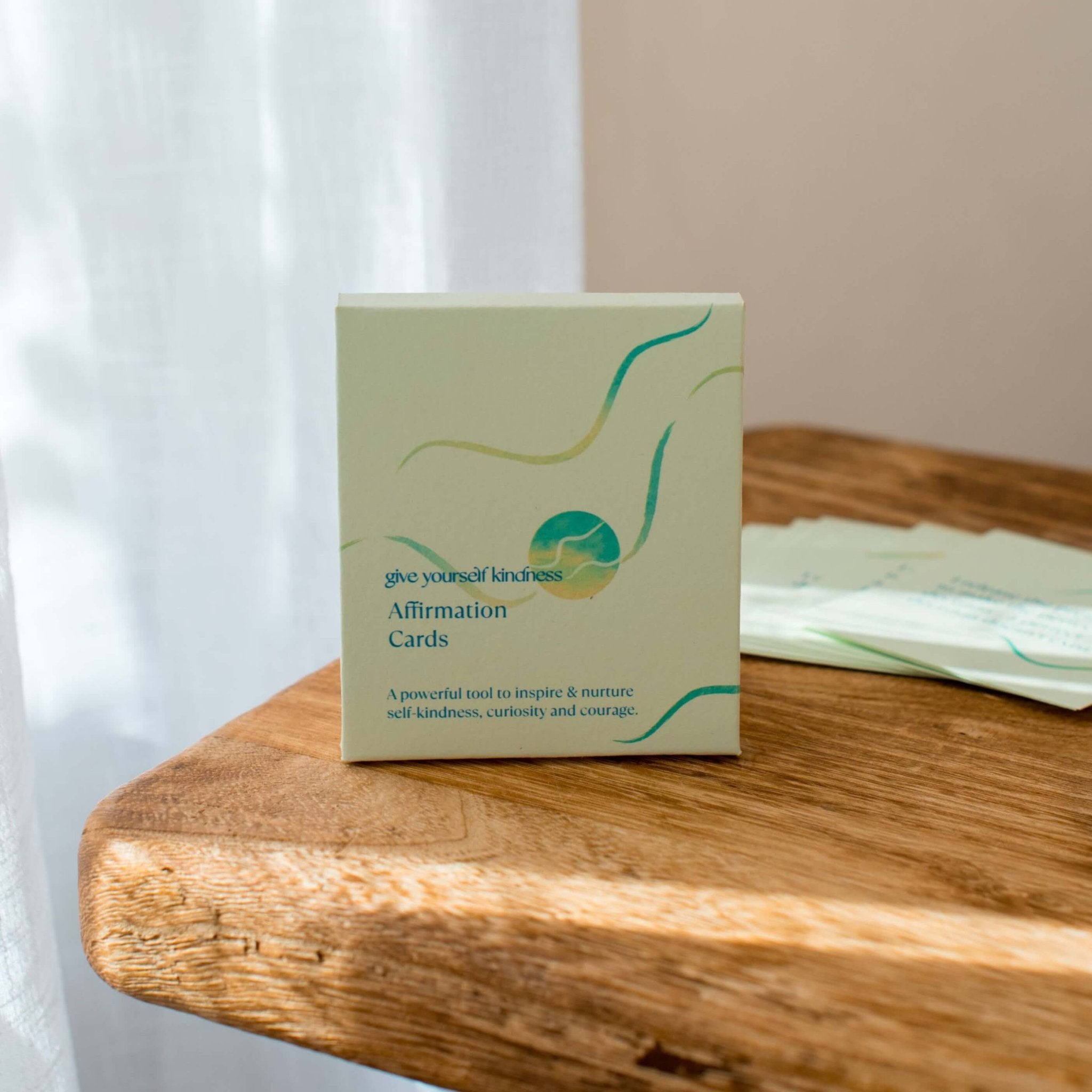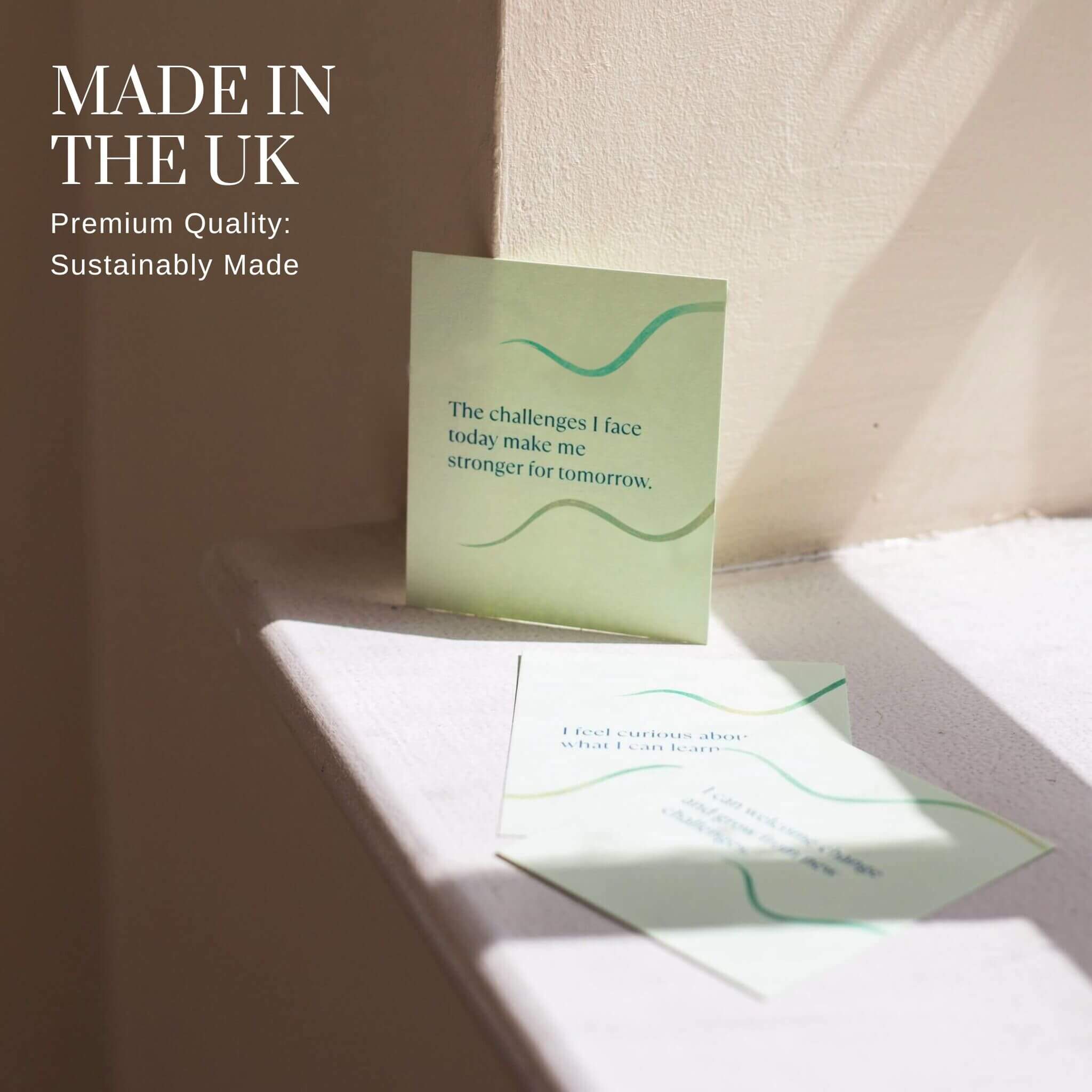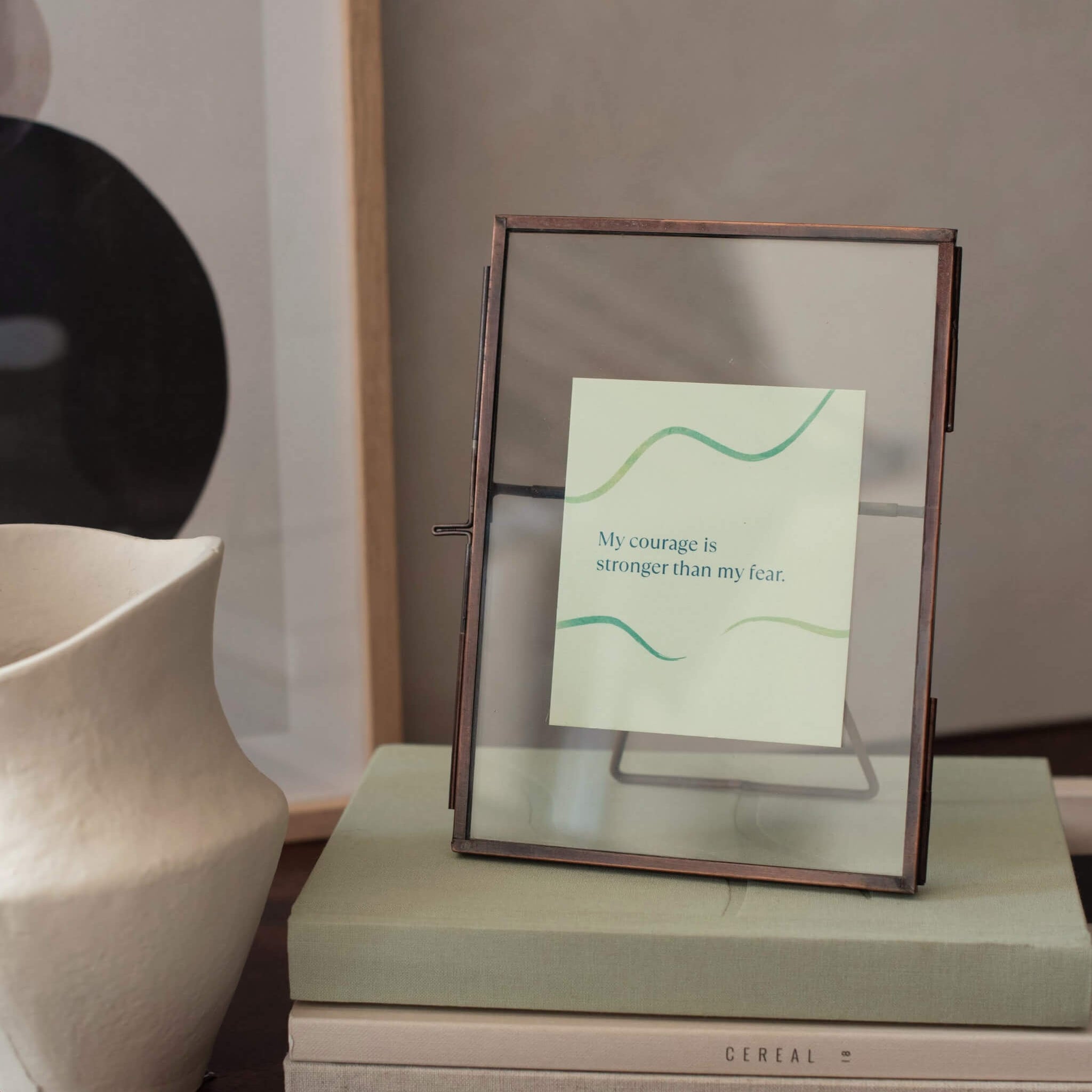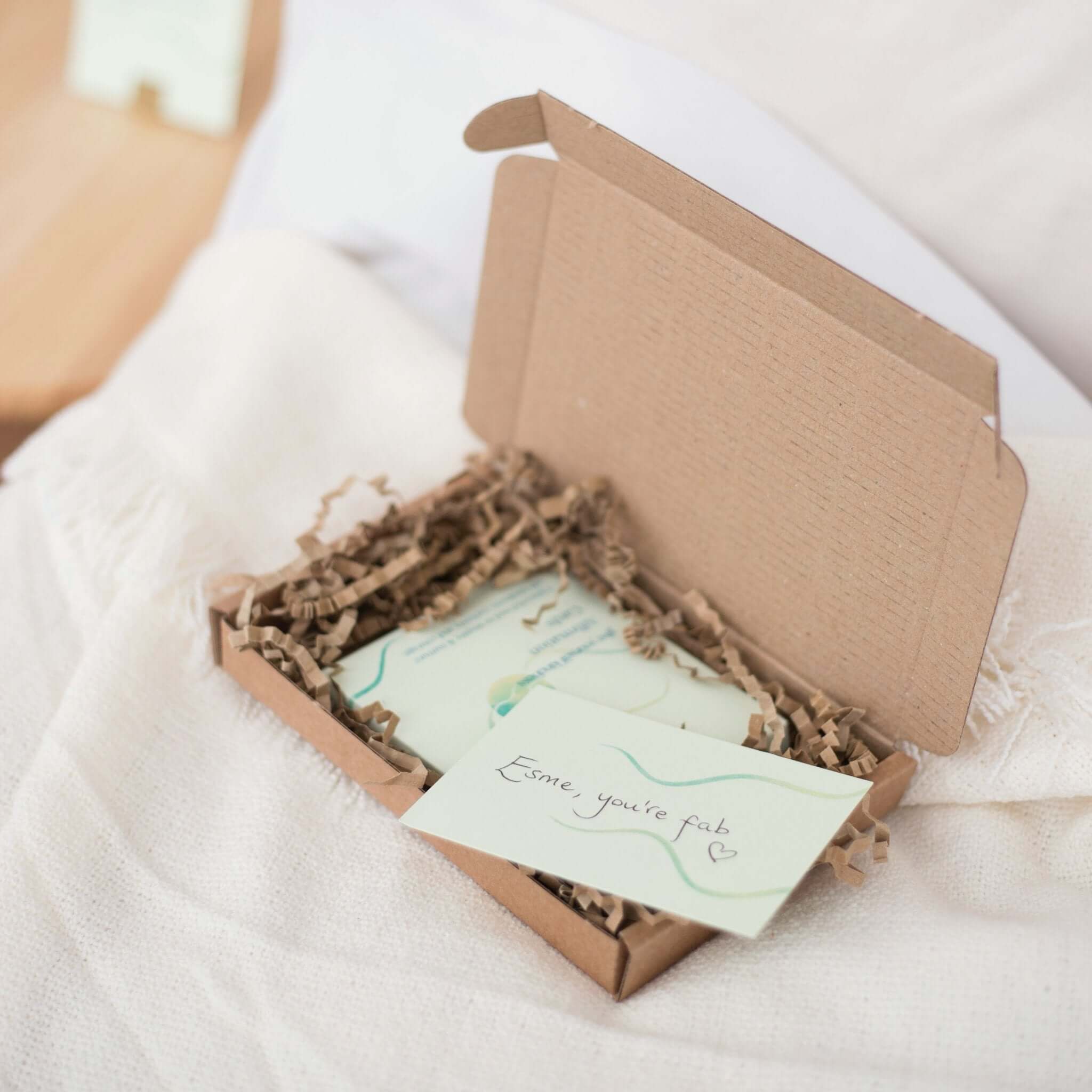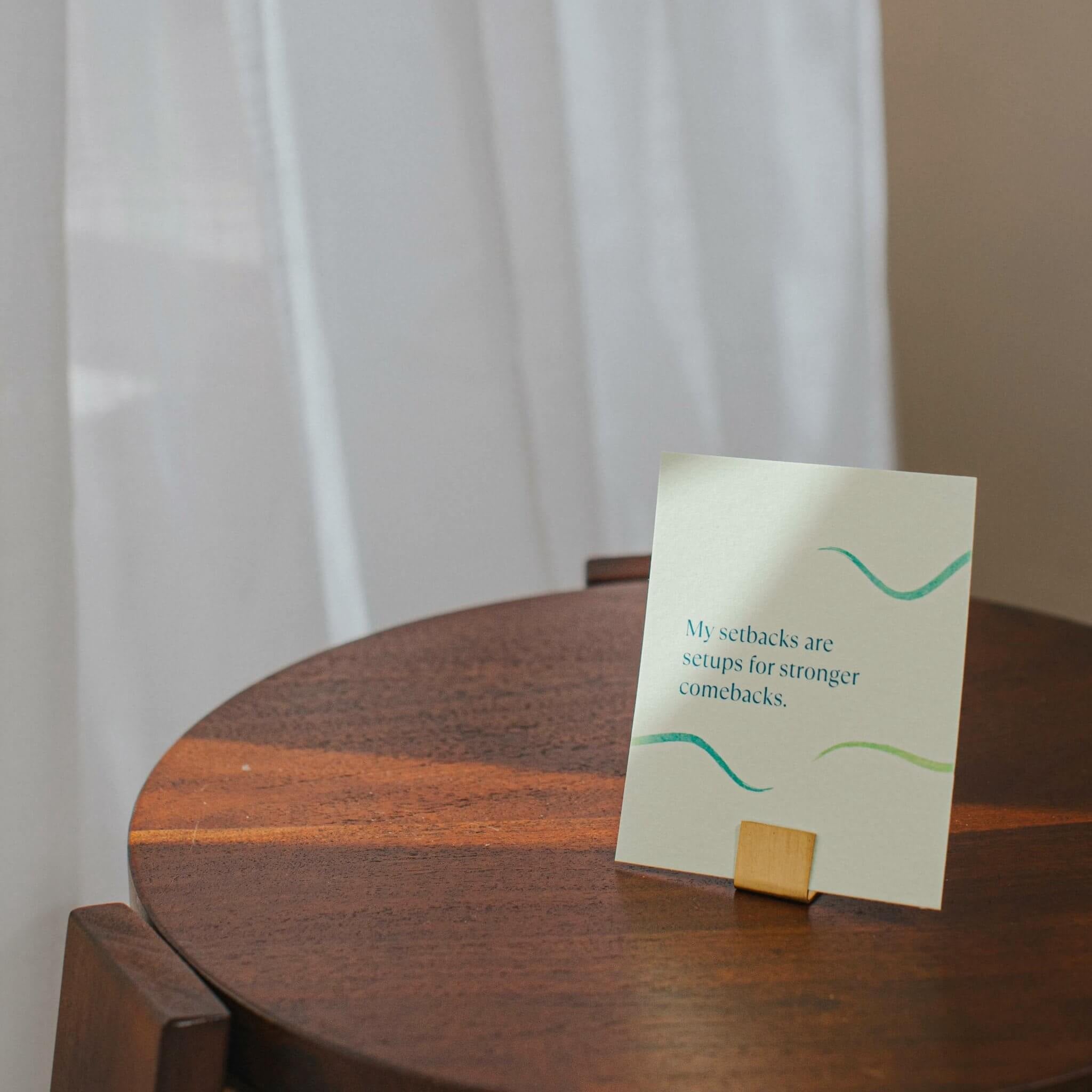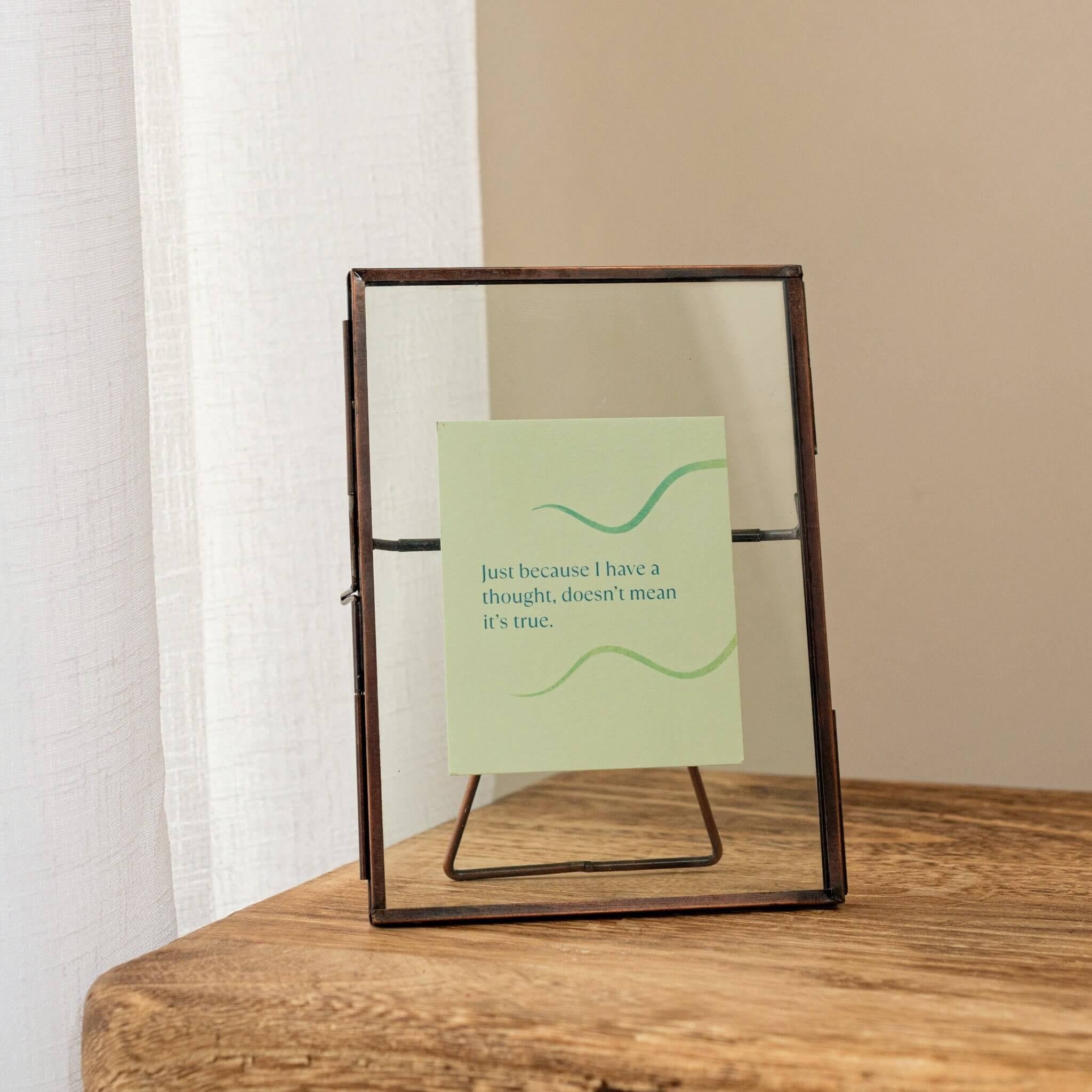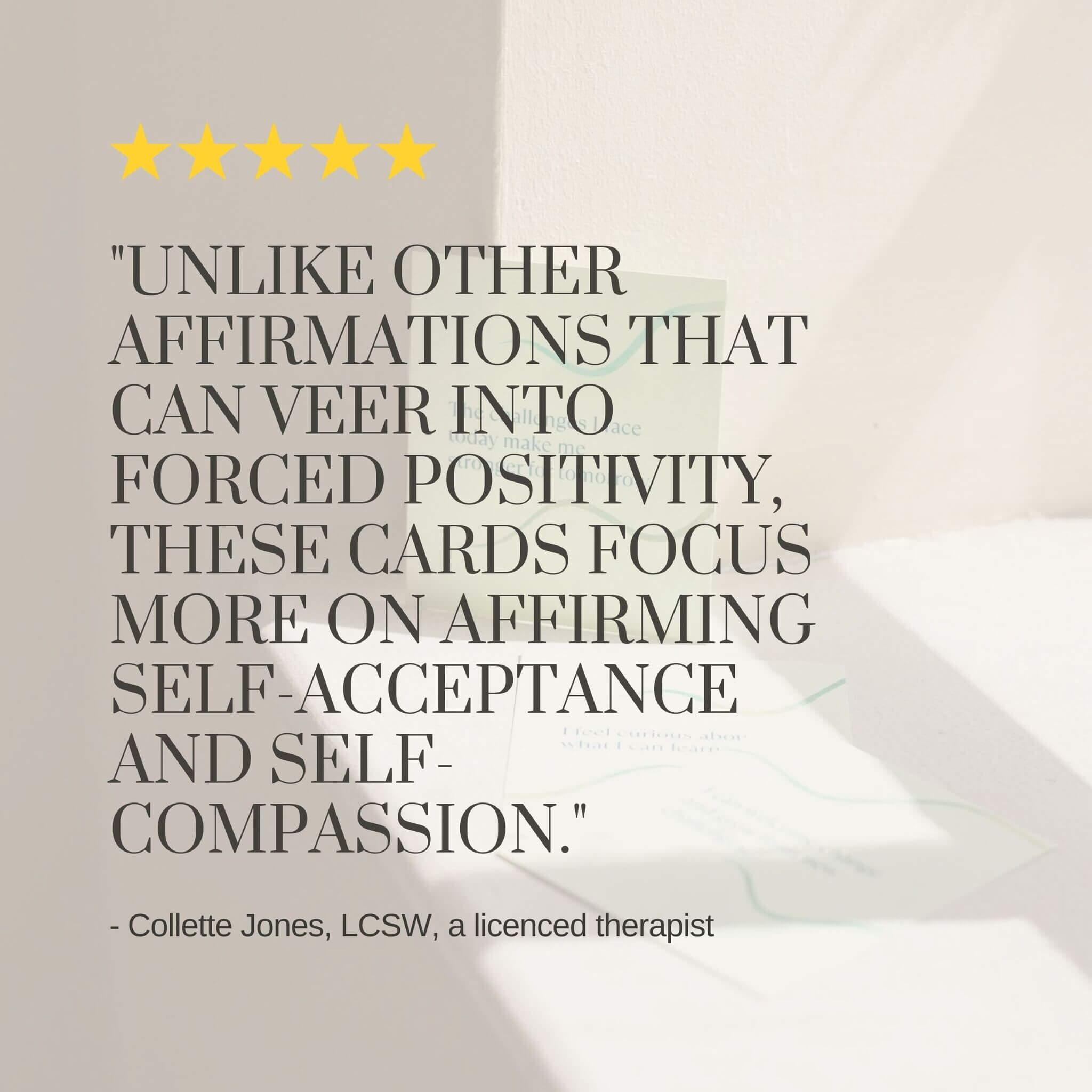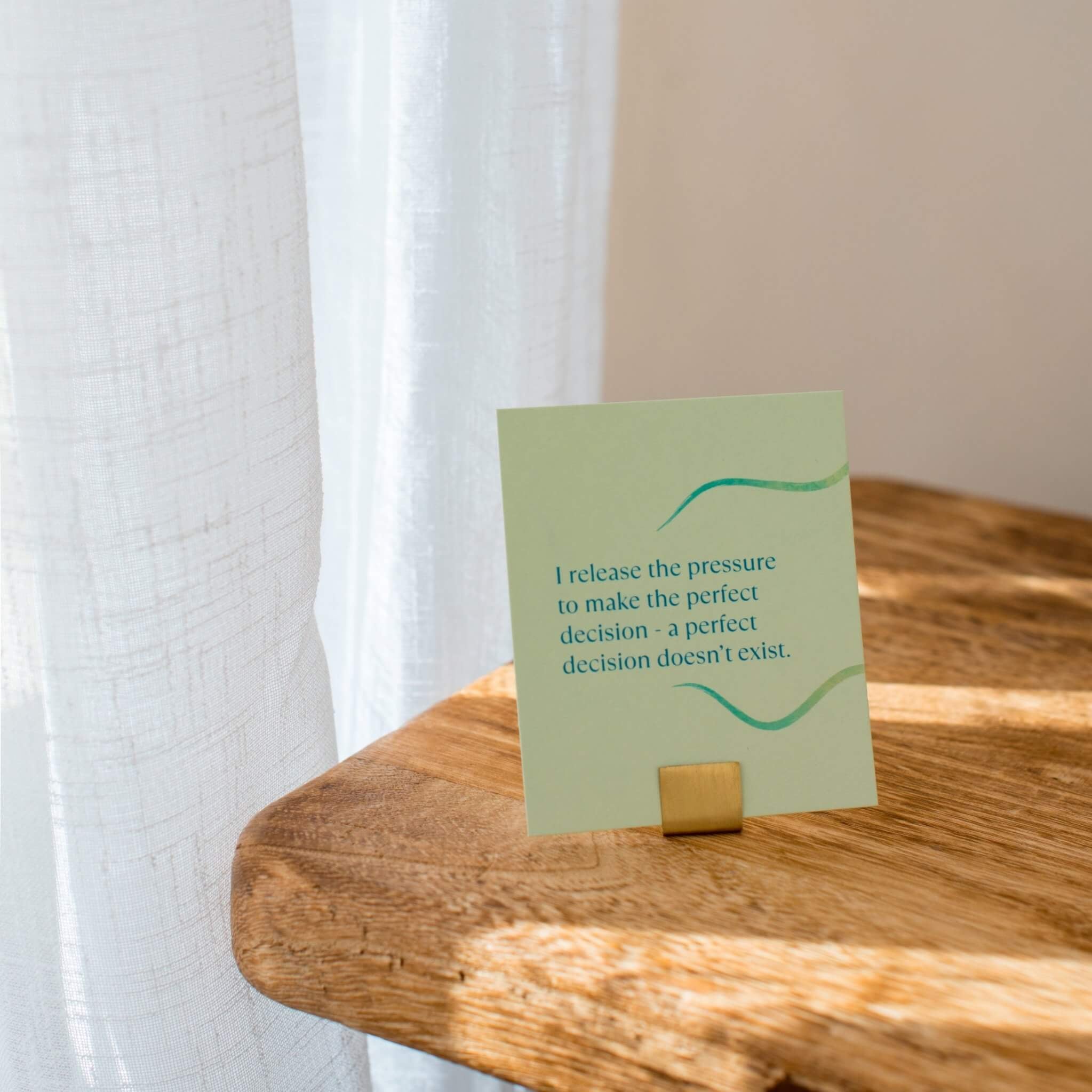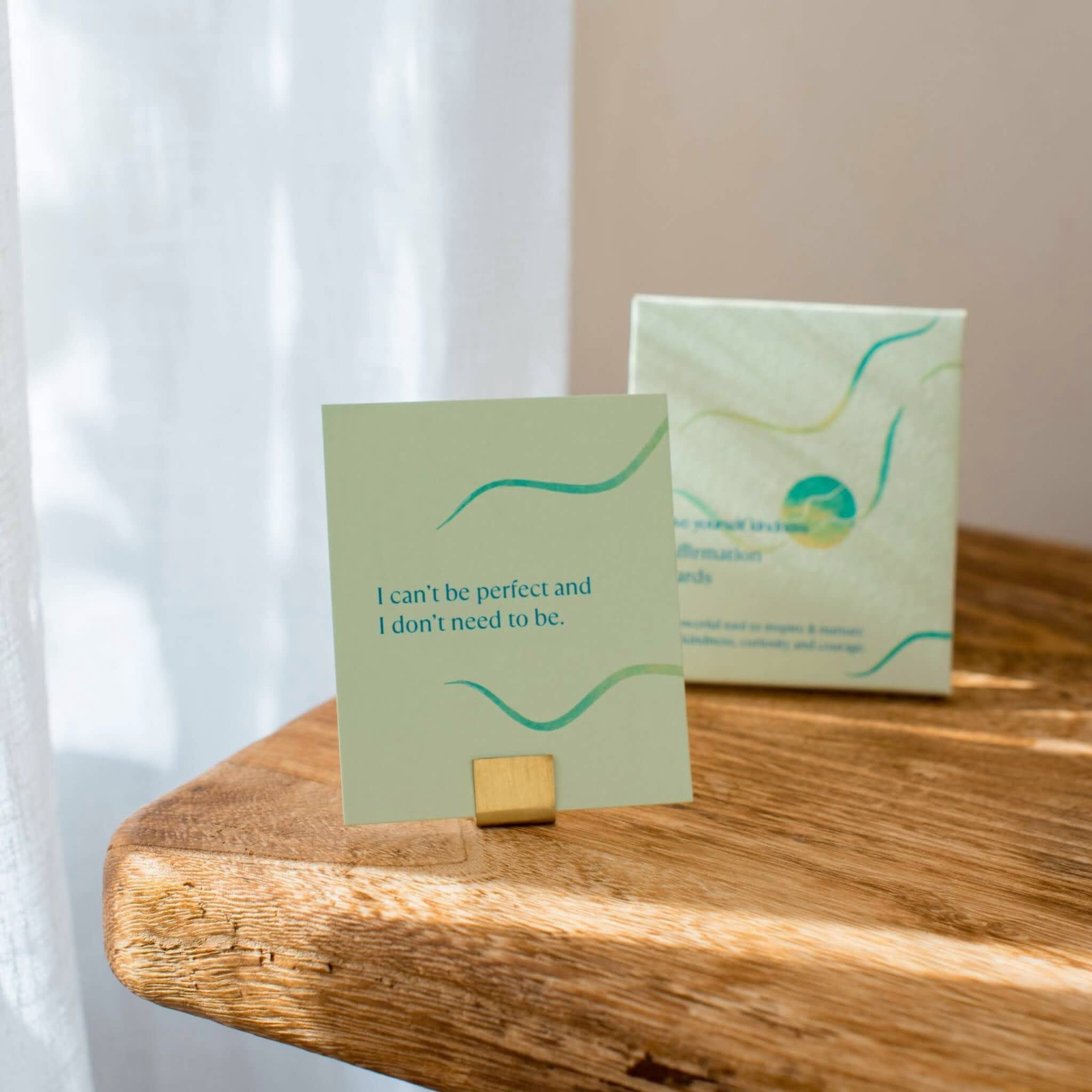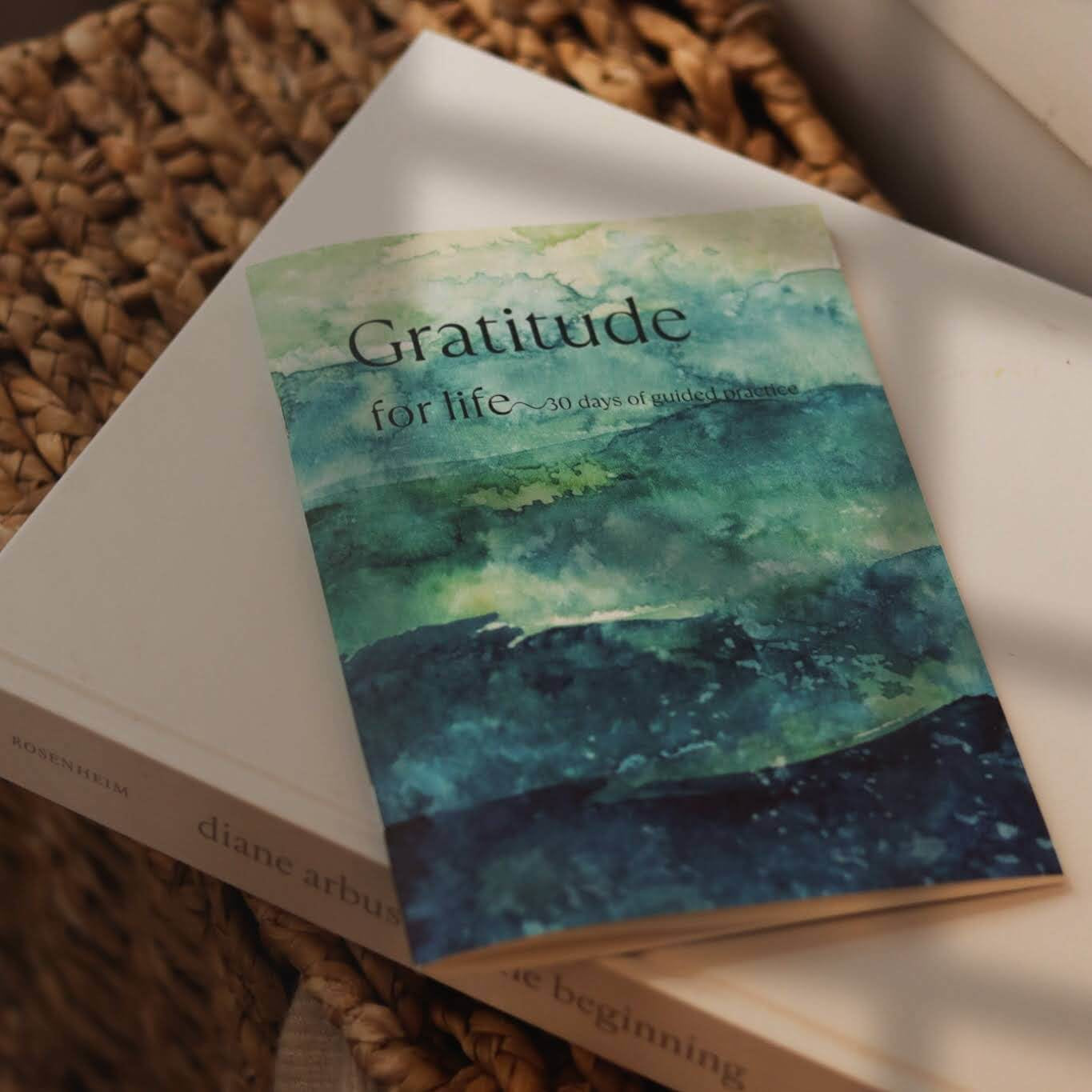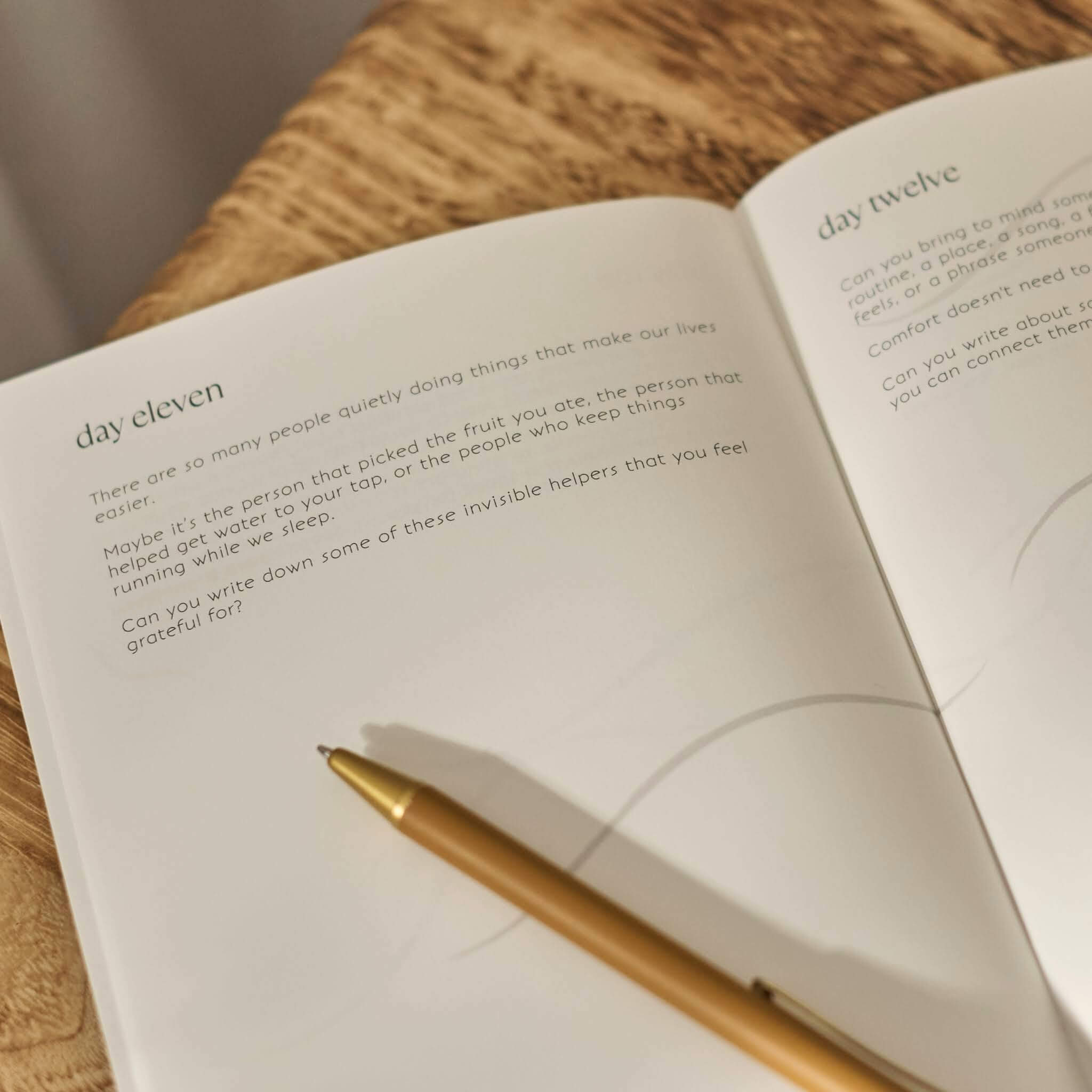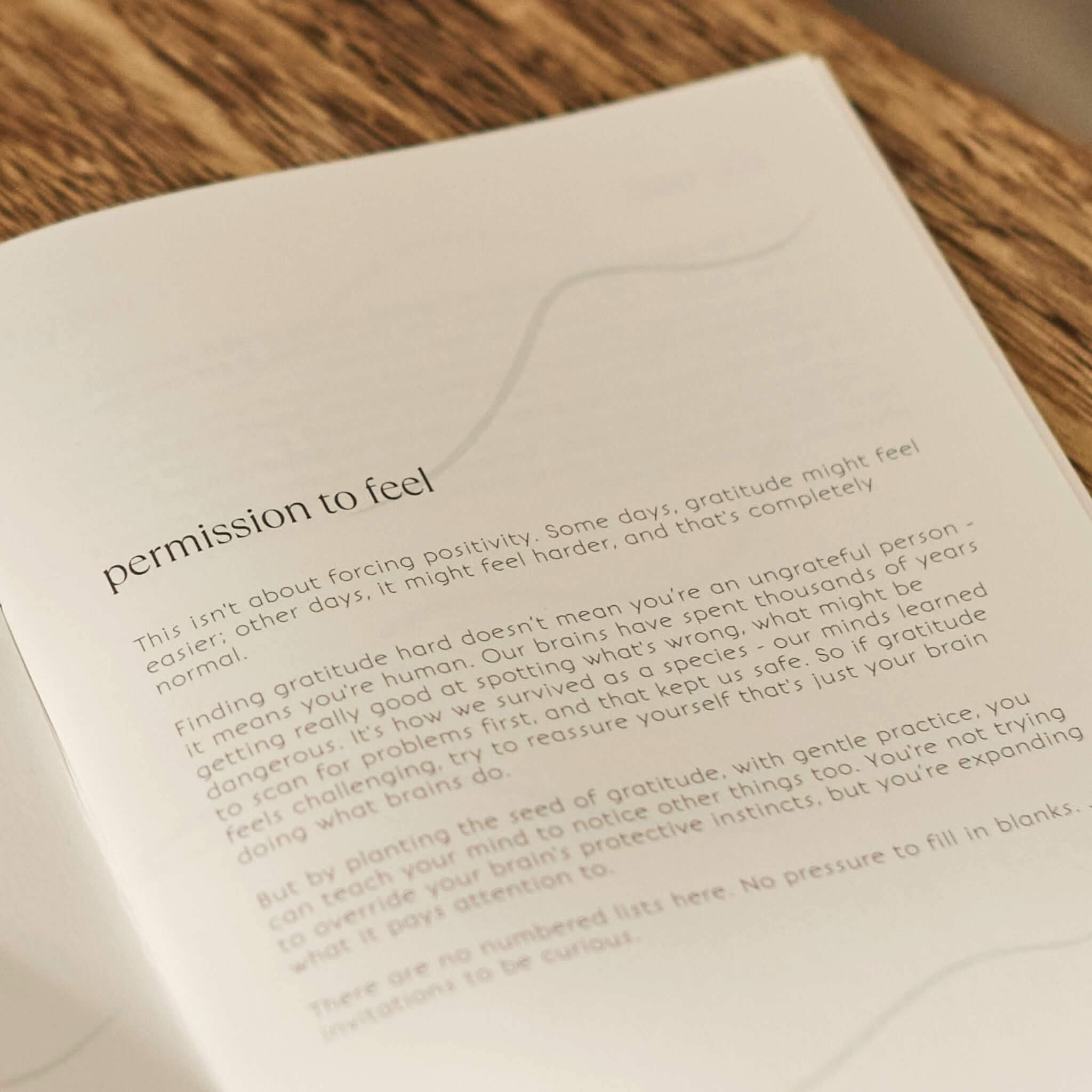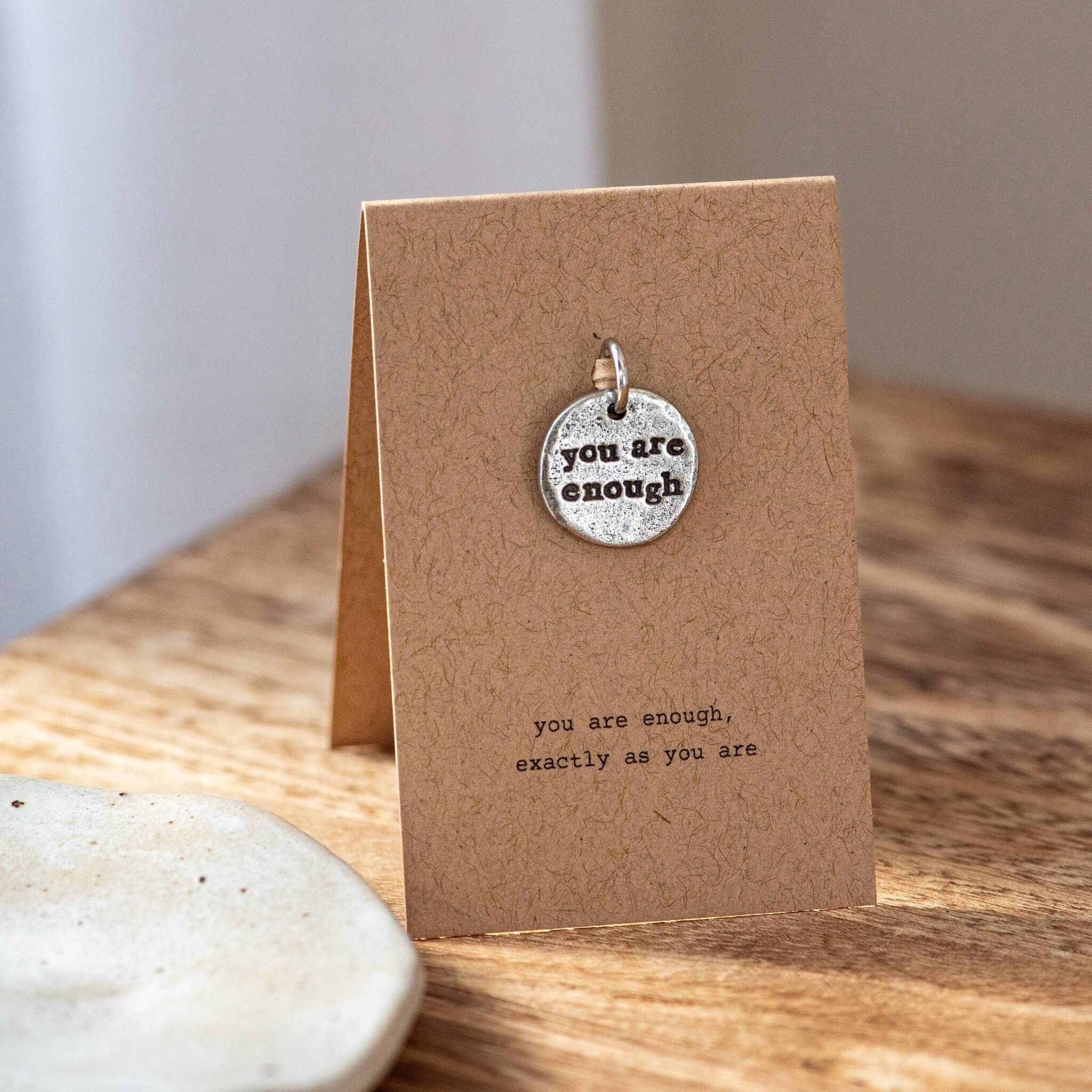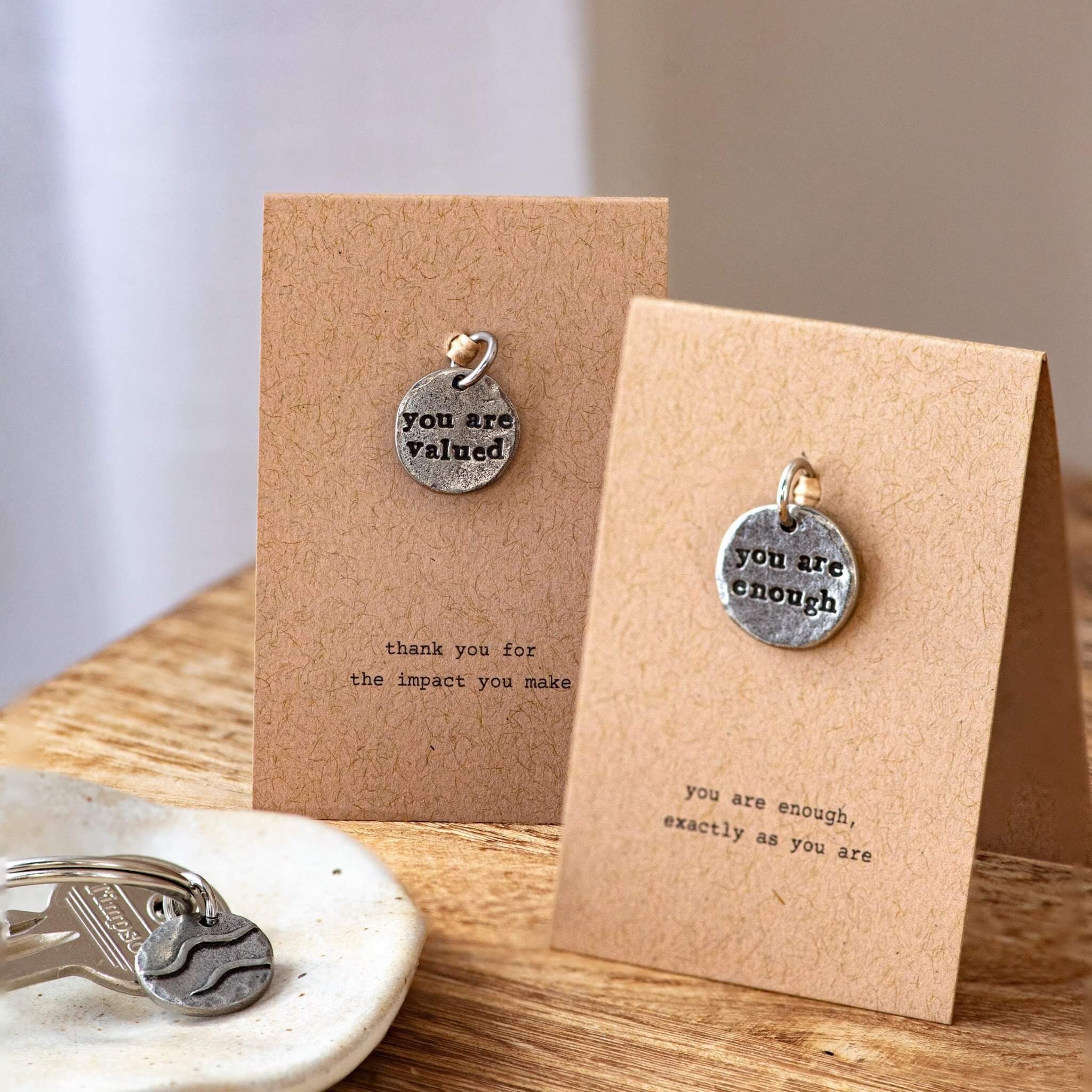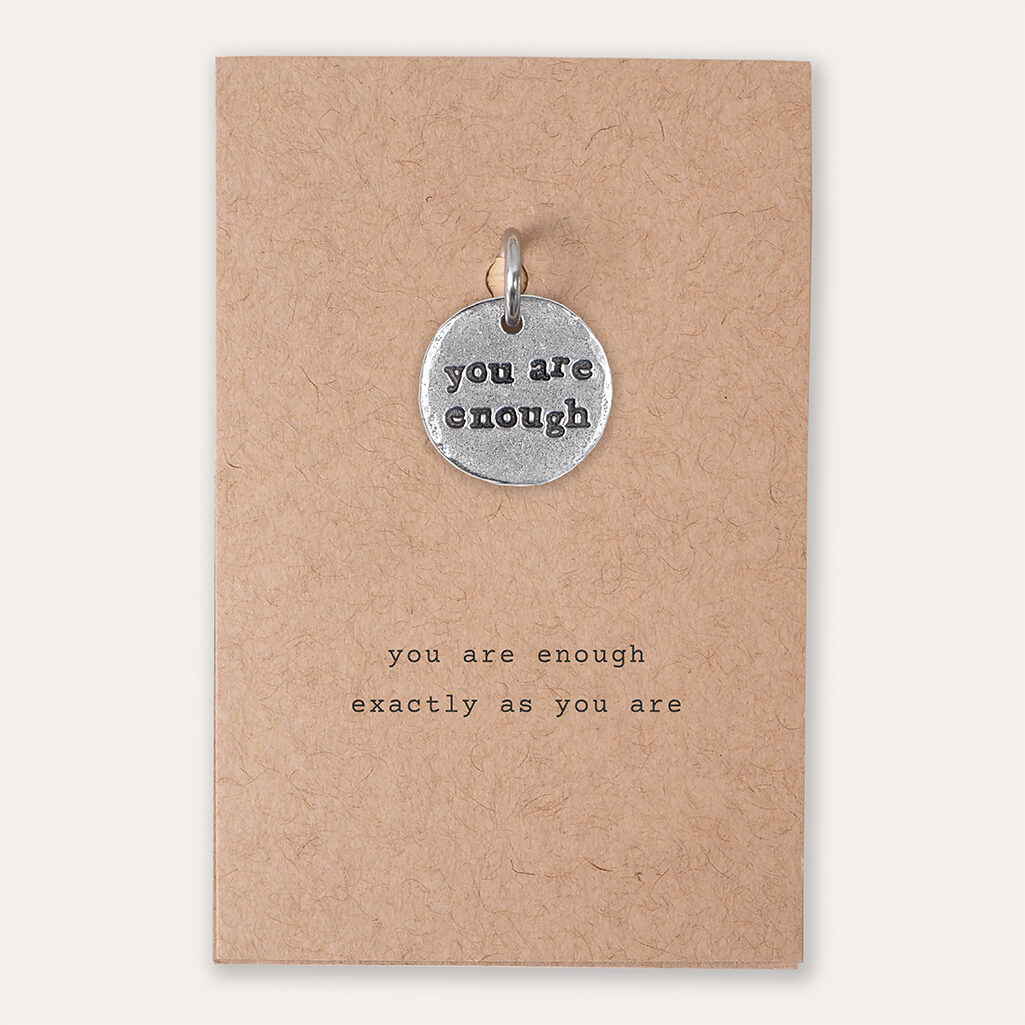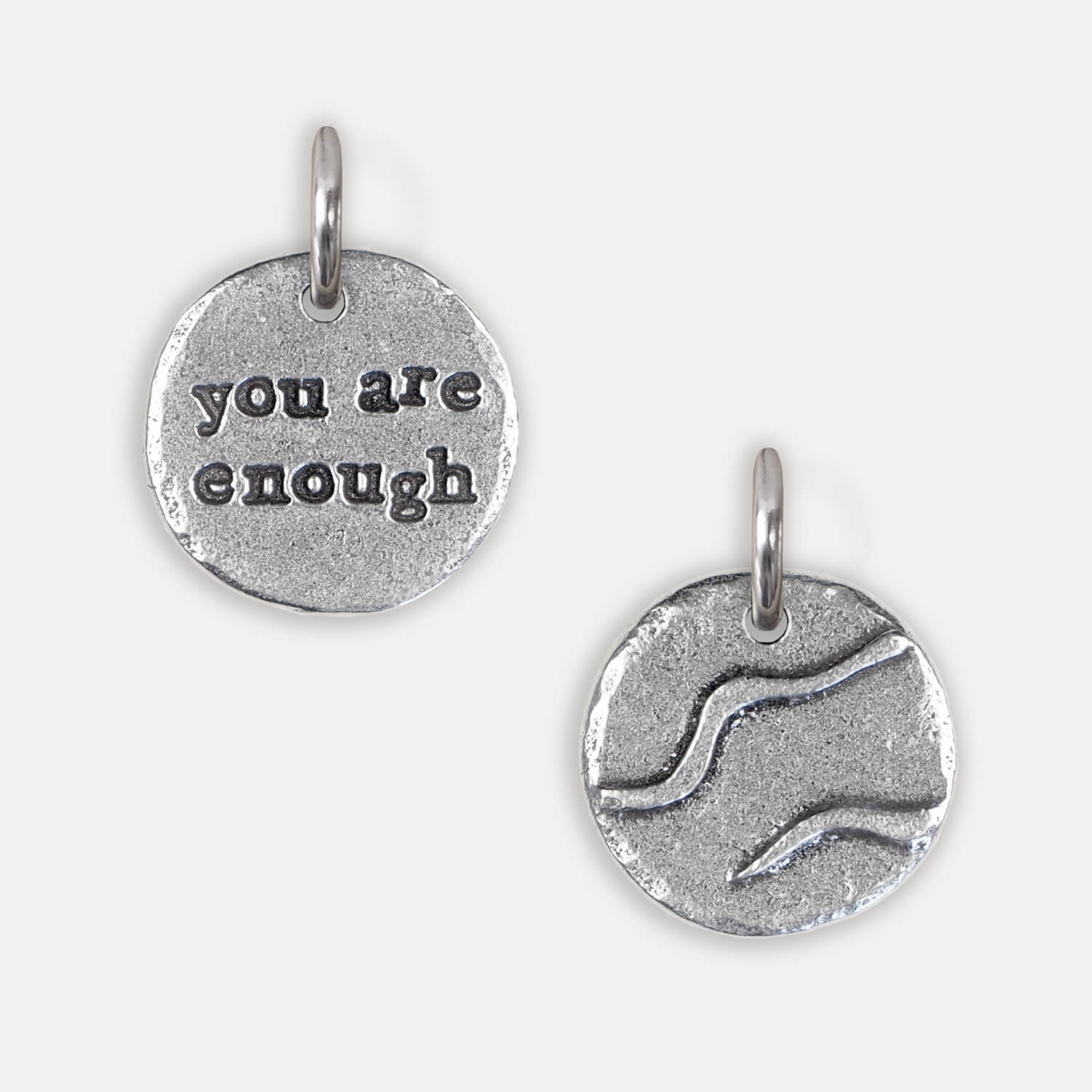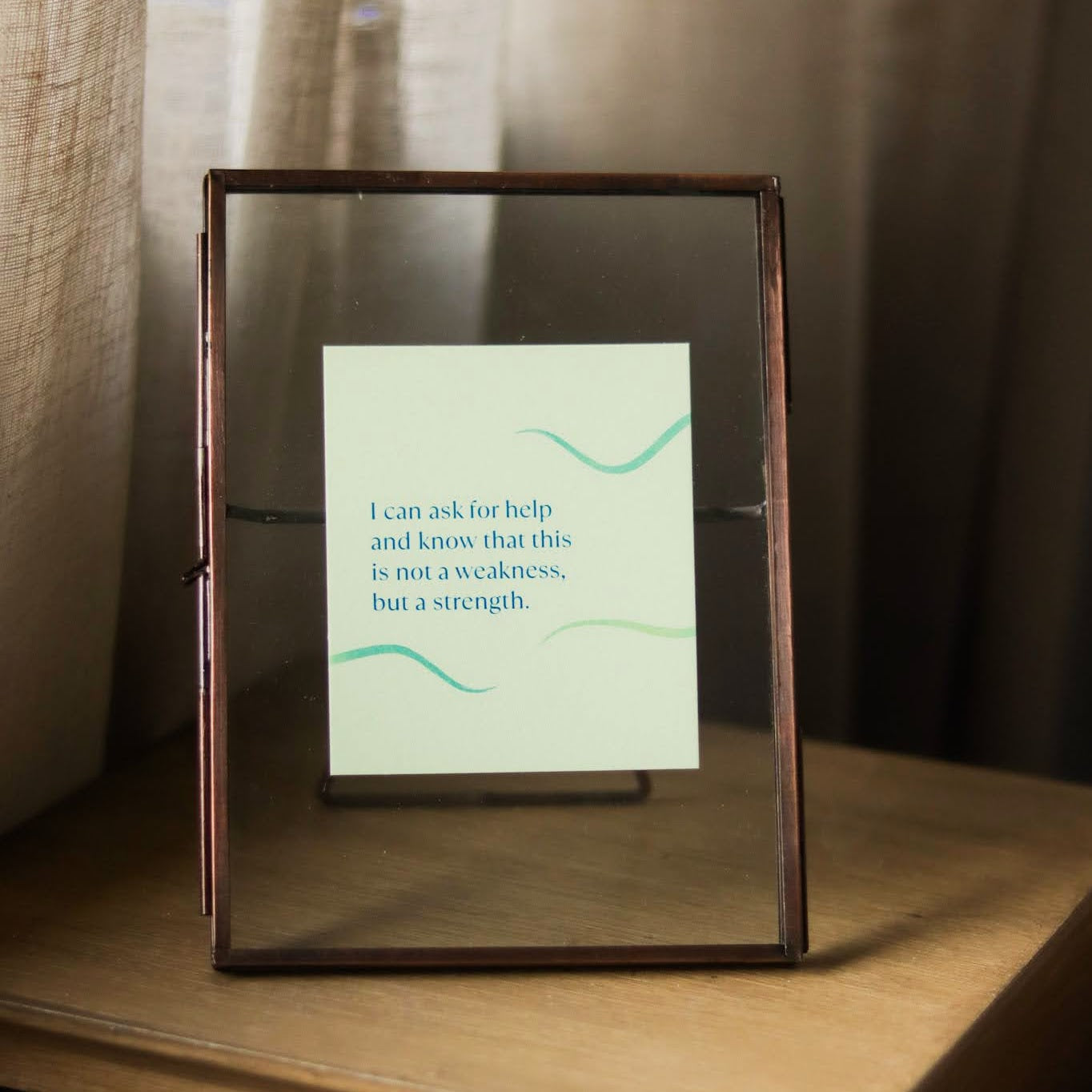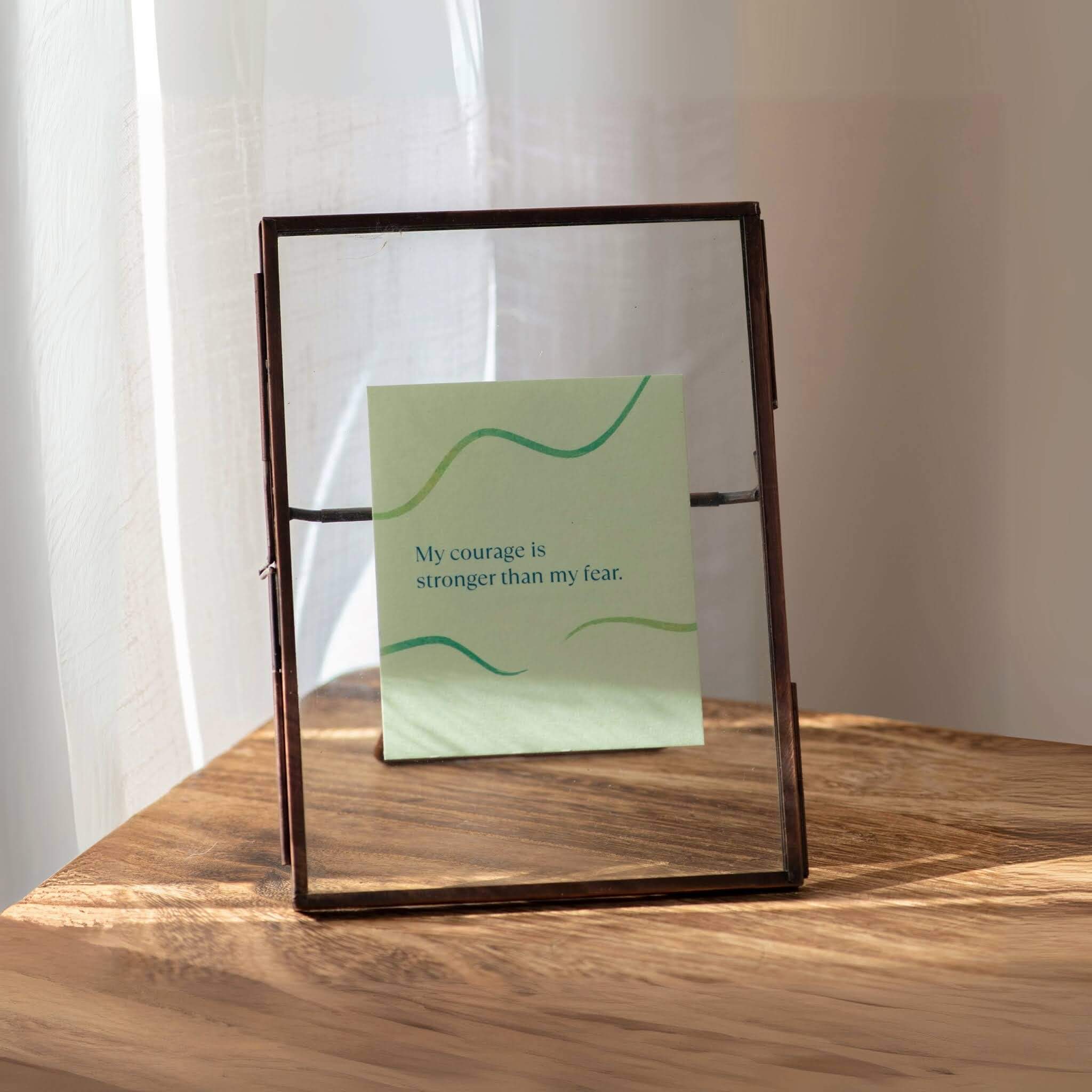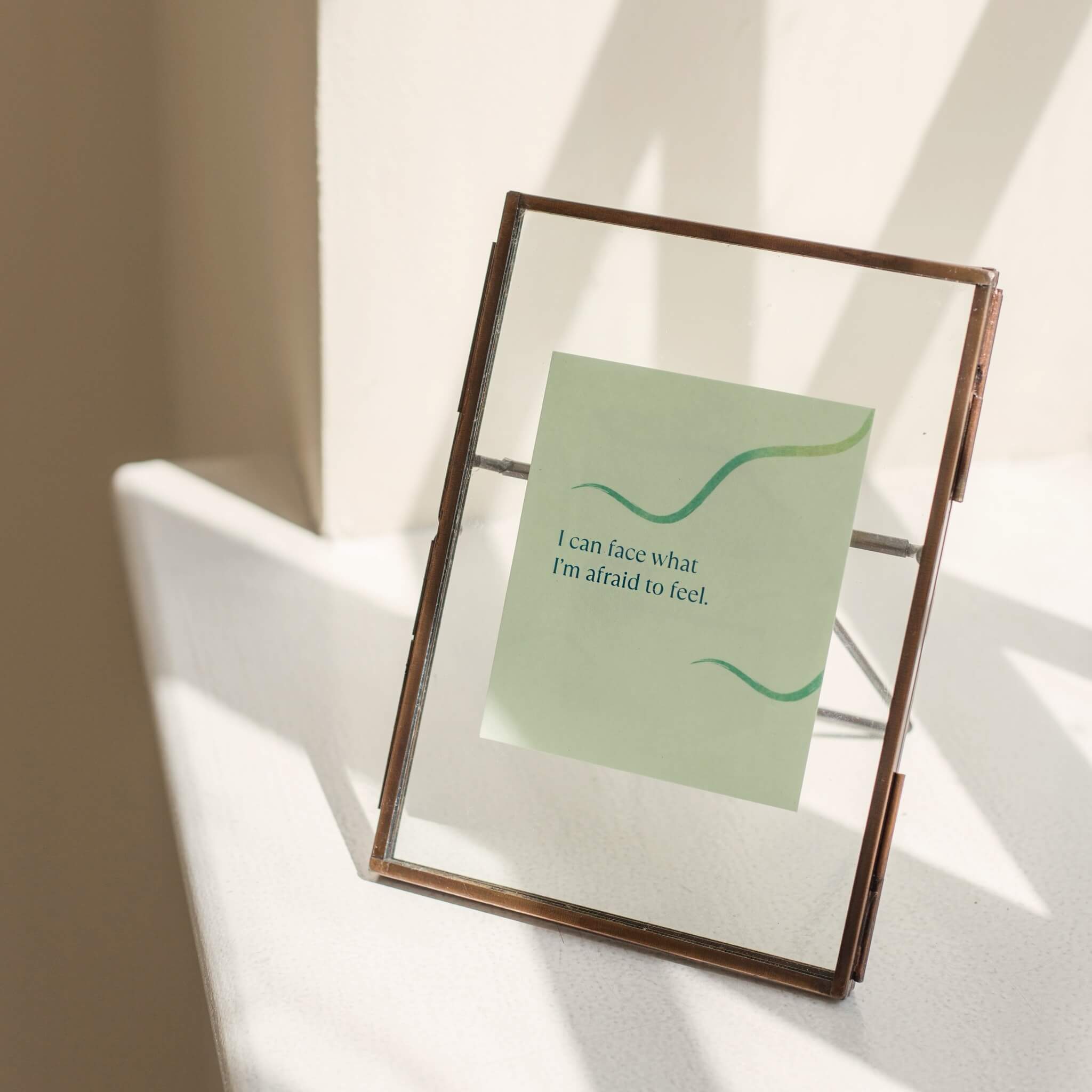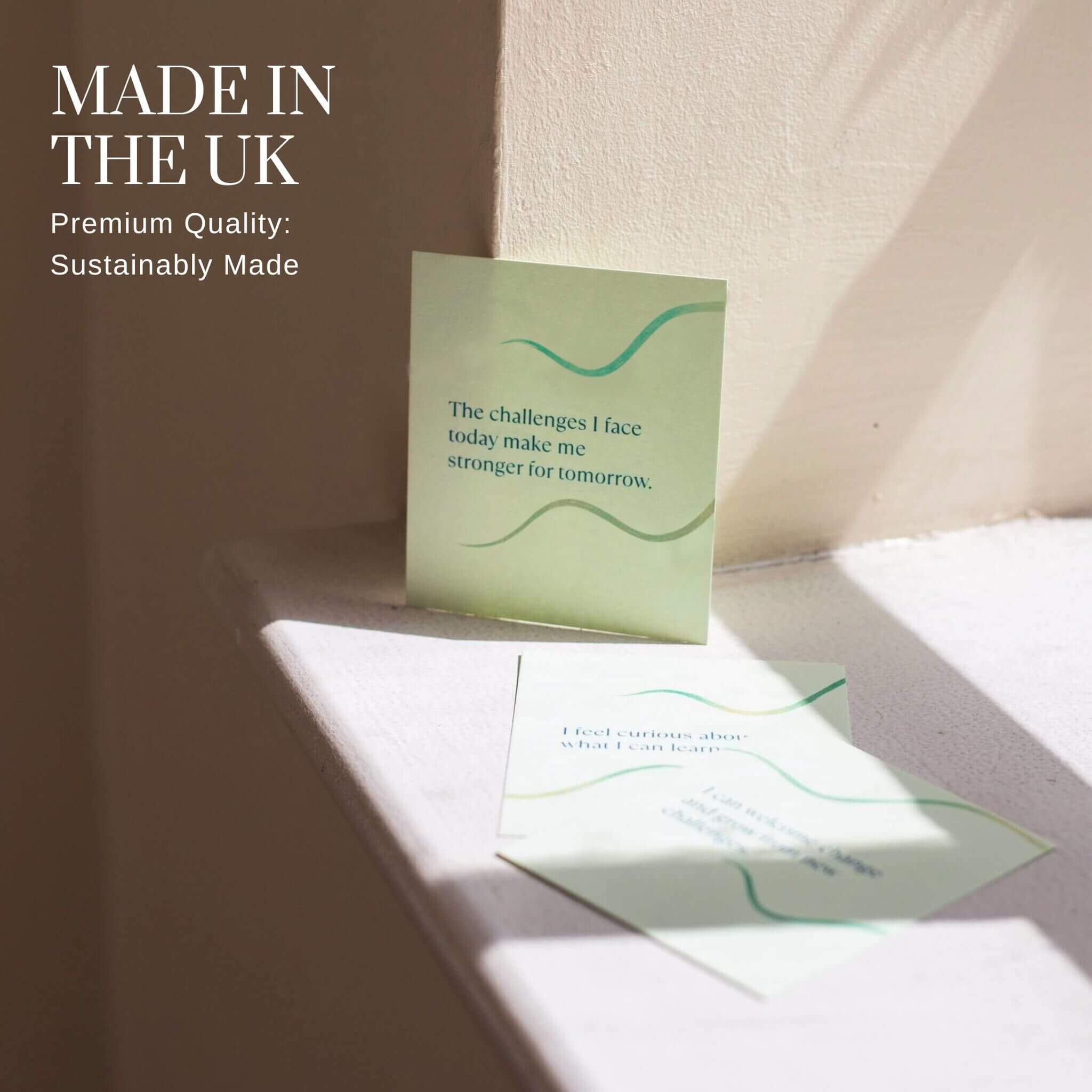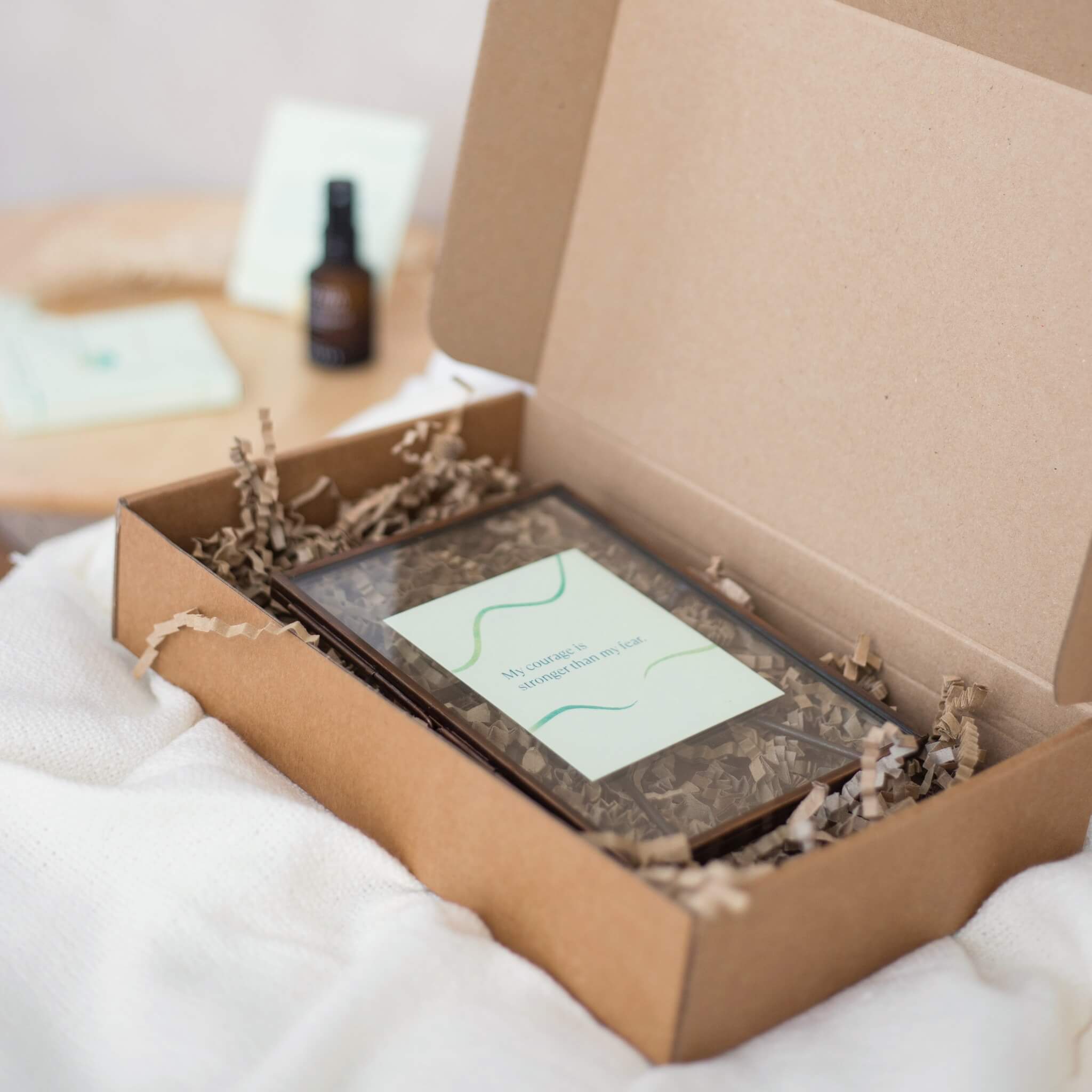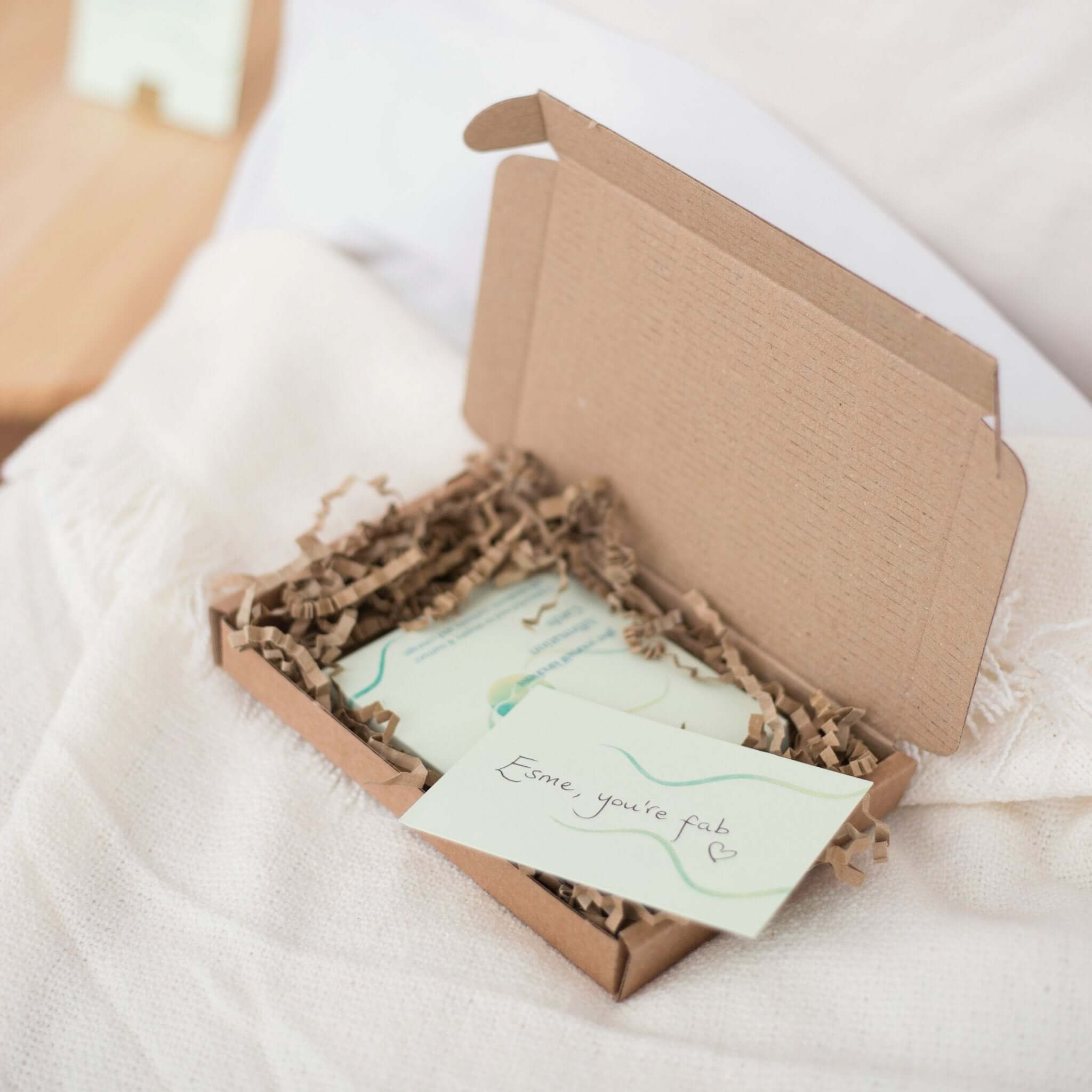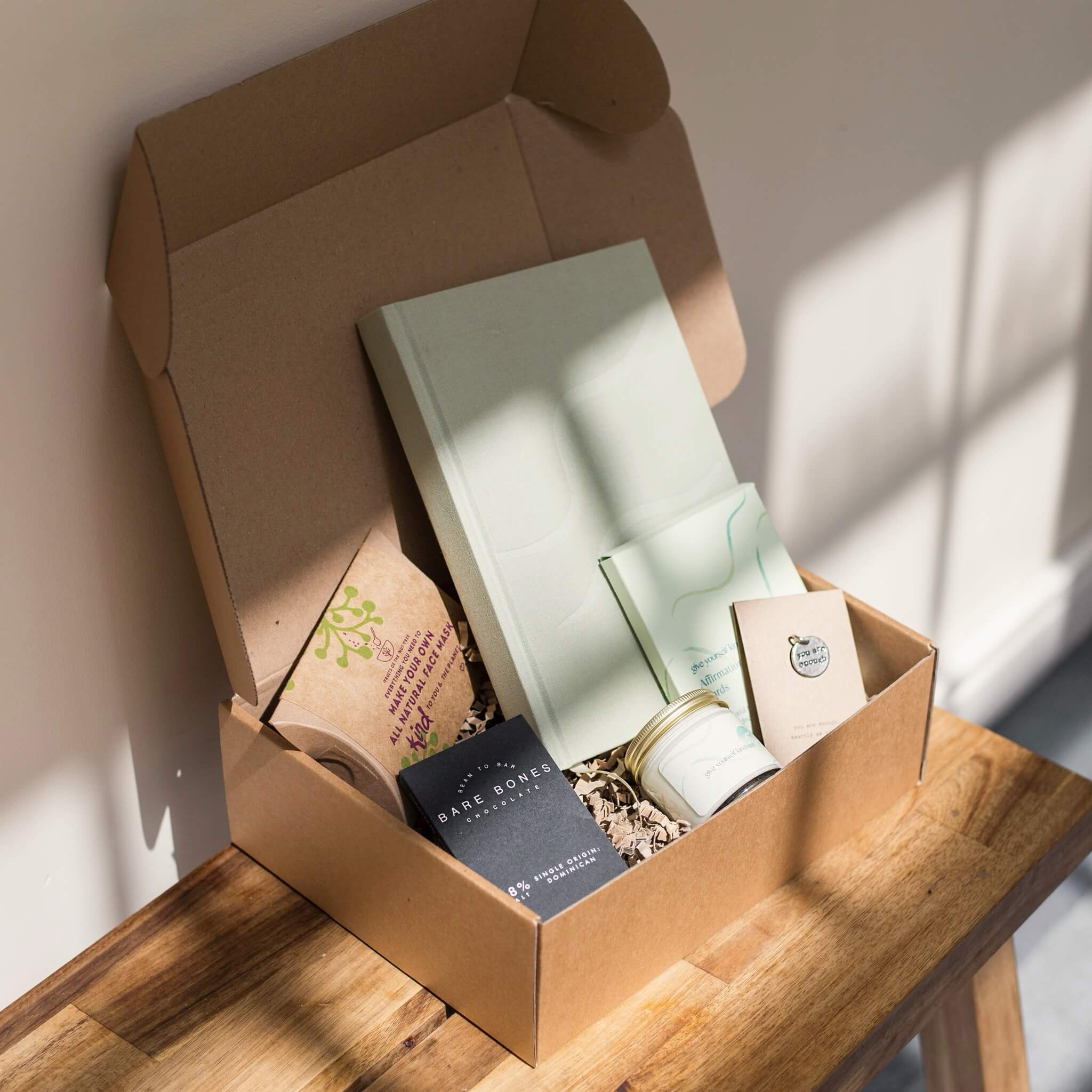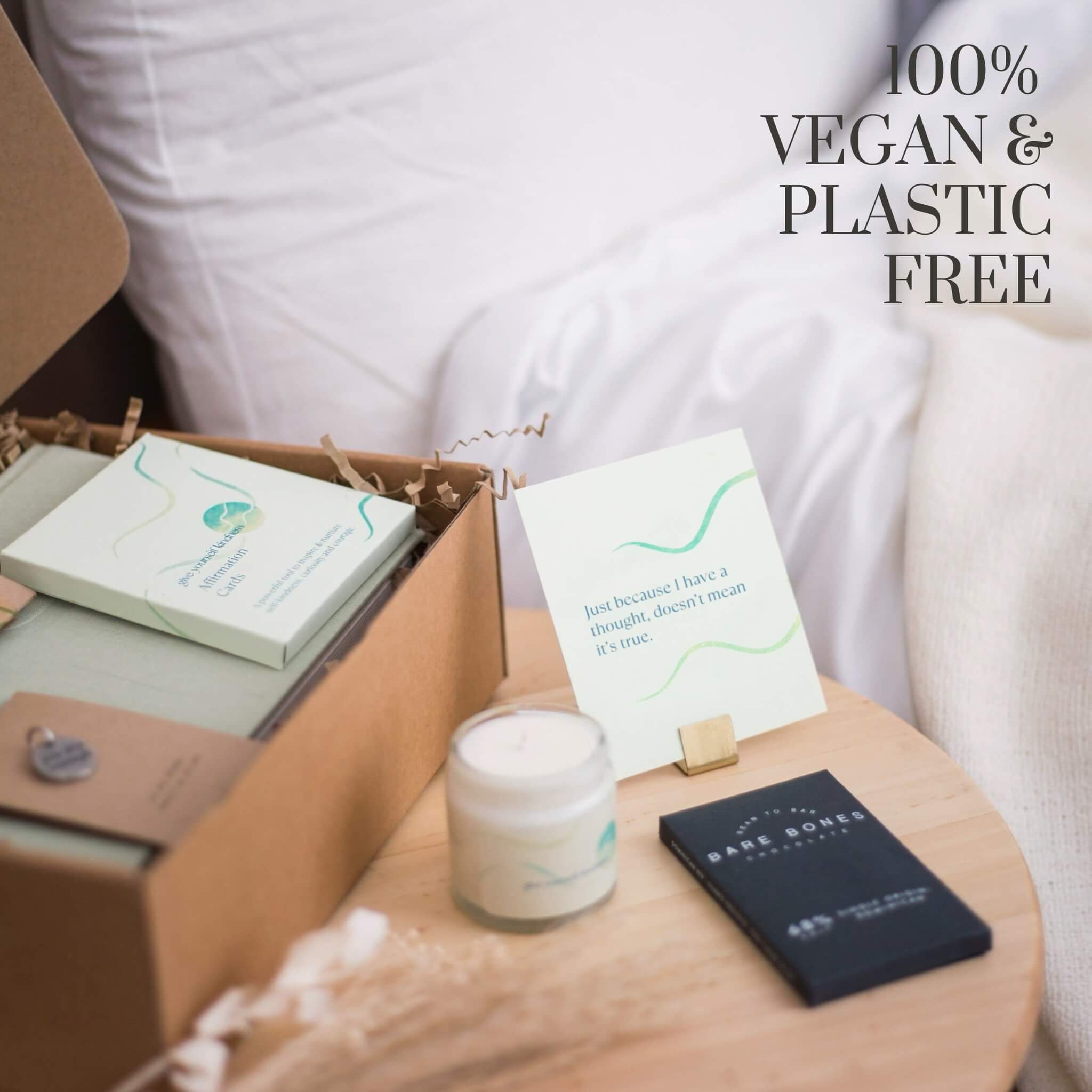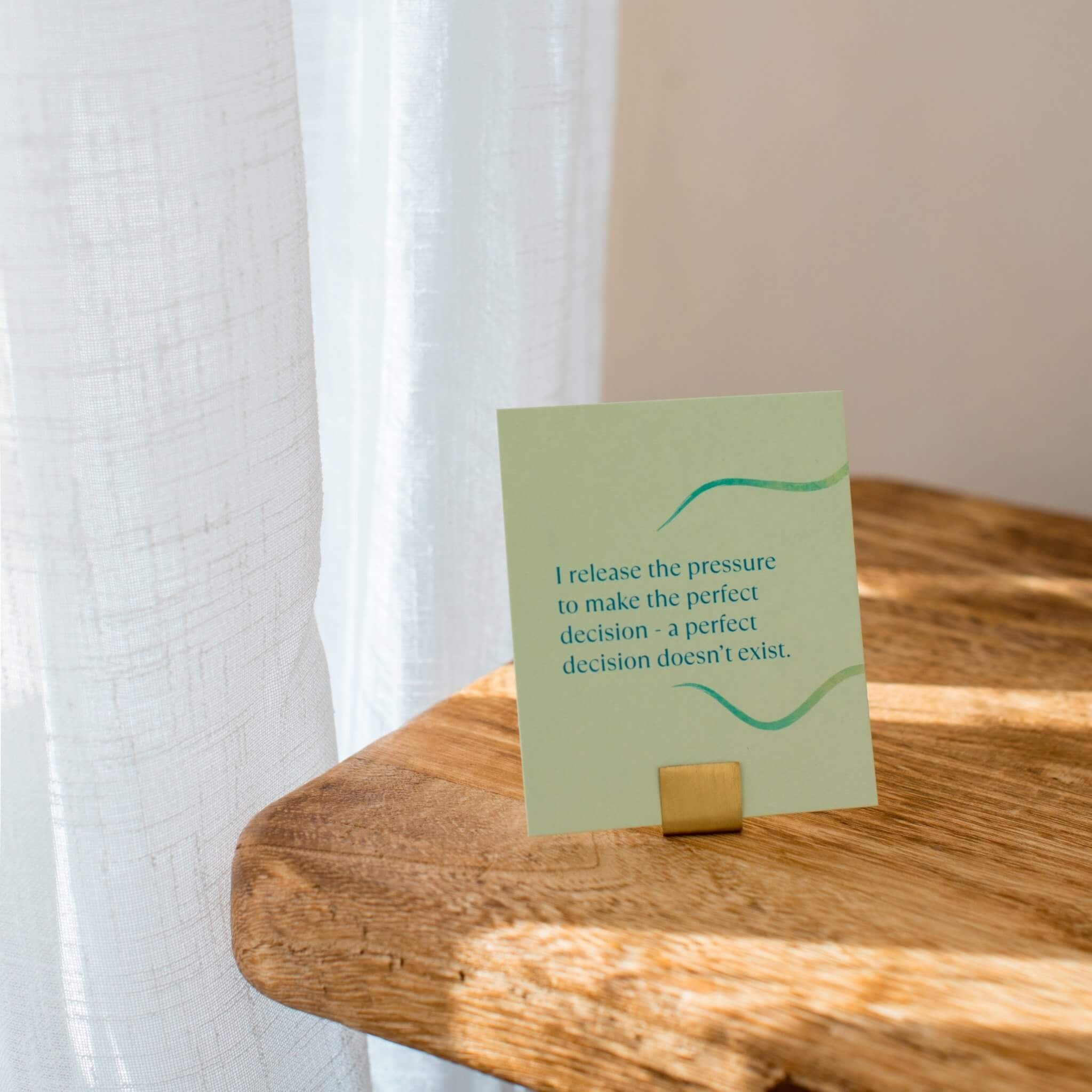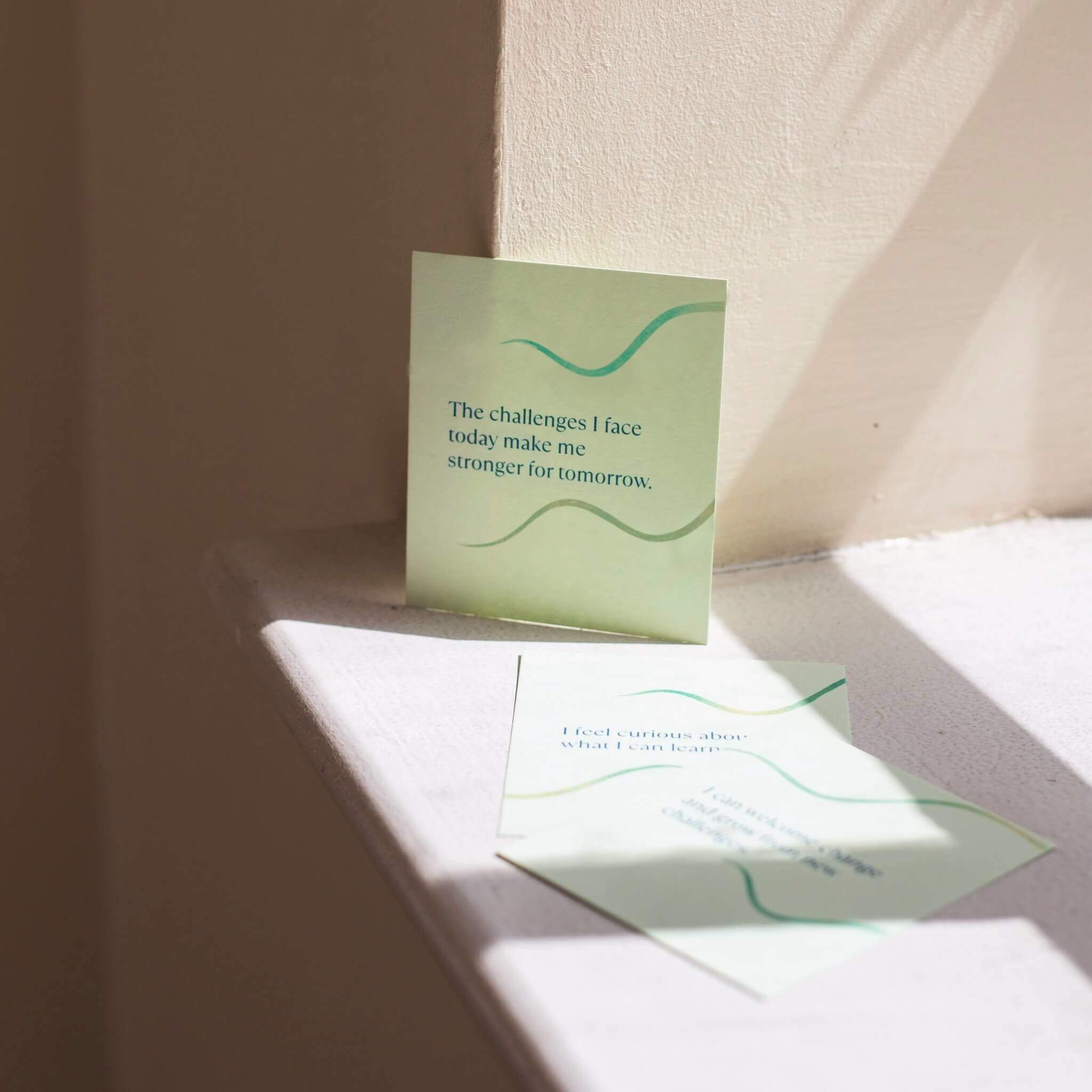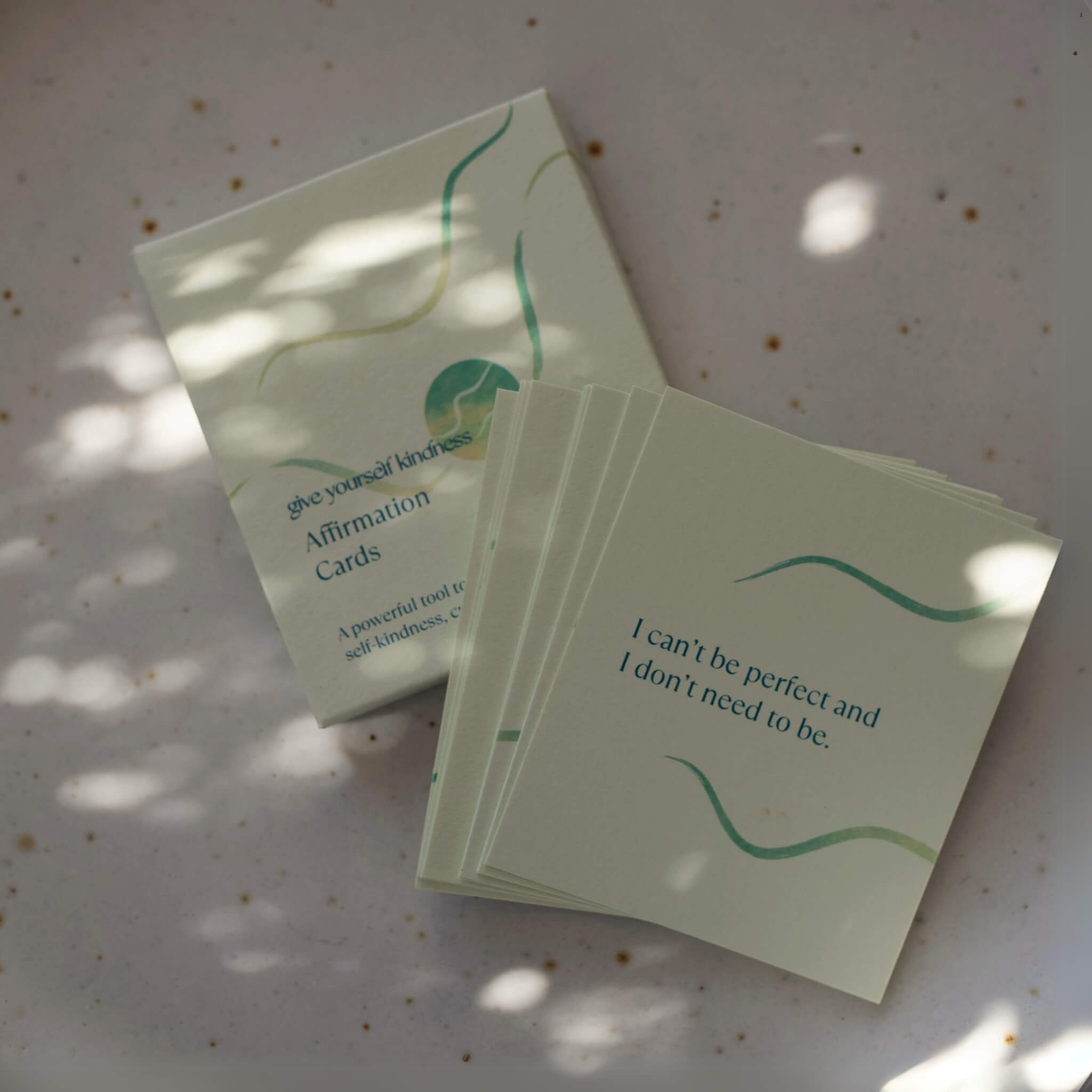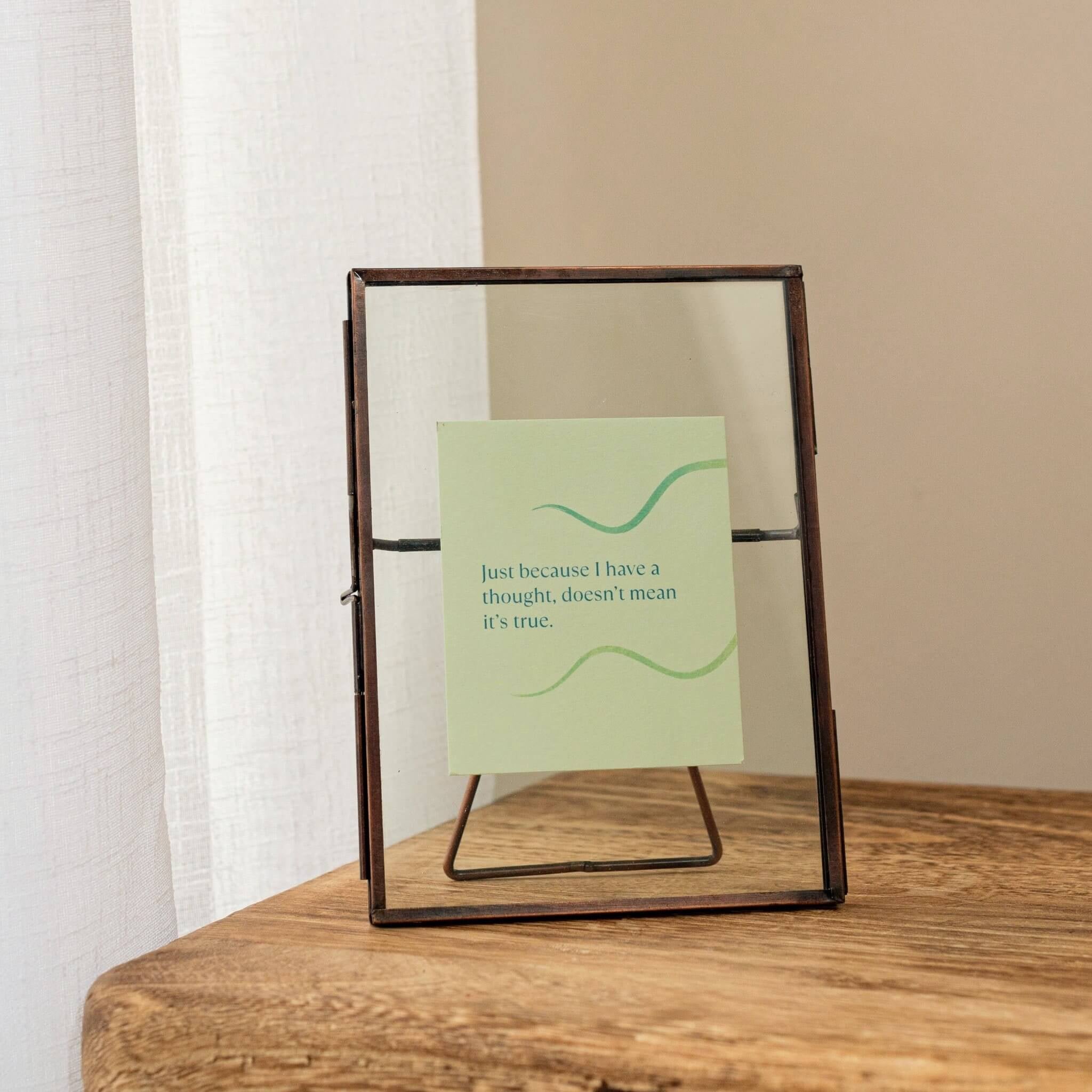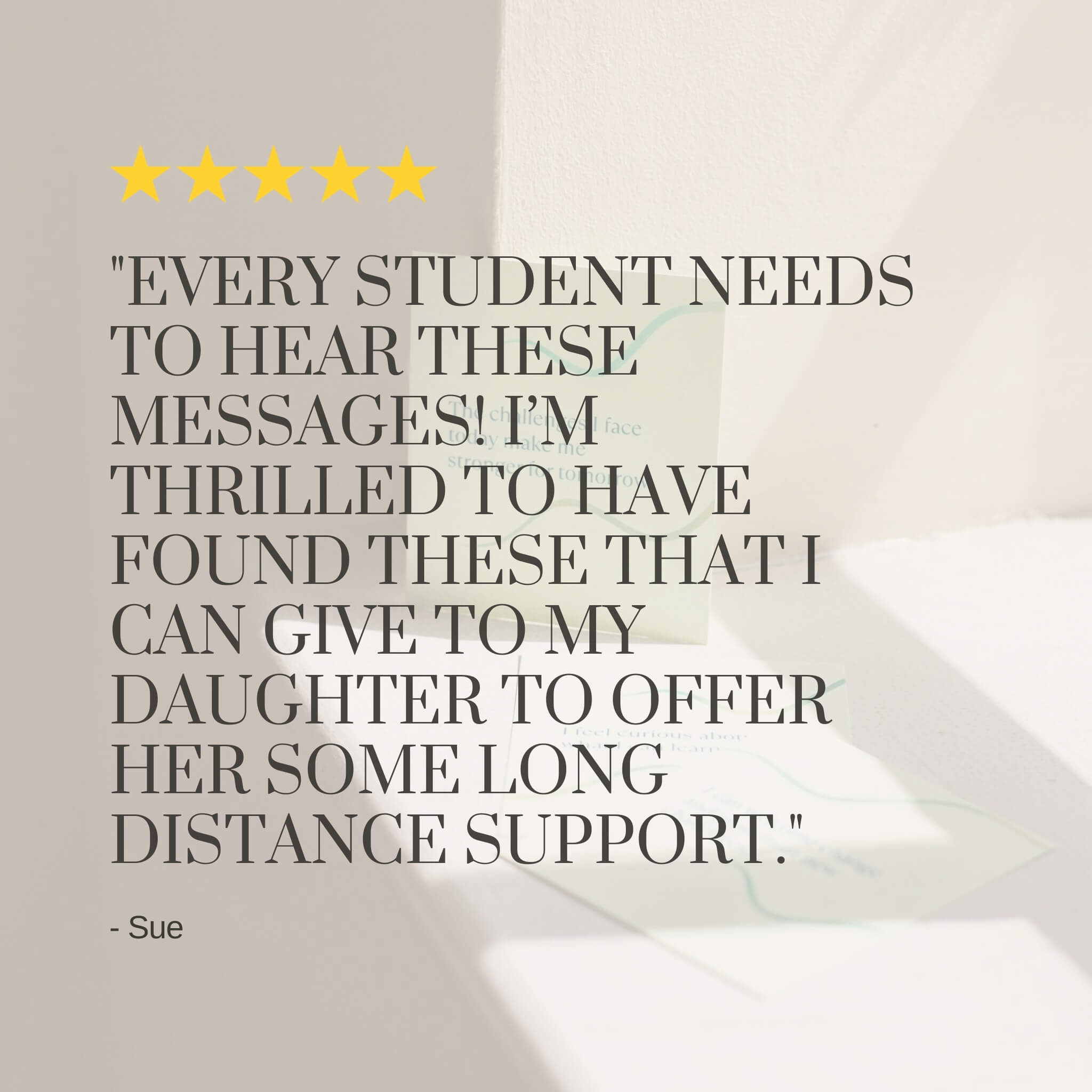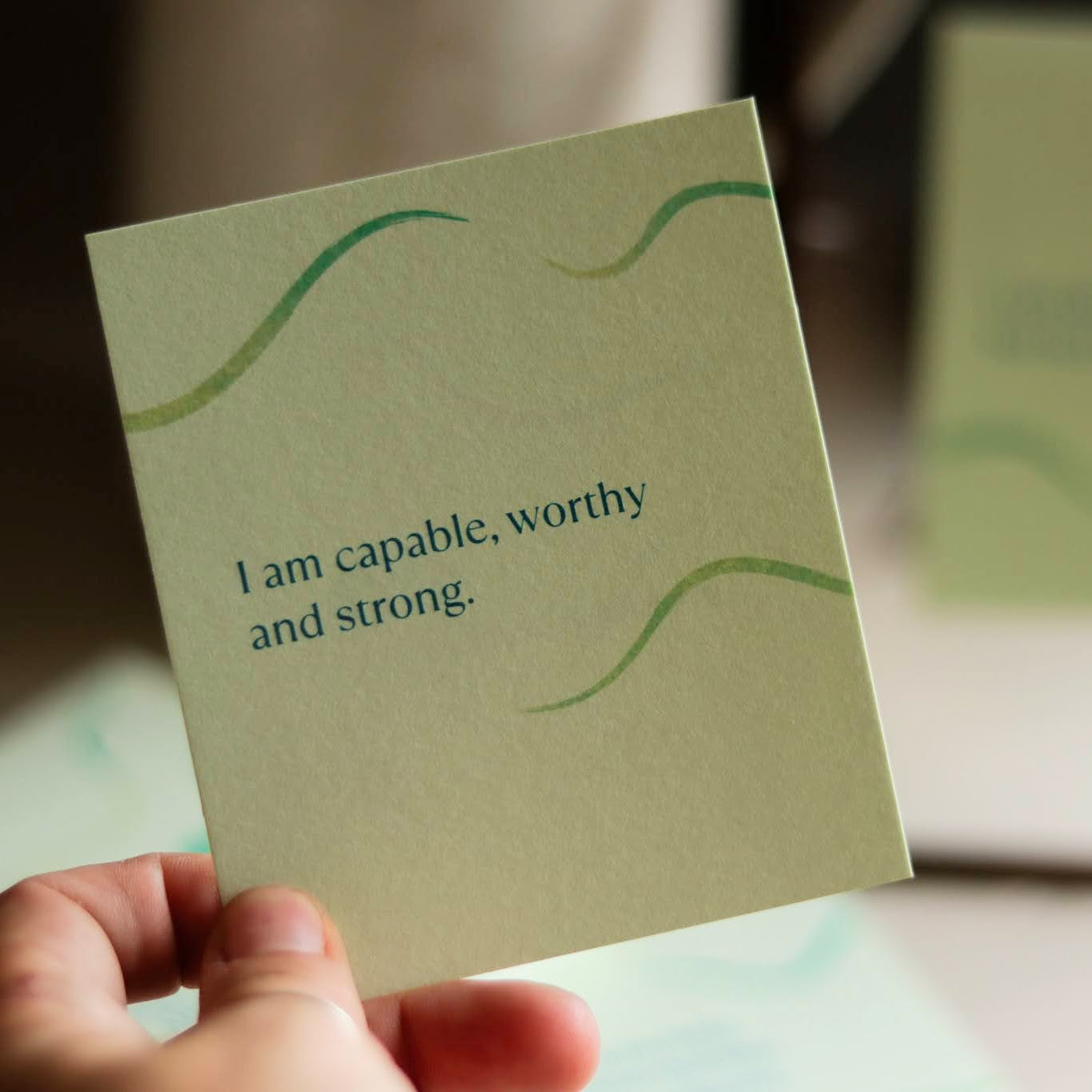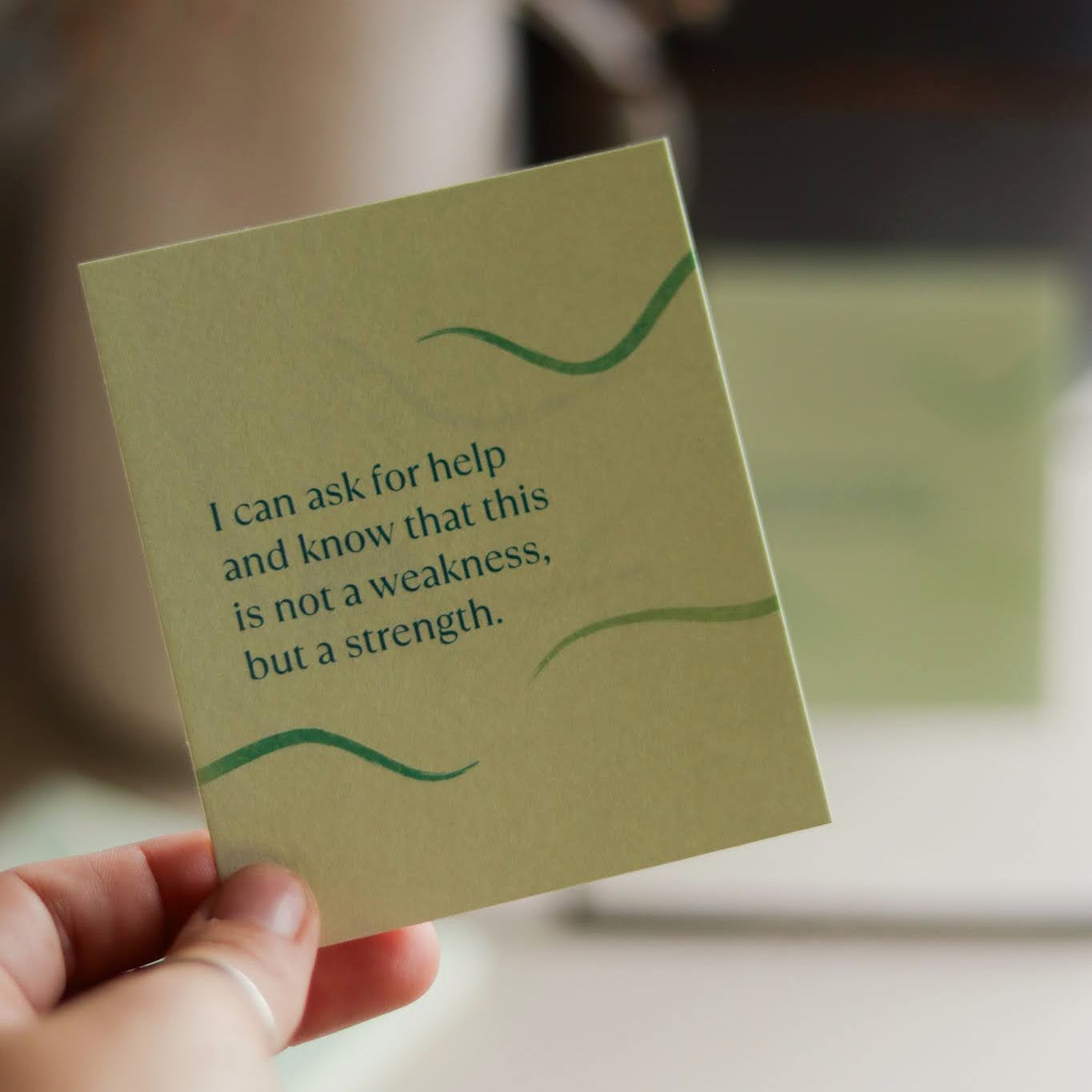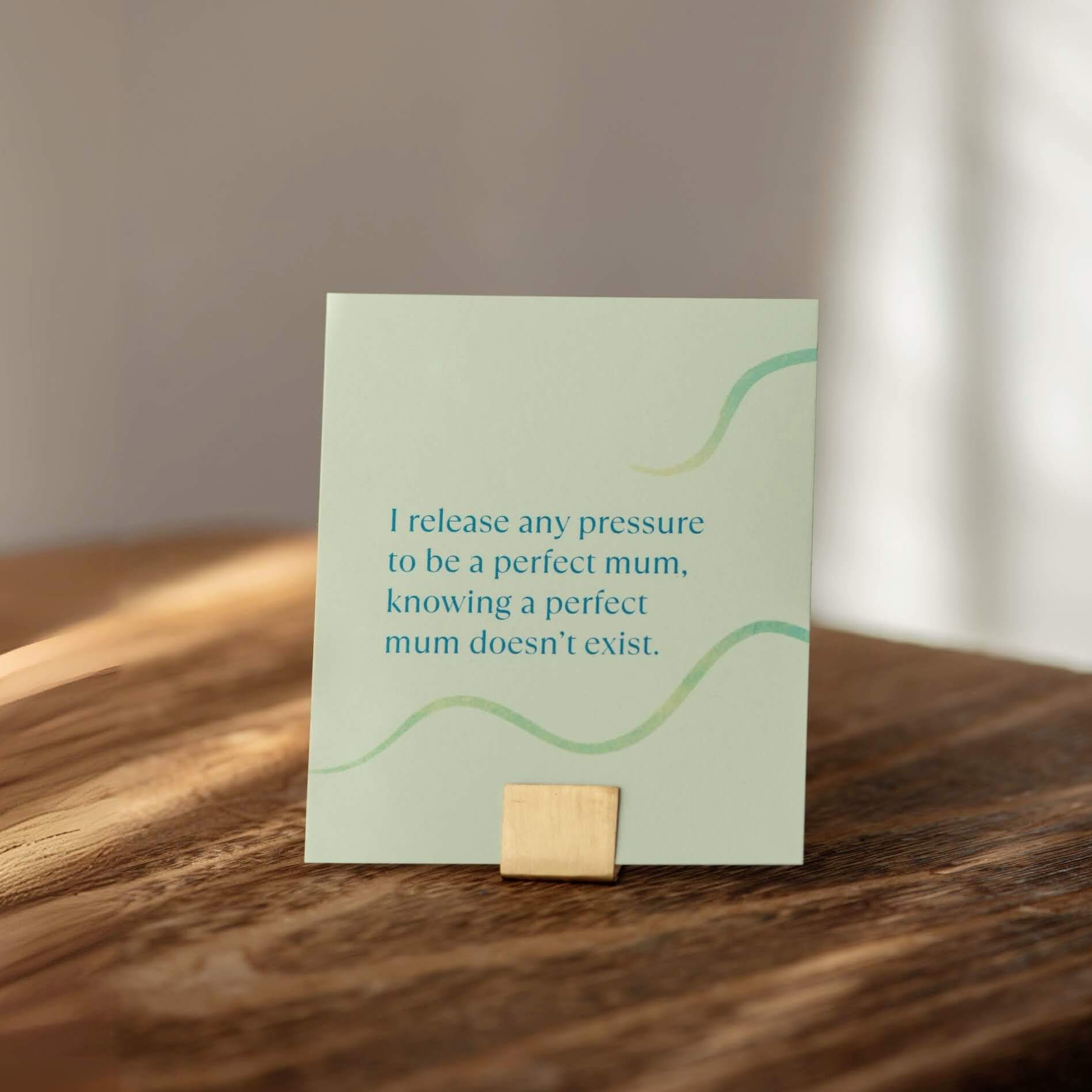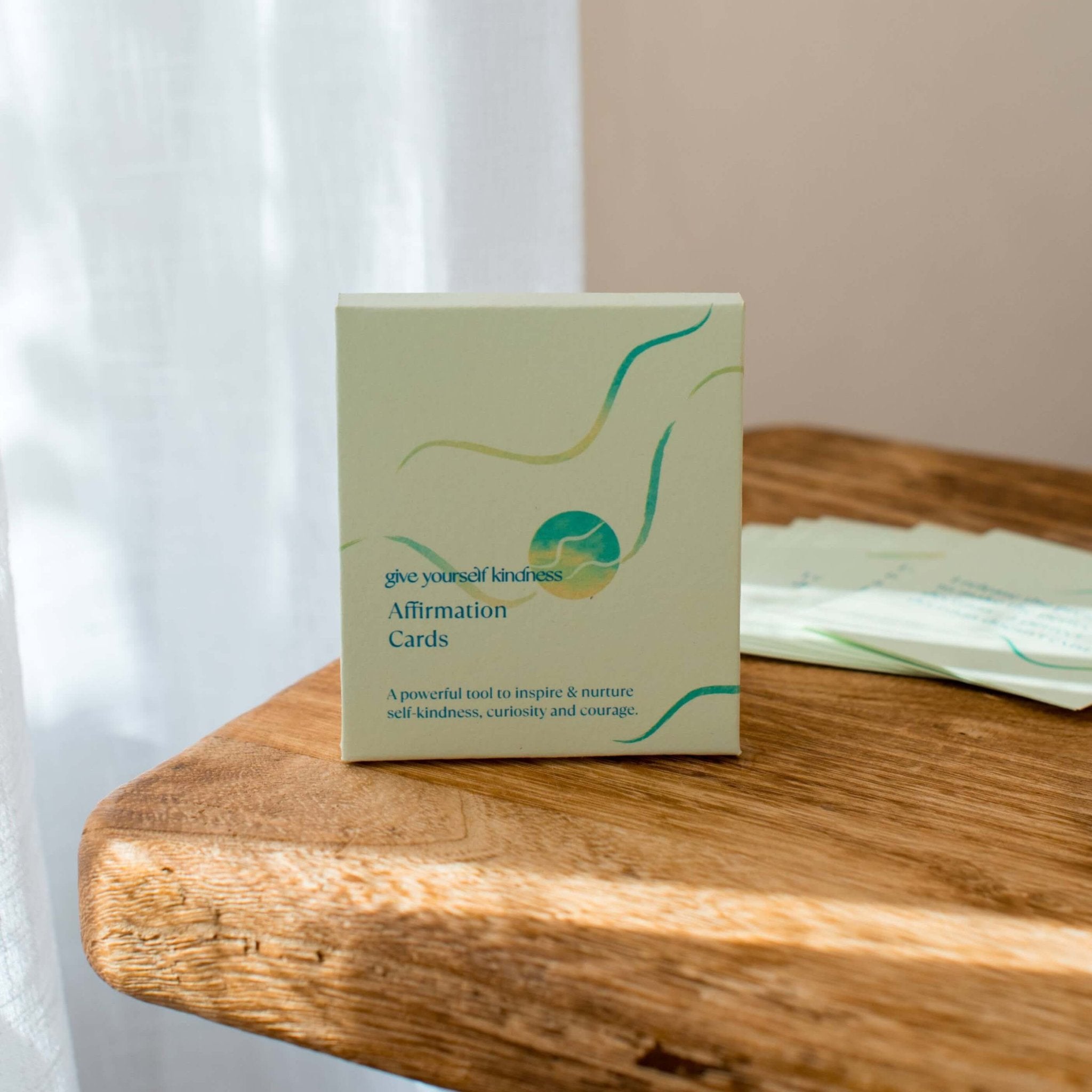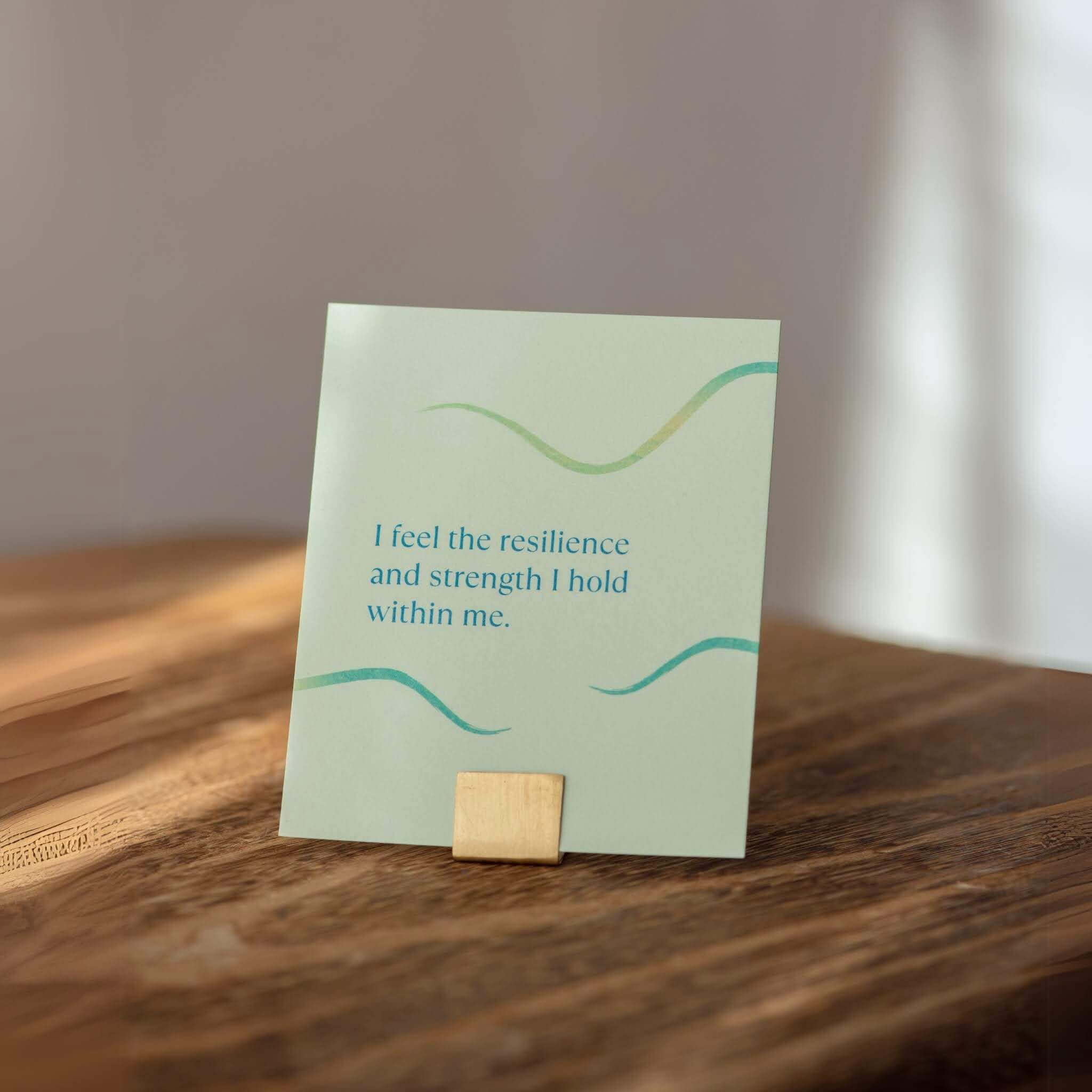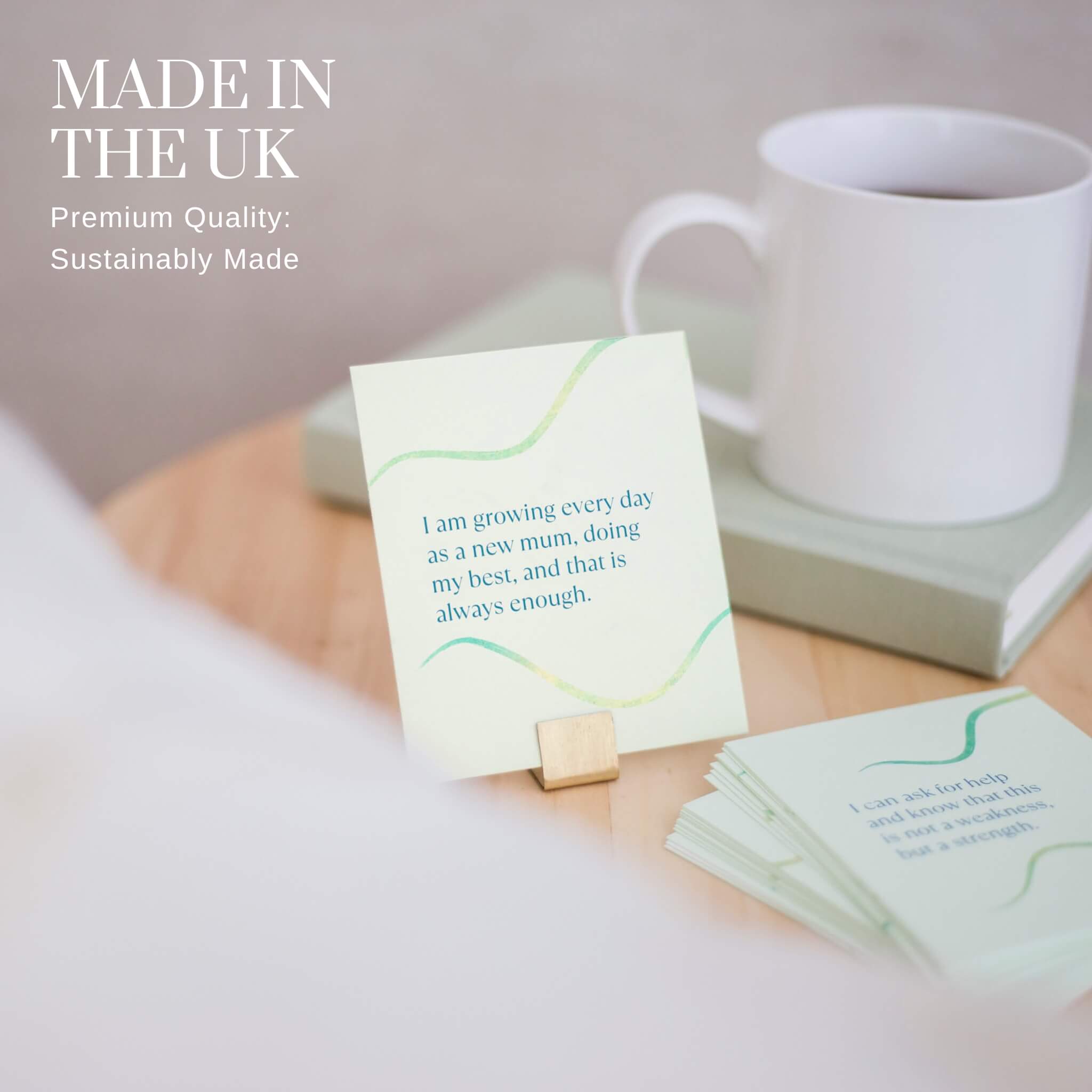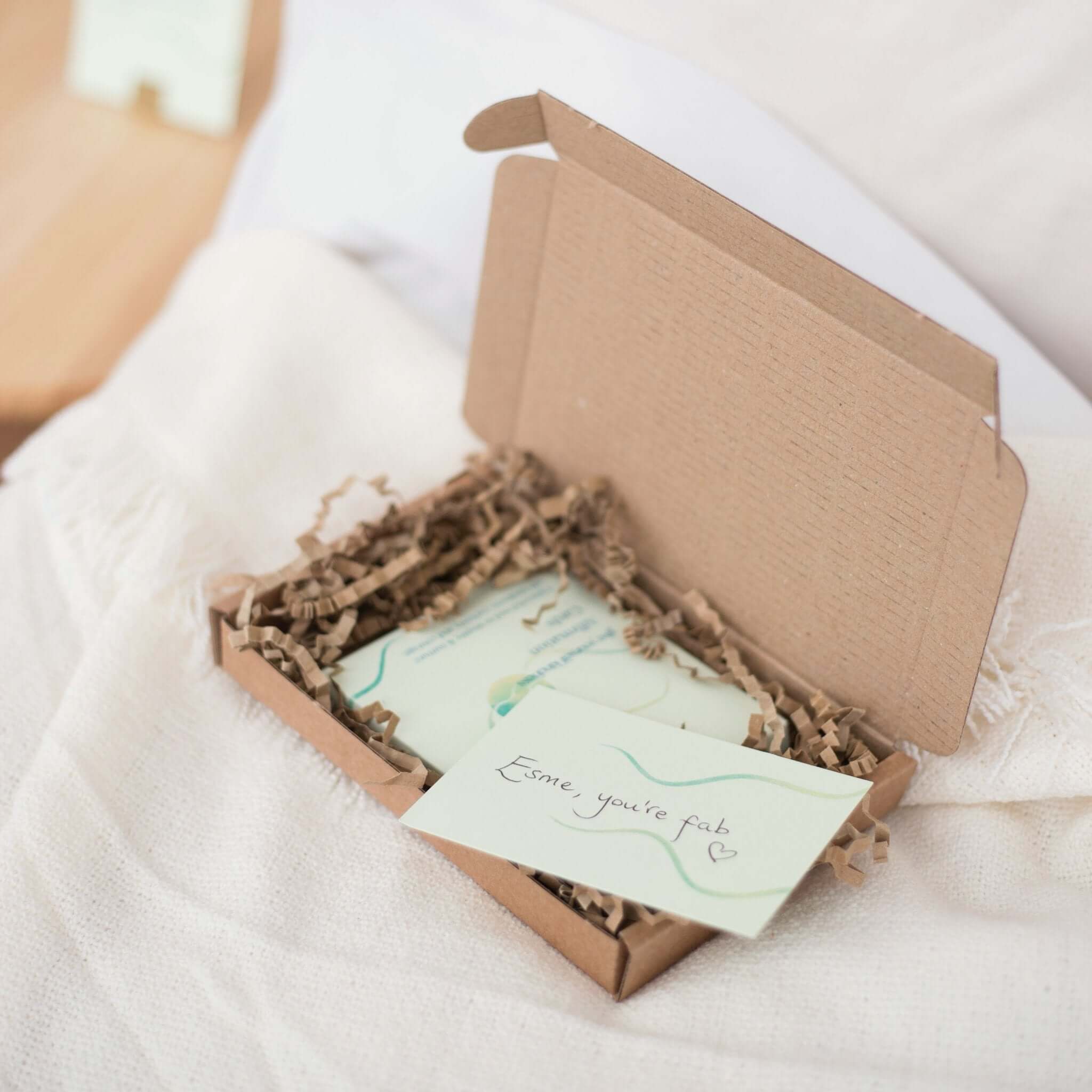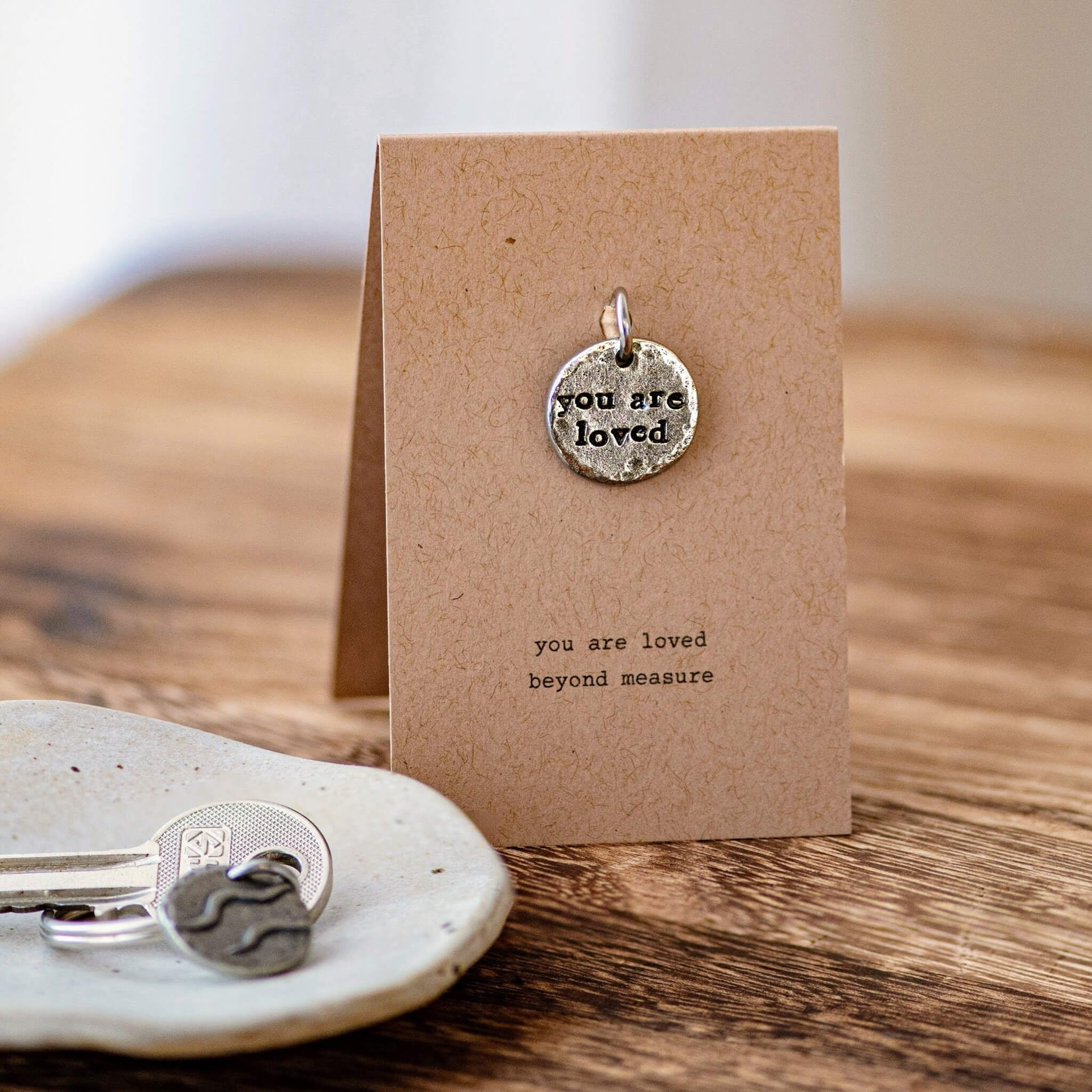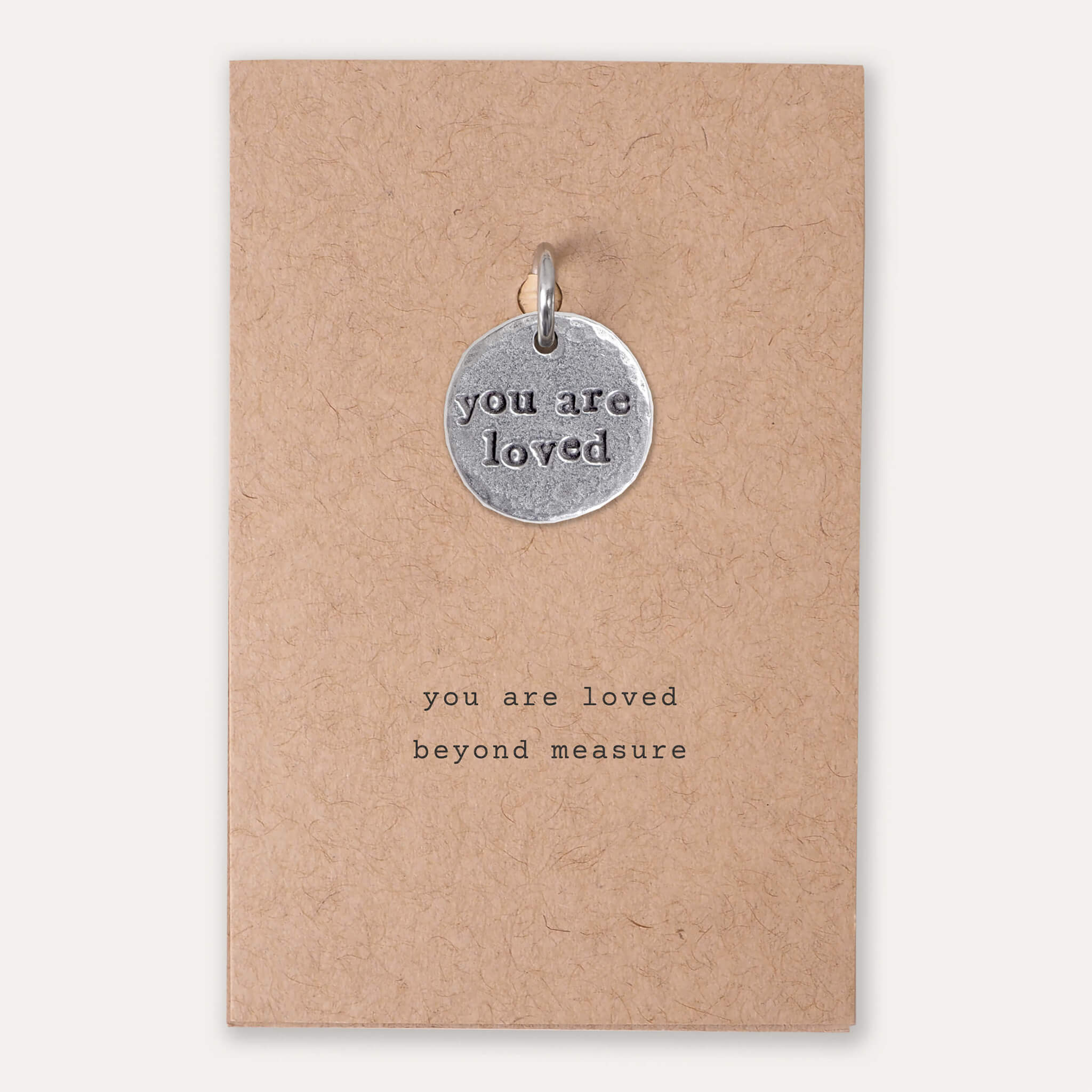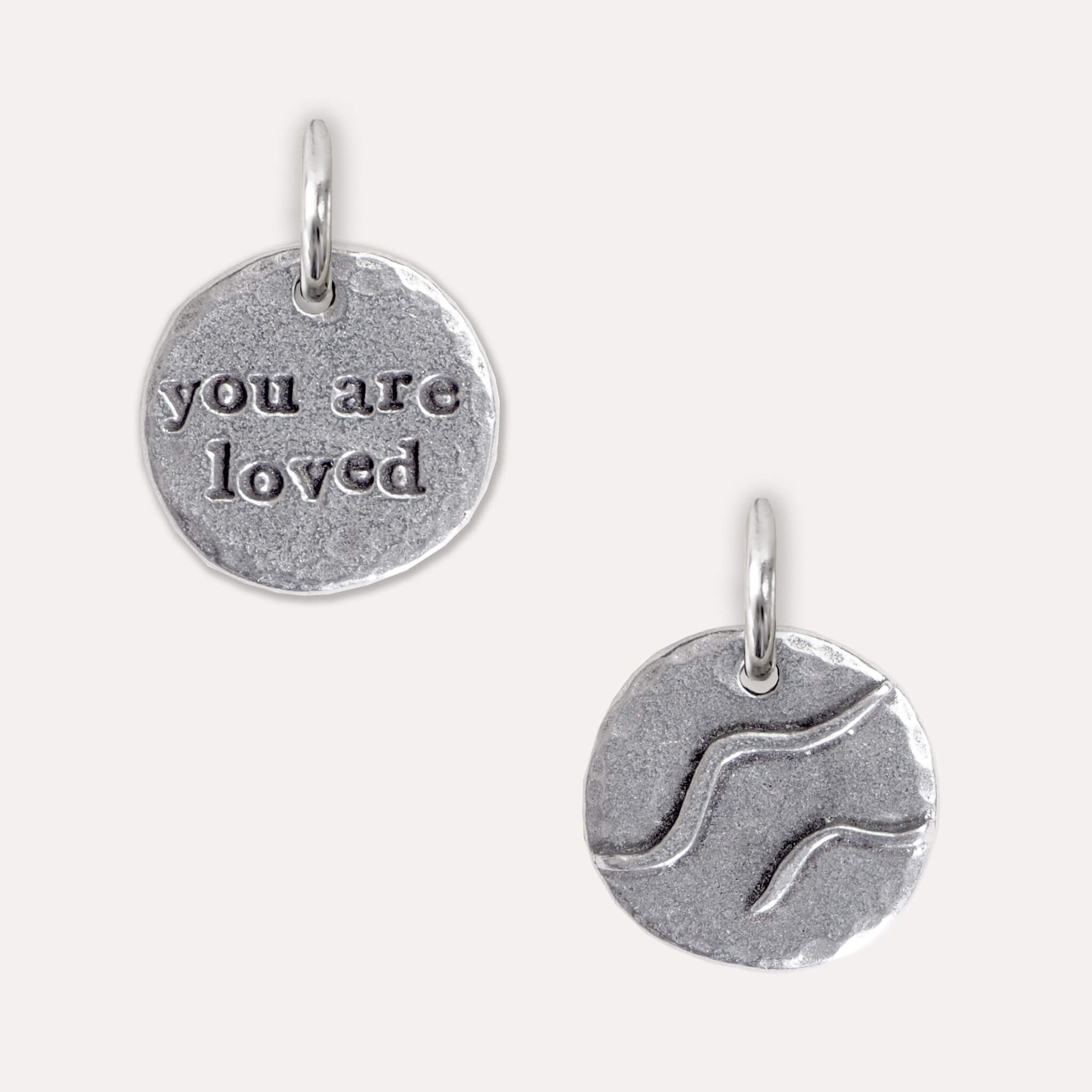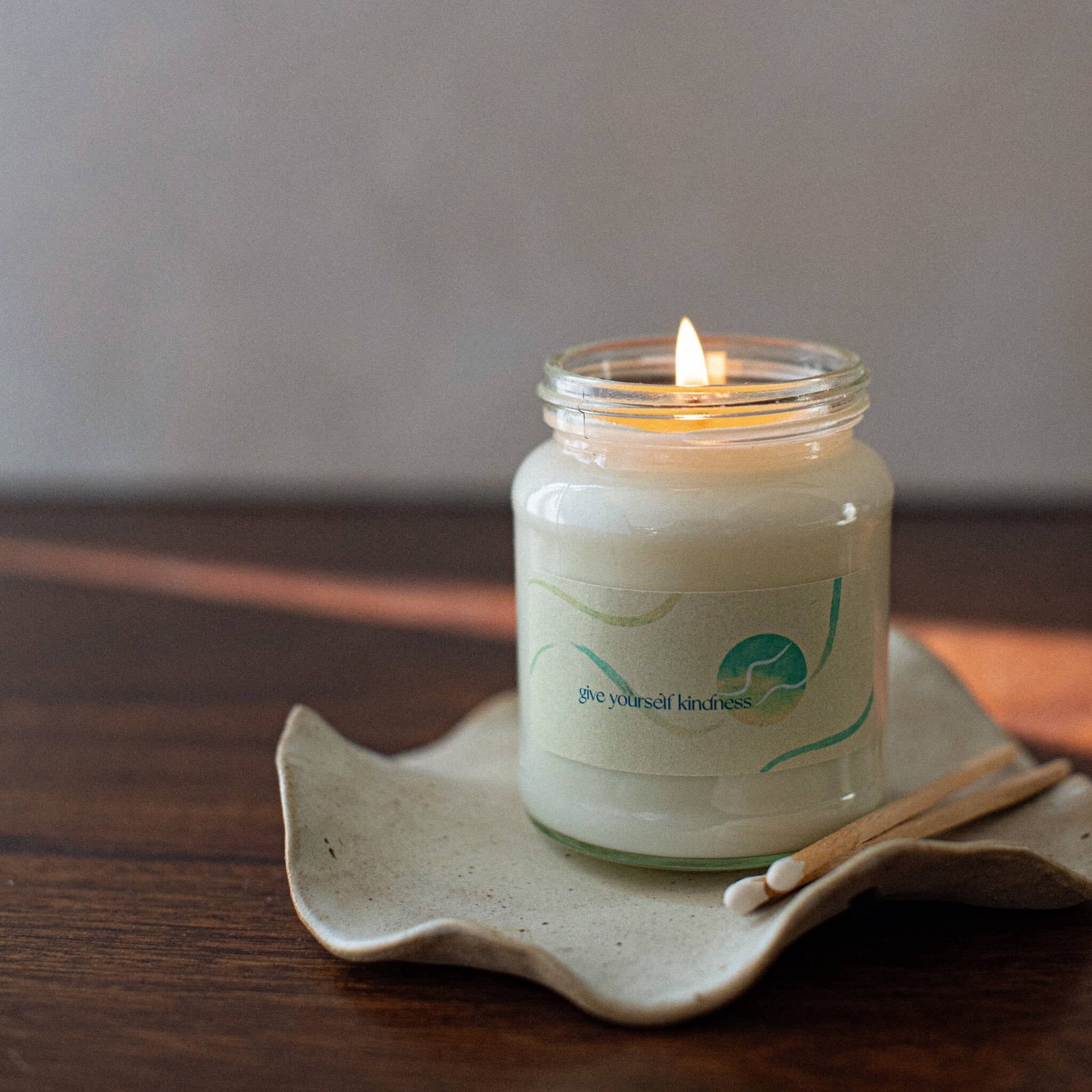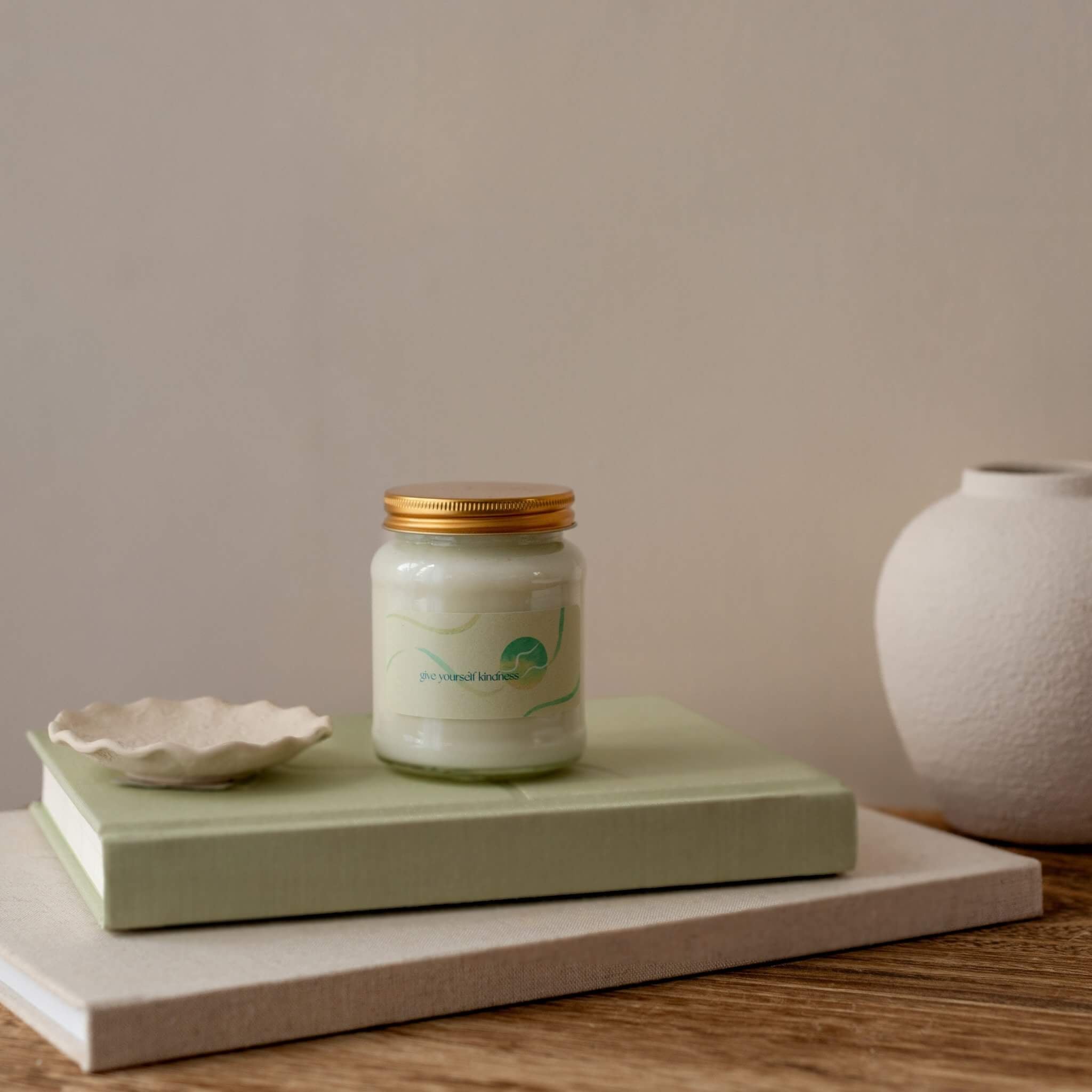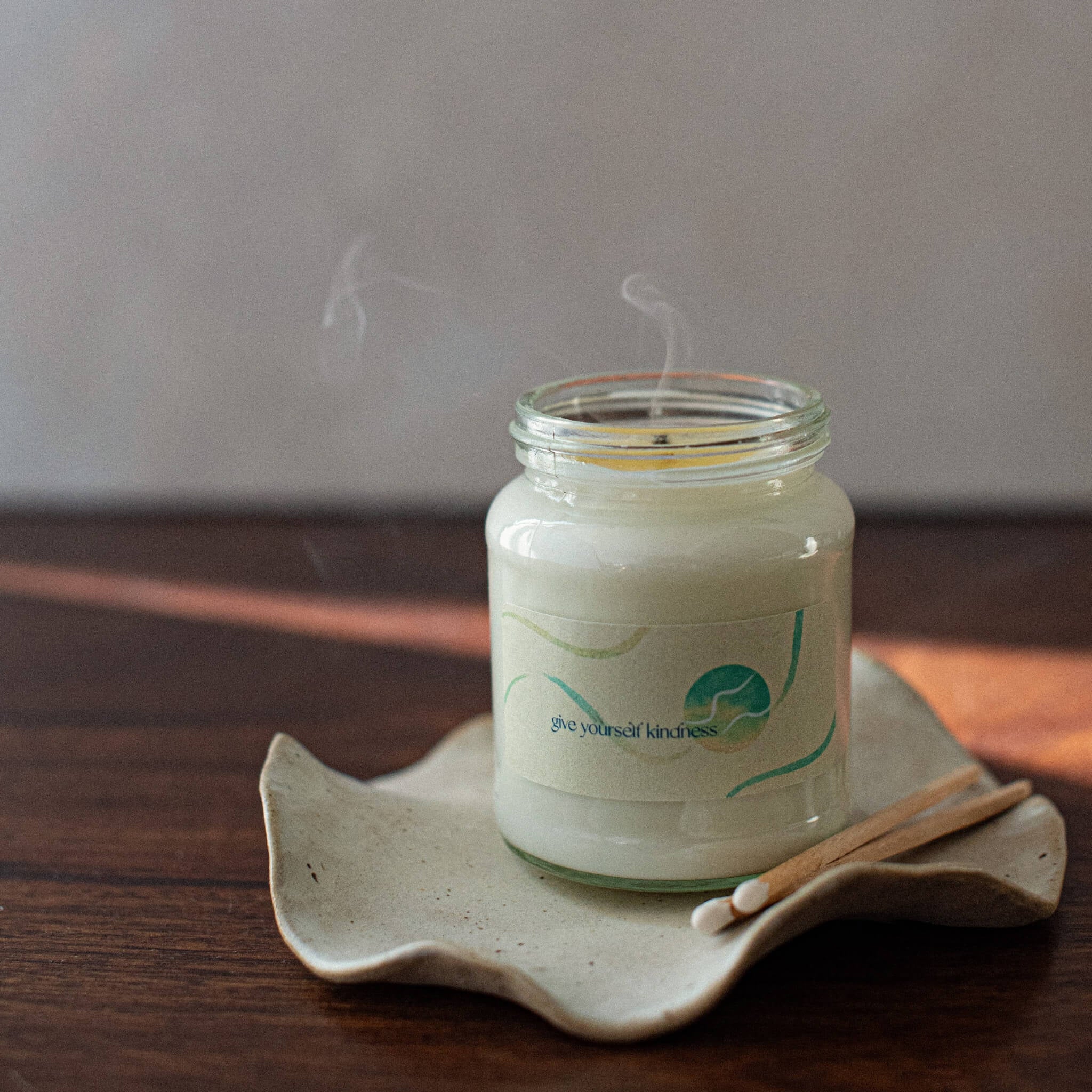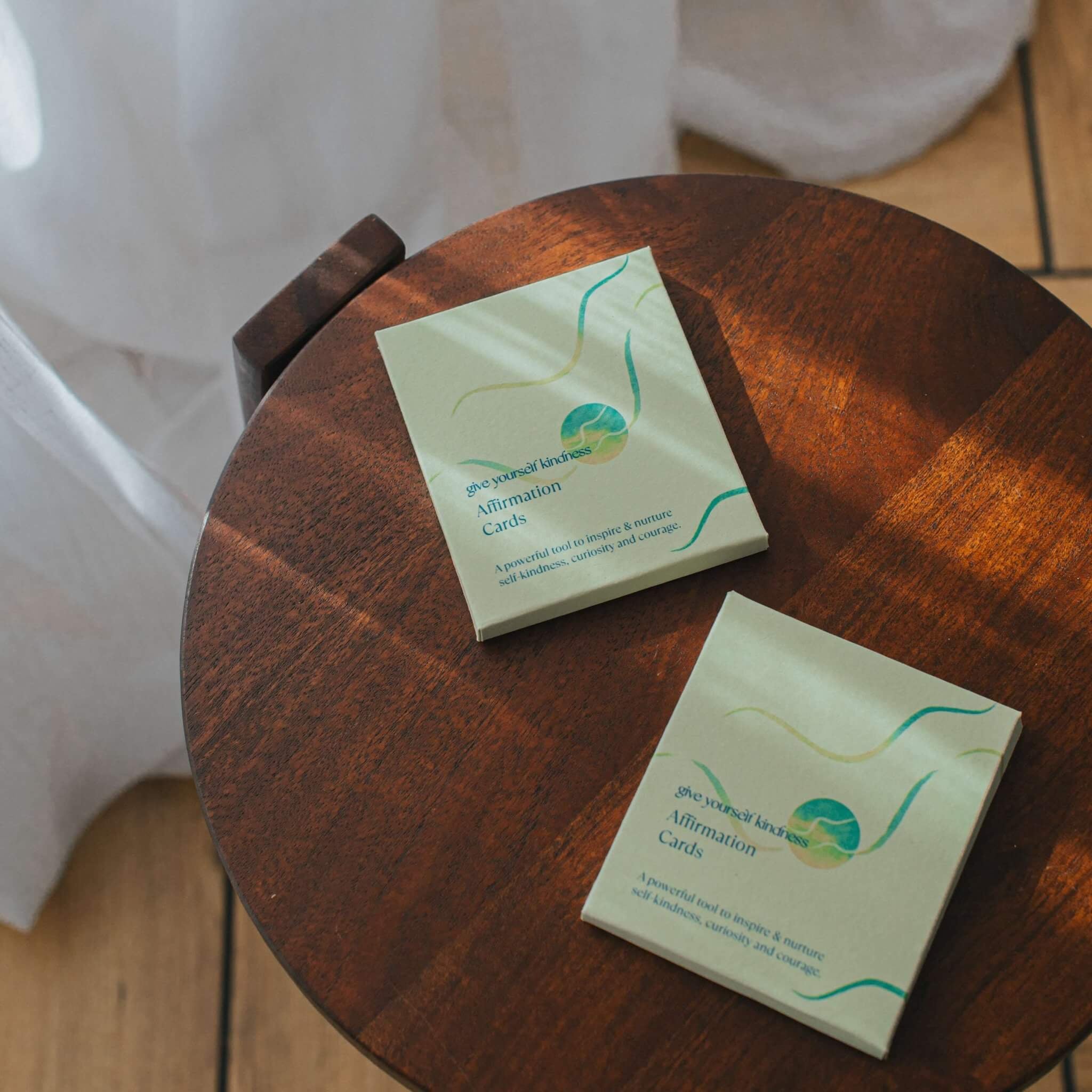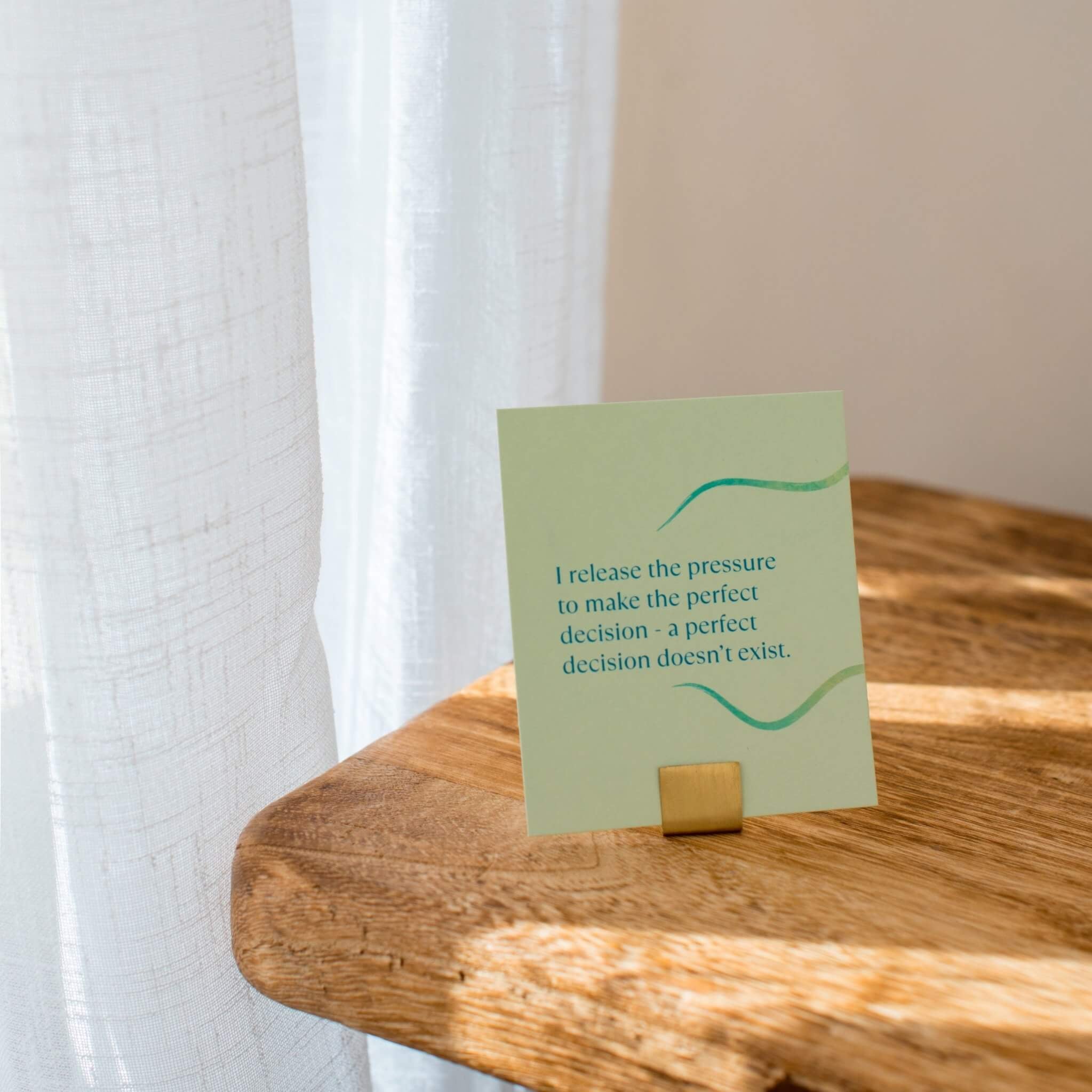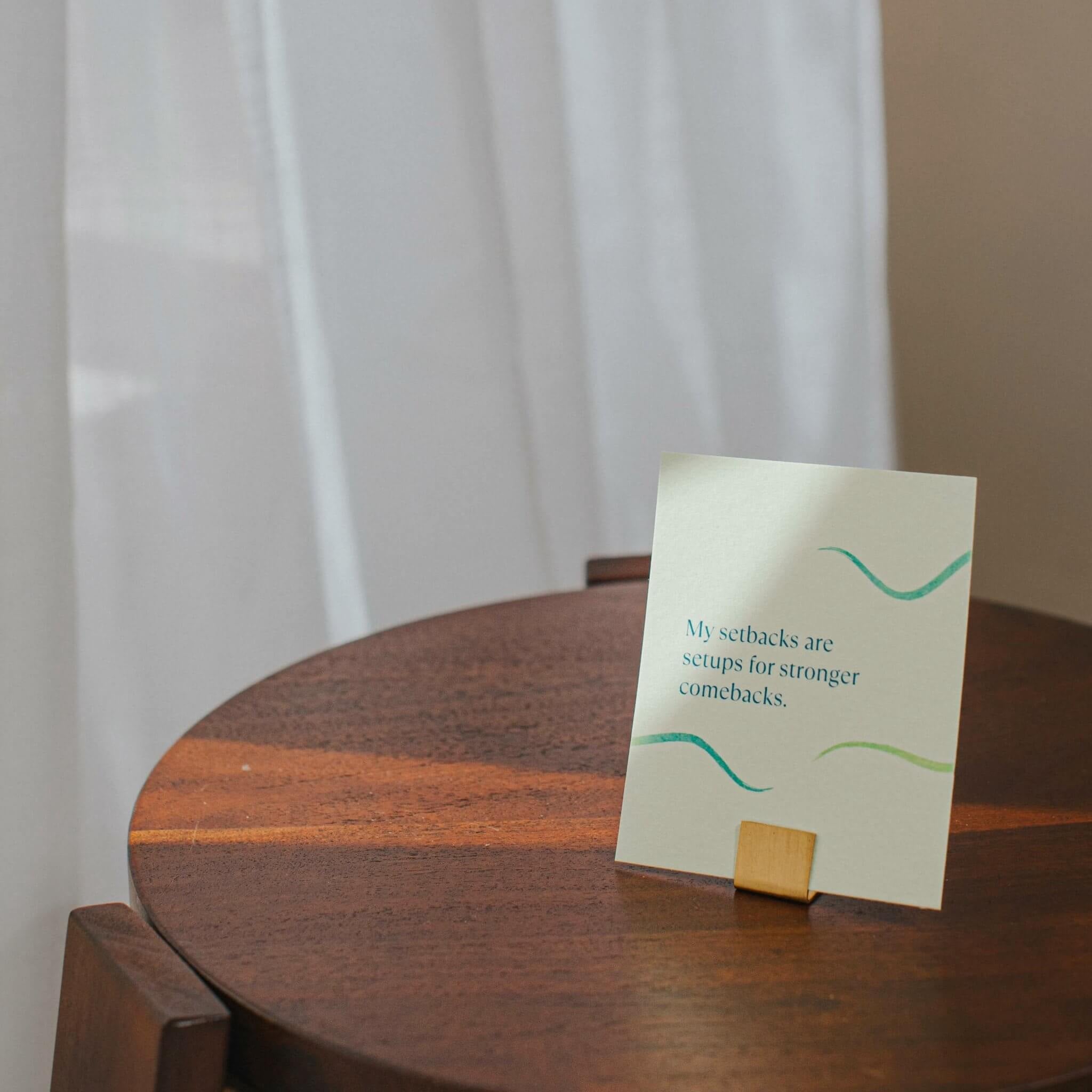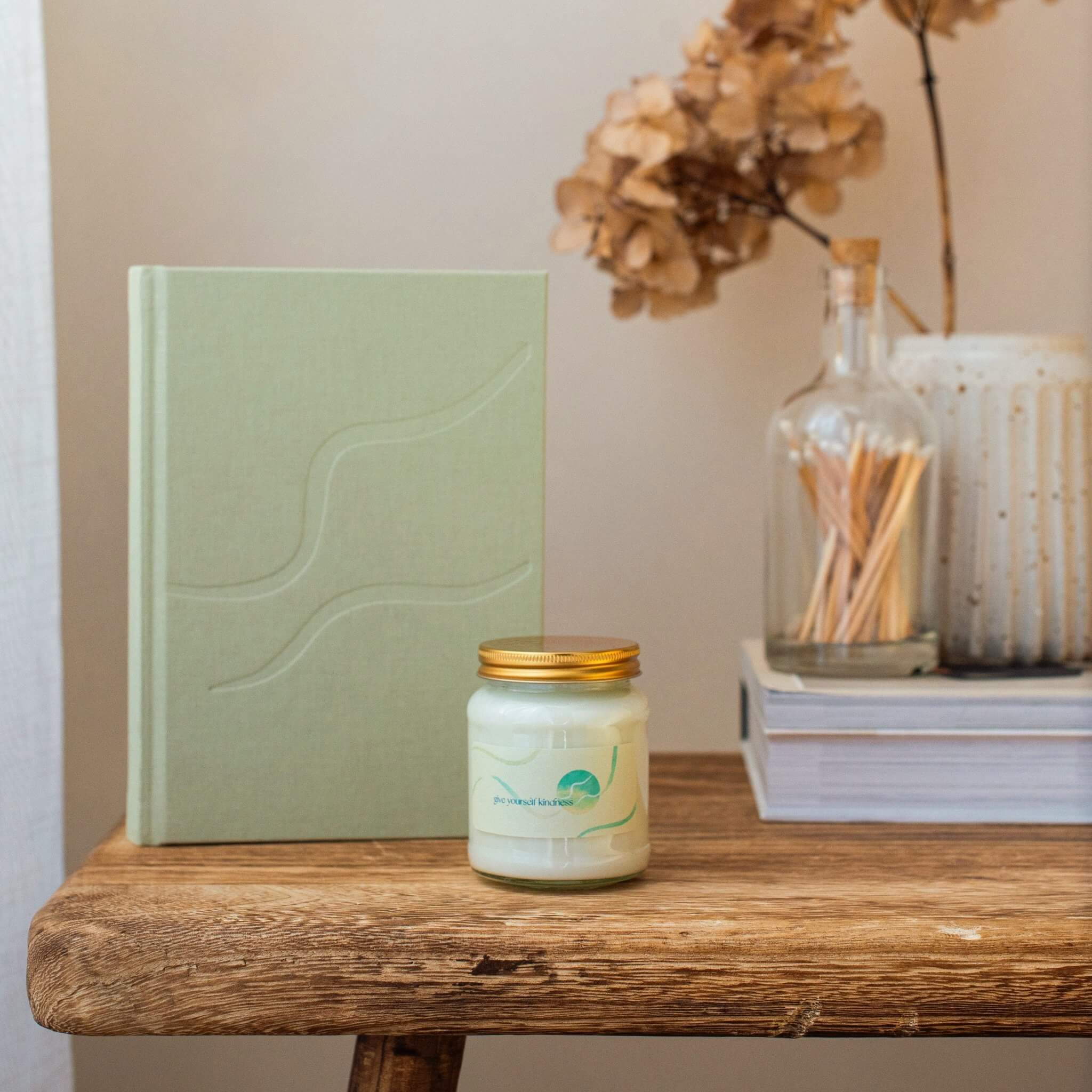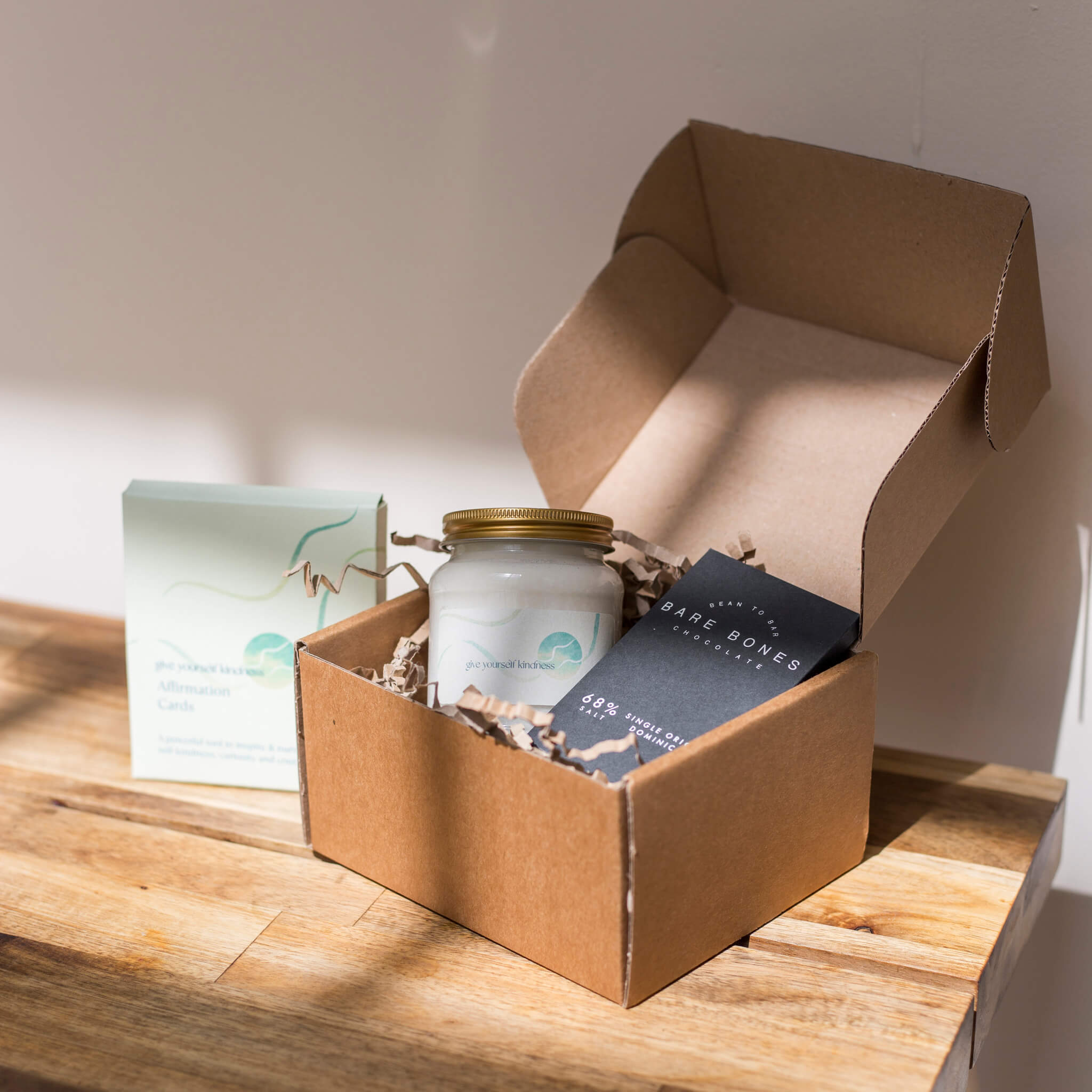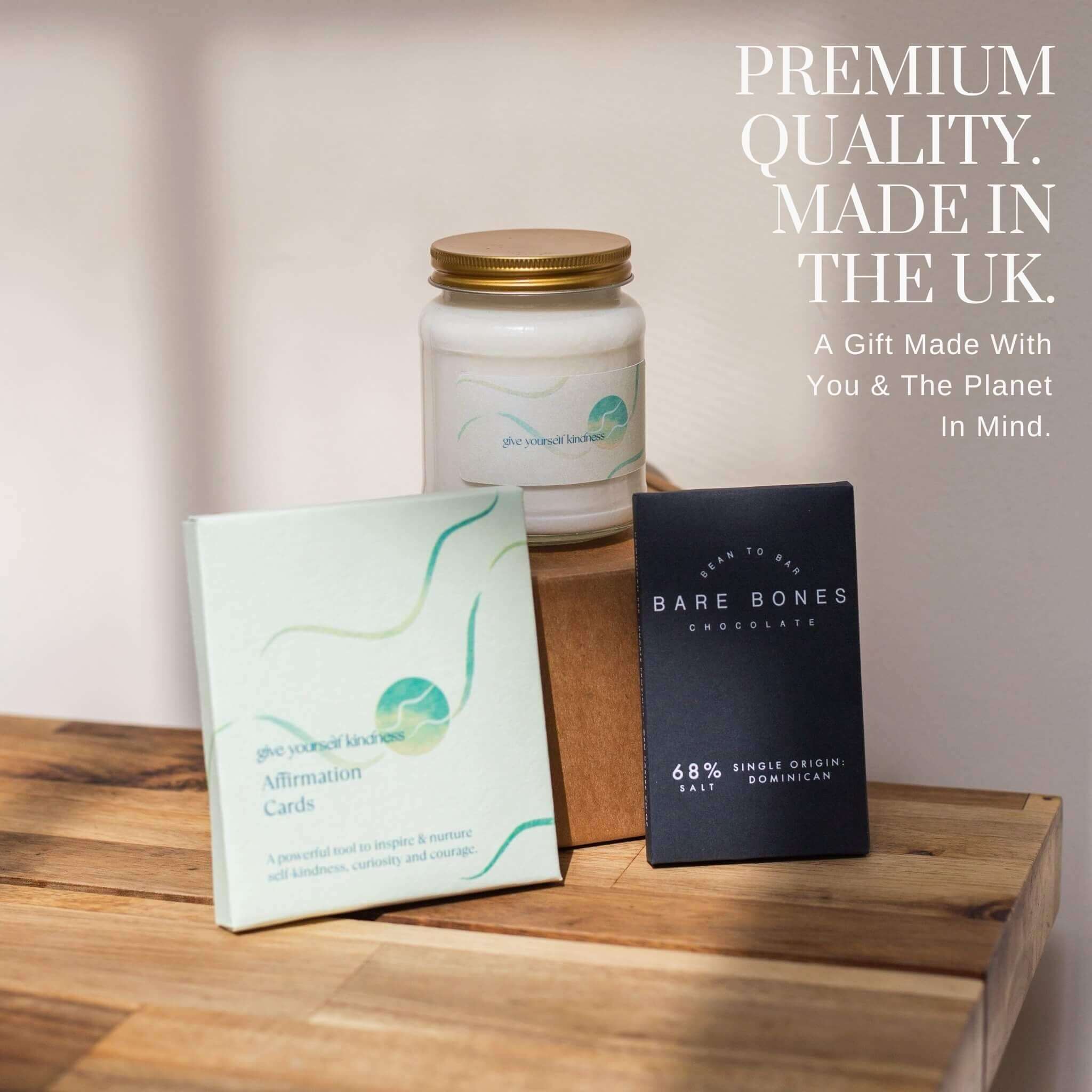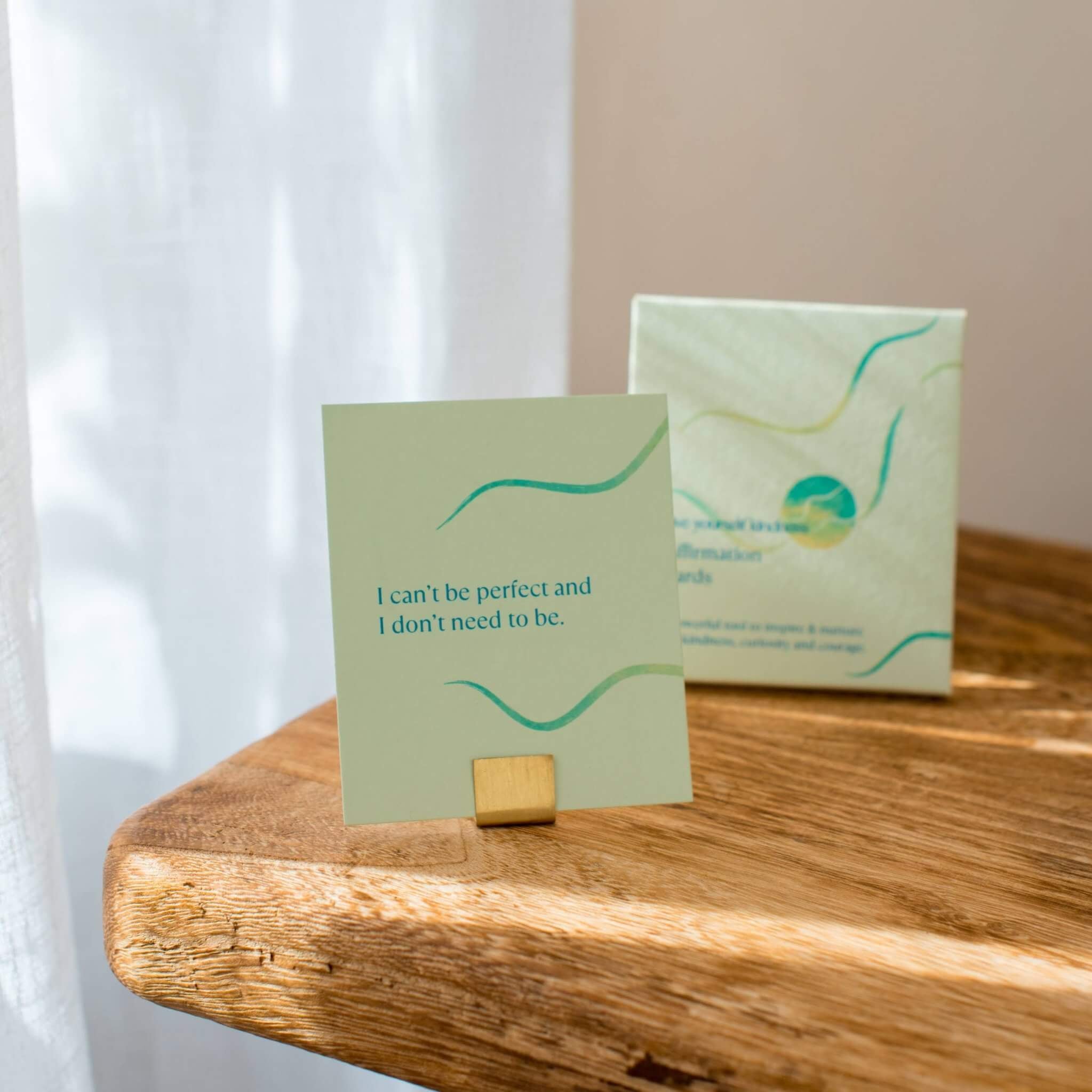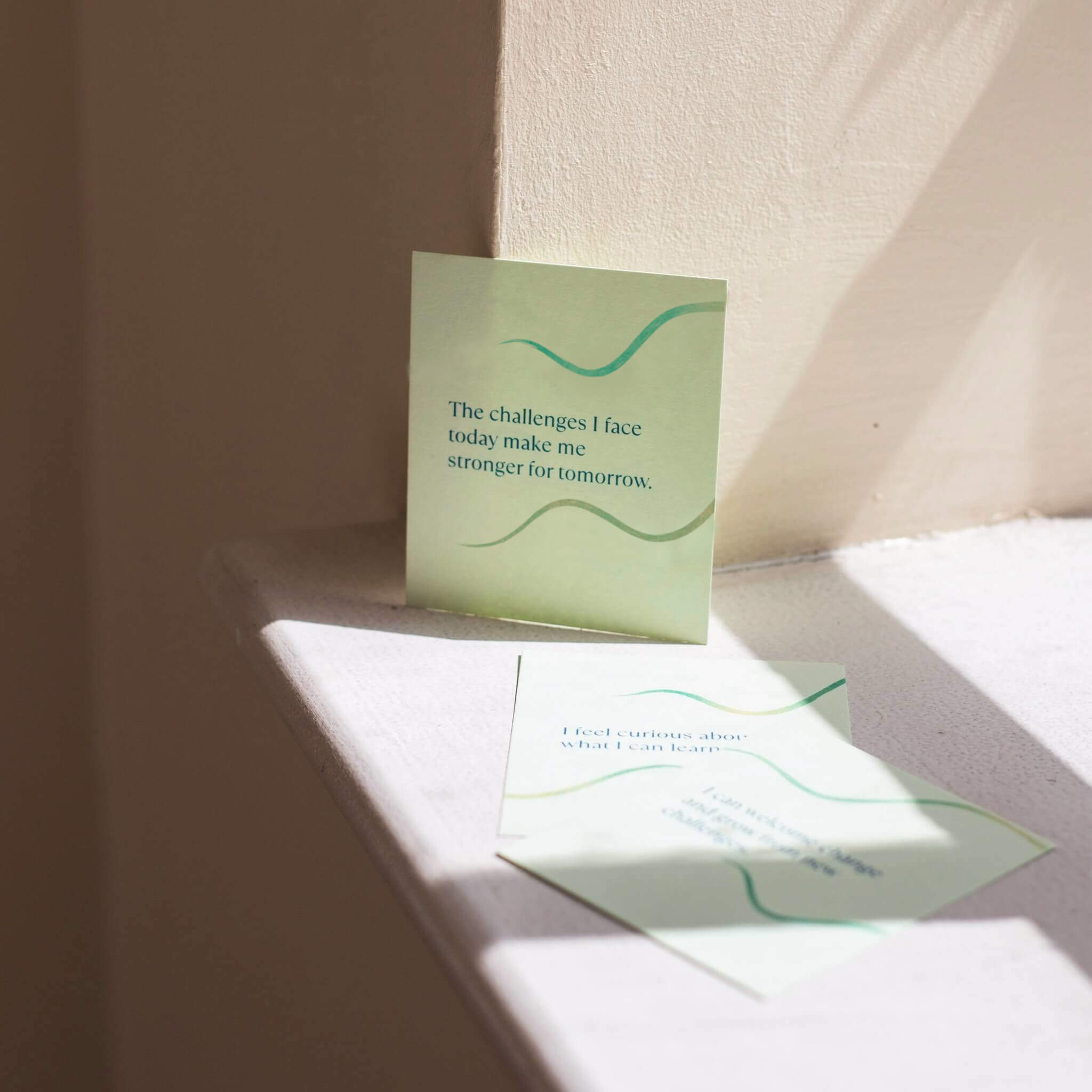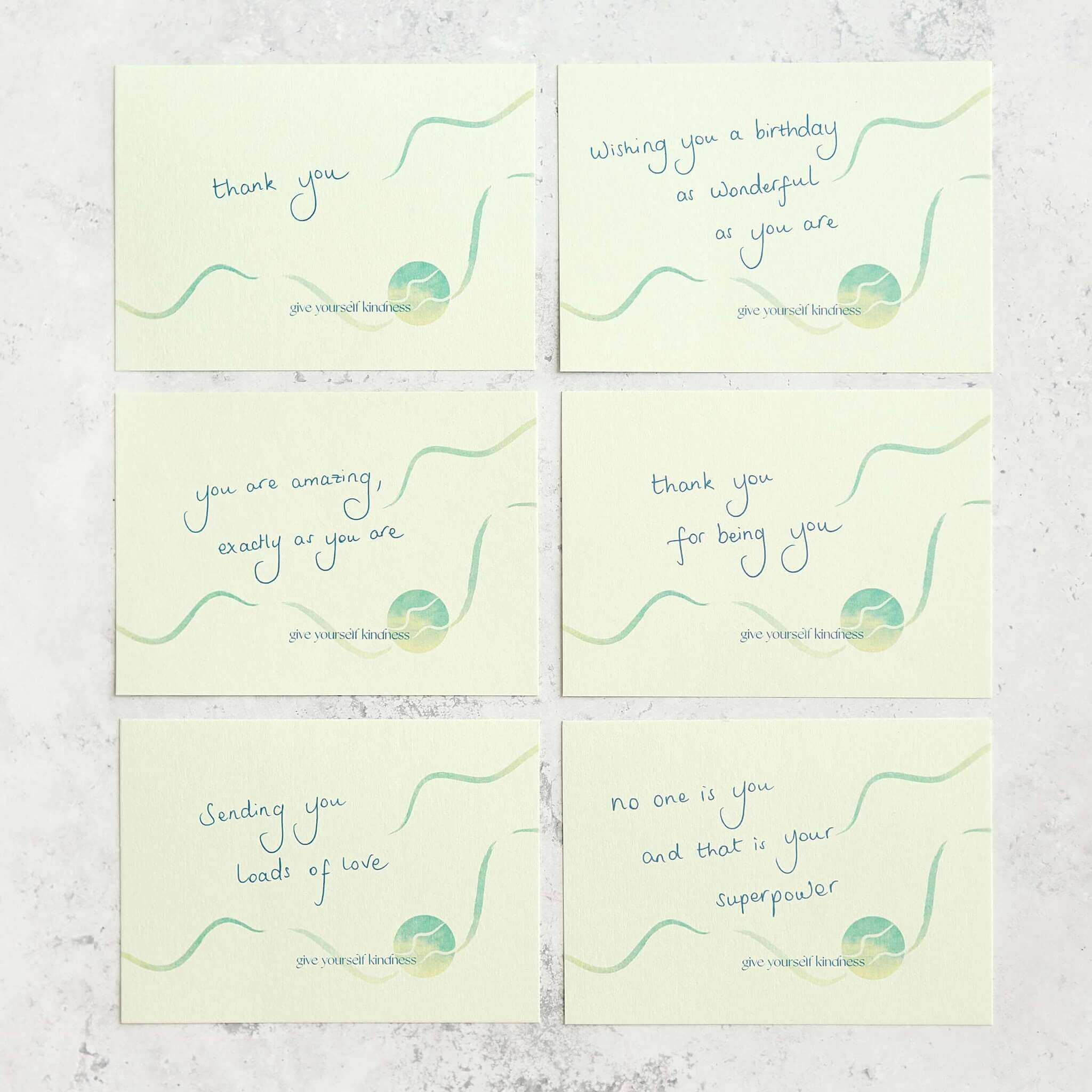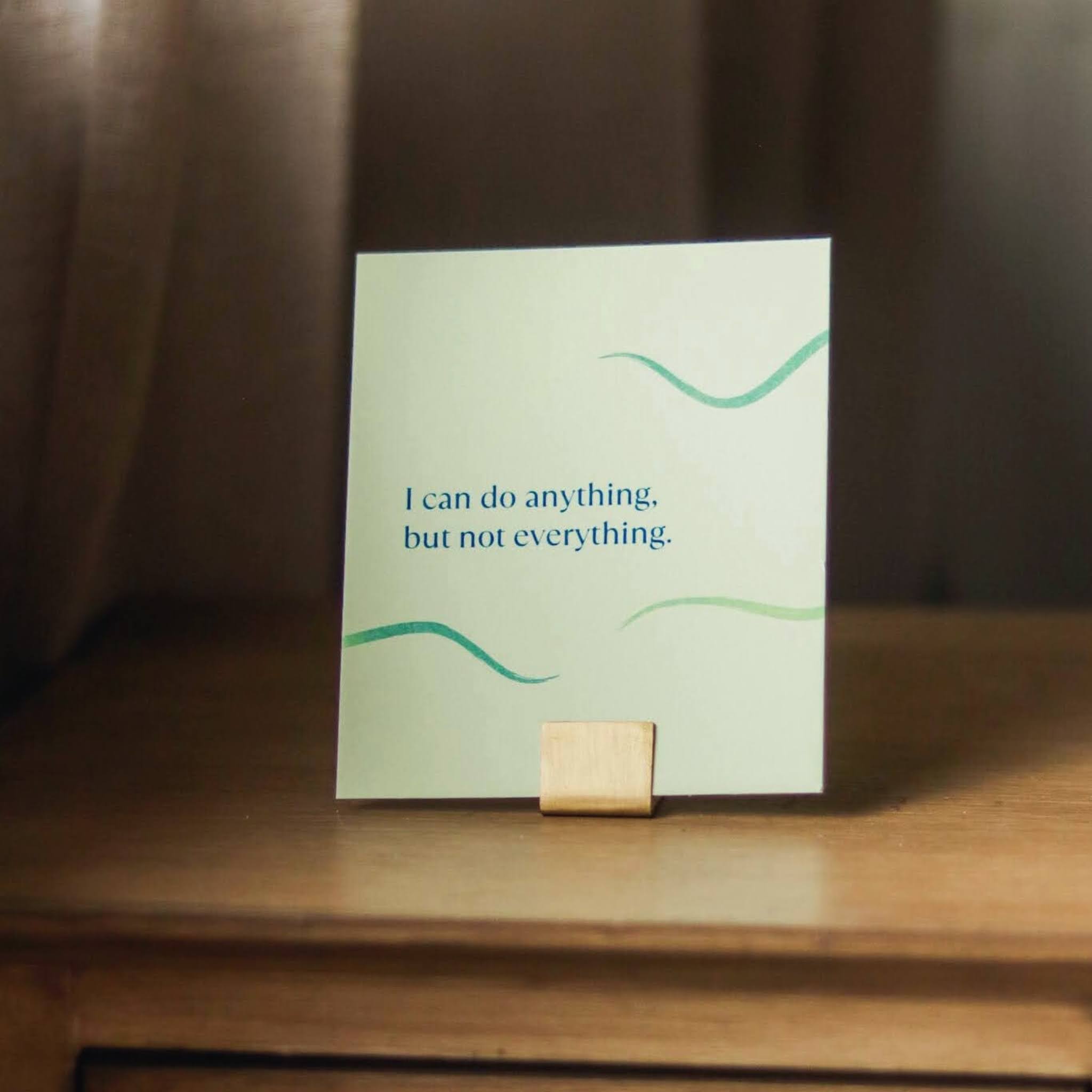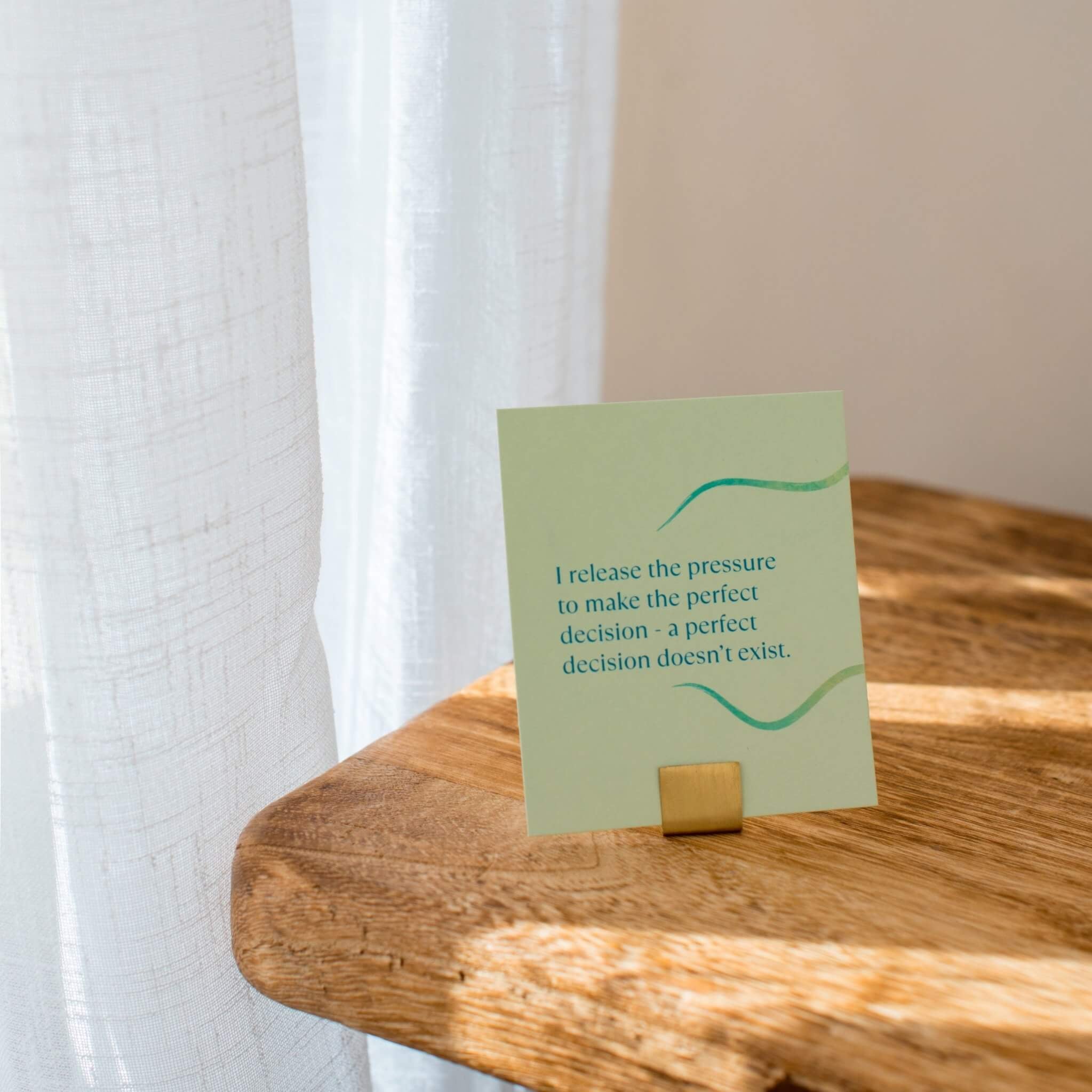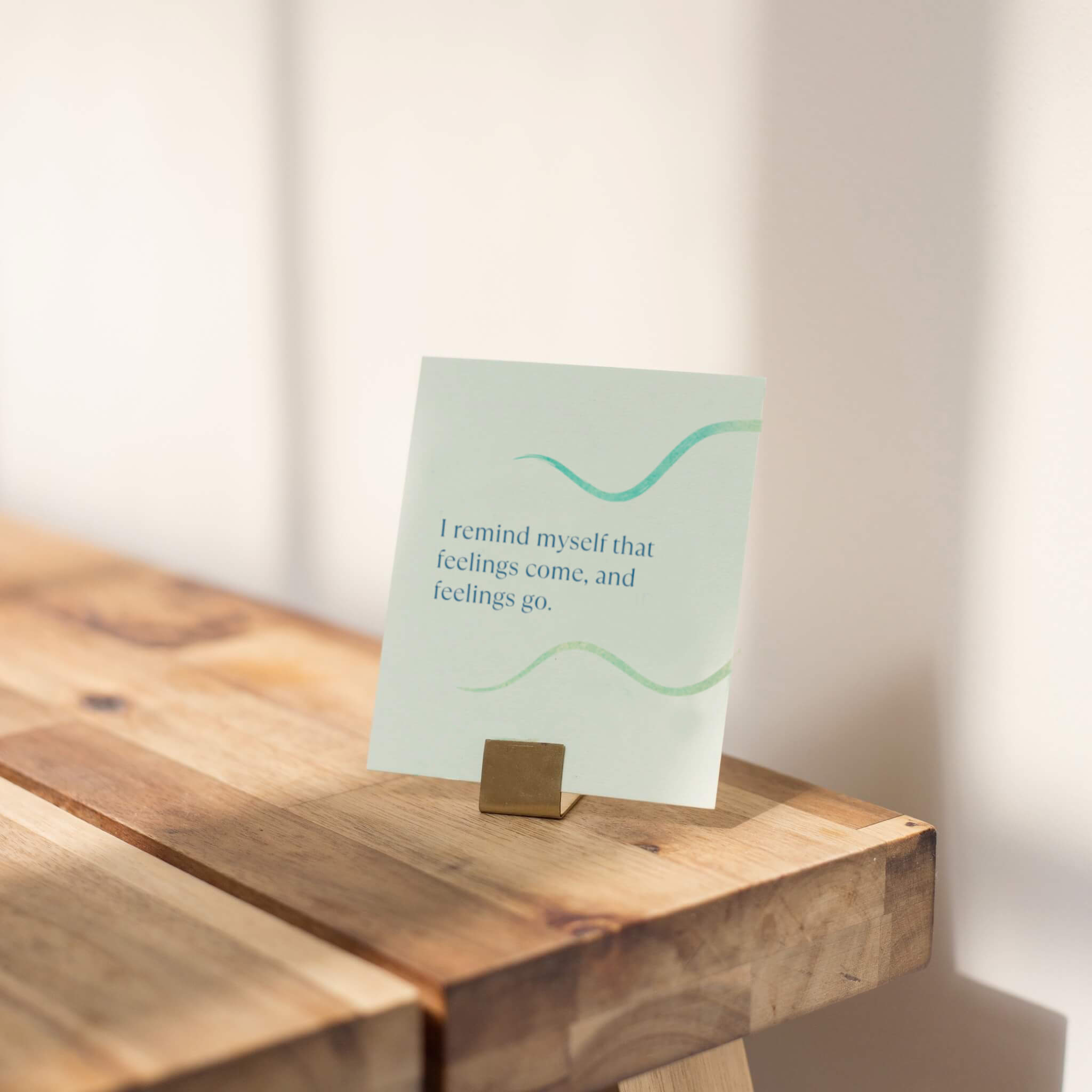Curious about self-compassion?
Hear from expert clinical psychologists, doctors and therapists around the world and discover the research behind self-compassion, and why the time for self-compassion and Give Yourself Kindness is now.
9 steps to forgiveness
Harboring resentment binds us to our pain, but true forgiveness isn't about condoning harmful actions. Dr. Frederic Luskin, Stanford's renowned forgiveness expert, shares nine practical steps that help us acknowledge our hurt while creating space for healing—showing us how to make peace with what we don't approve of and reclaim our personal power.
Do affirmations really work? I asked 5 Psychologists
Affirmations can be powerful tools for personal growth, but their effectiveness isn't universal. Dr. Jeffrey McDonnell, specialist Clinical Psychologist, and Dr. Caroline Lee, PhD, explain that affirmations must be "developed and applied thoughtfully" to be beneficial. Willem Kuyken, PhD—ranked among the top 1% most cited scientists globally—suggests "integrating affirmations into mindfulness practice" for lasting change, while clinical psychologists Dr. Kyle Dortch and Dr. Michelle Chung emphasize aligning "behavior with your words" rather than relying on "magic words."
What mindfulness is not
Chris Germer, PhD, clinical psychologist, Harvard lecturer, and co-developer of Mindful Self-Compassion, challenges common misconceptions about mindfulness. Explore what mindfulness isn’t—it’s not about relaxation, emptying the mind, or escaping pain—and discover how it can help you develop a deeper, more accepting relationship with your thoughts and emotions.
The benefits of journaling: from 3 Clinical Psychologists
The art of mindful self-care: why small moments matter
Discover how mindful self-care can flourish in life's smallest moments with insights from Dr. Michelle Chung, an experienced clinical psychologist. Learn why true self-care doesn't require a two-hour yoga class and how tiny rituals—from mindful breathing to gratitude practices—can build lasting resilience.
Forgiving someone who has hurt us
Holding onto anger can be corrosive, but forgiveness shouldn’t be rushed. Kristin Neff, PhD, a pioneering self-compassion expert, explains how understanding the causes behind someone's actions can make it easier to let go of resentment and find peace.
Can you ever give yourself too much self-compassion?
Being with difficult emotions
Difficult emotions can feel overwhelming, but self-compassion offers a new way to relate to them. Kristin Neff, PhD, shares practical techniques—like labeling emotions, tuning into the body, and softening resistance—to help you navigate pain with kindness rather than struggle.
How gratitude changes your brain, health and relationships
Gratitude transforms more than just your mood—it rewires your brain for happiness. Amy Morin LCSW, psychotherapist and international bestselling author, reveals how this powerful practice creates a "big warm hug" for your brain by releasing dopamine and serotonin. Learn simple, non-corny ways to incorporate gratitude into daily life, from two-minute journaling to thoughtful appreciation rituals that strengthen relationships and improve physical health without falling into toxic positivity.
Why is self-compassion so hard?
Self-criticism often masquerades as motivation. Dr. Bianca Nardini, a London-based clinical psychologist, explores why we default to our harsh inner coach rather than the supportive one. Self-compassion isn't about lowering standards—it's about changing your approach to meeting them, using encouragement rather than punishment as your primary tool.
12 ways to forgive yourself – no matter what you’ve done!
Holding onto past mistakes can trap us in cycles of shame and regret, but true self-forgiveness isn't about dismissing our actions. Dr. Frederic Luskin, Stanford's leading forgiveness researcher, shares twelve practical steps that help us acknowledge our missteps while creating space for healing and growth—showing us how to make peace with our past without minimizing its impact.
How to embrace your emotions: the 4A's
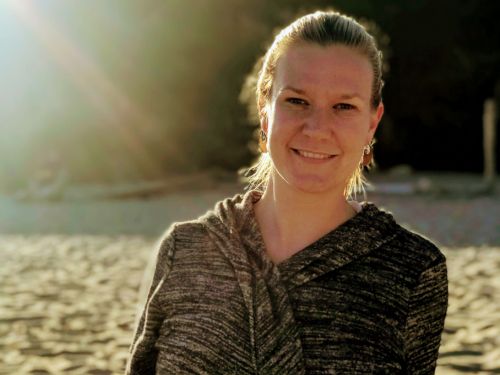

One of your favourites...
How to embrace your emotions: the 4A's.By psychotherapist and writer Nina Holle.





